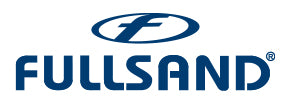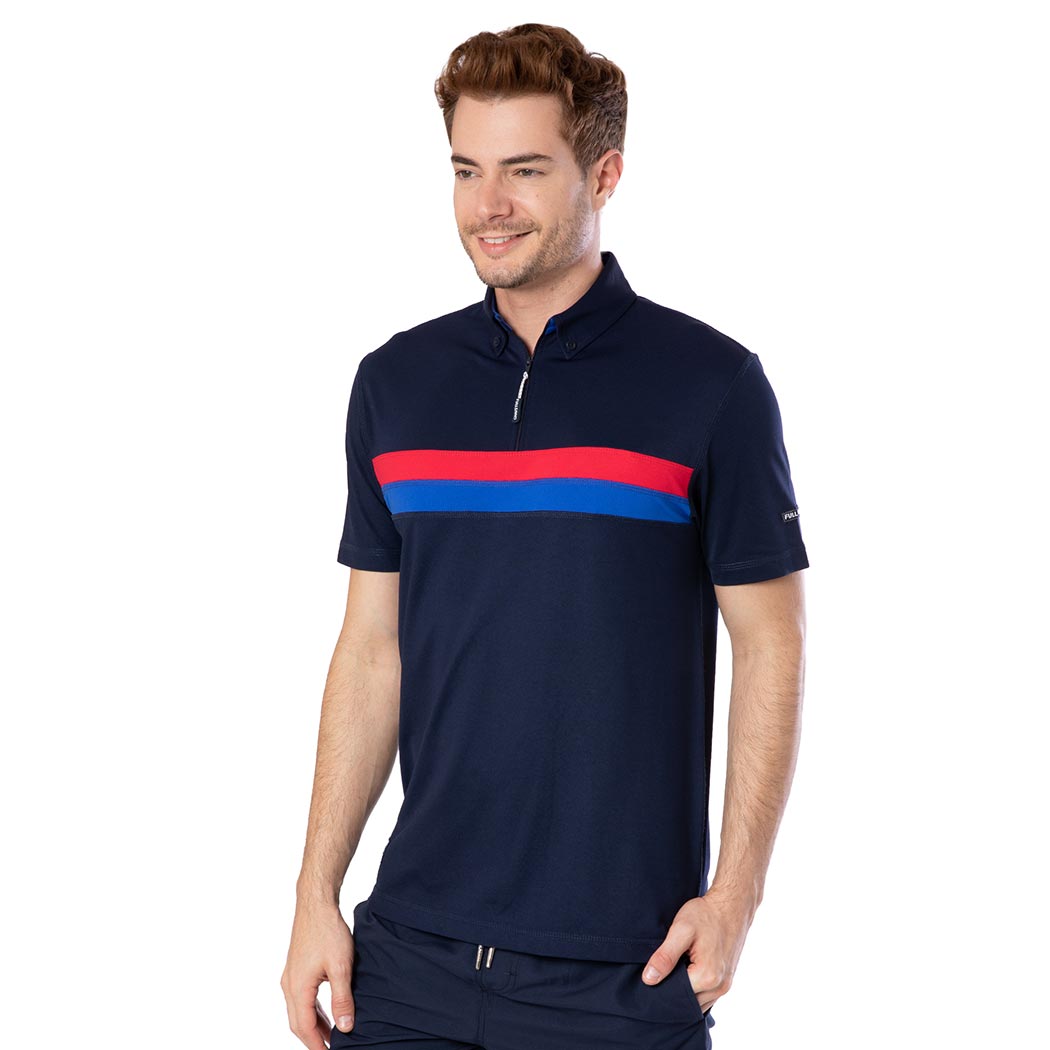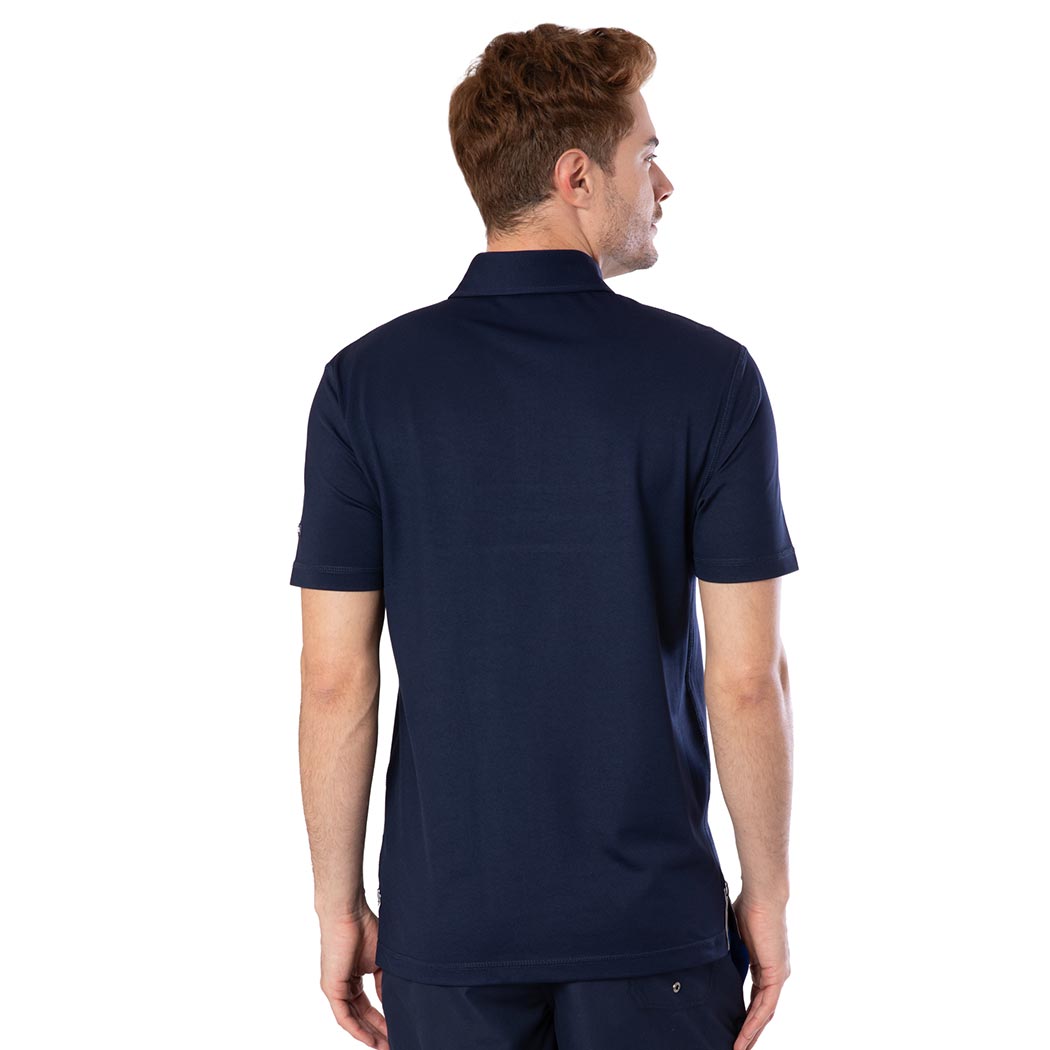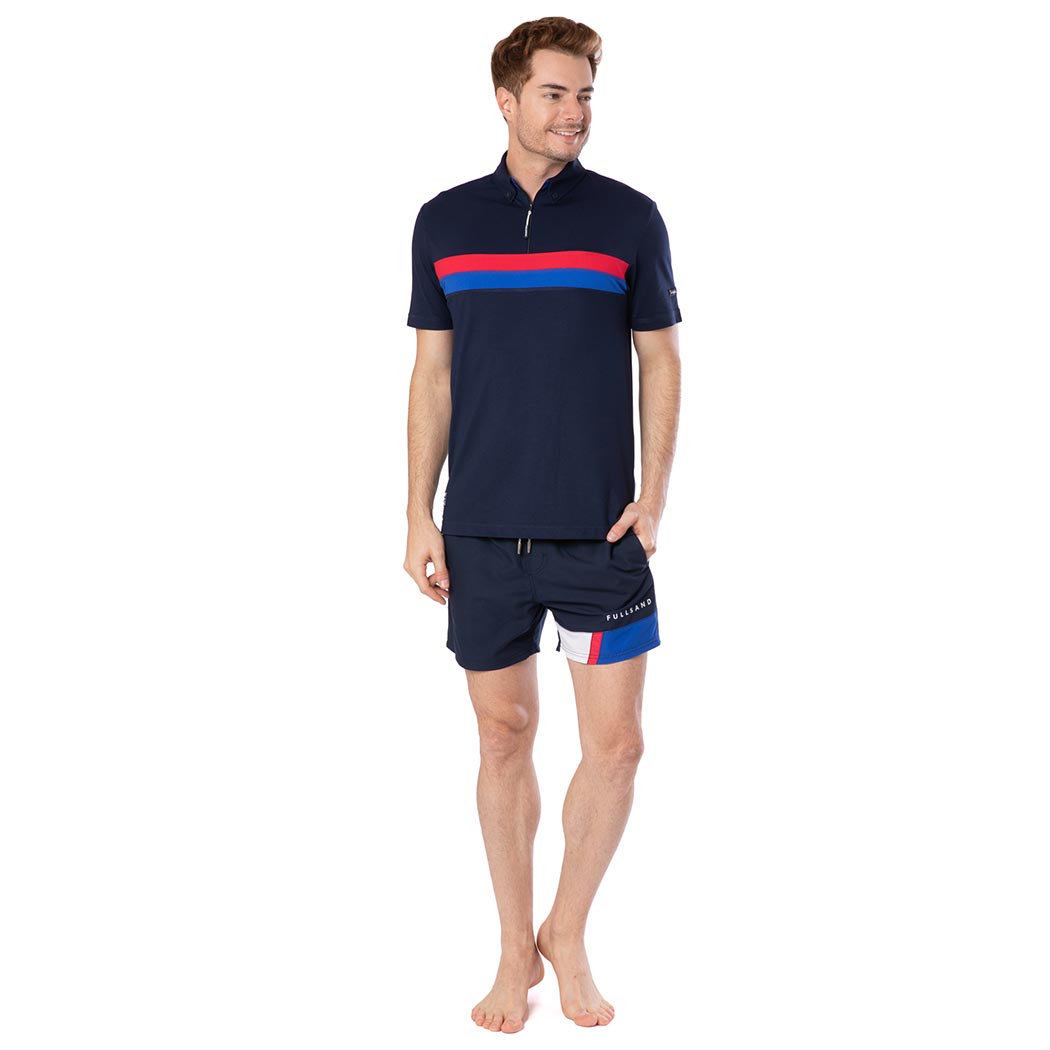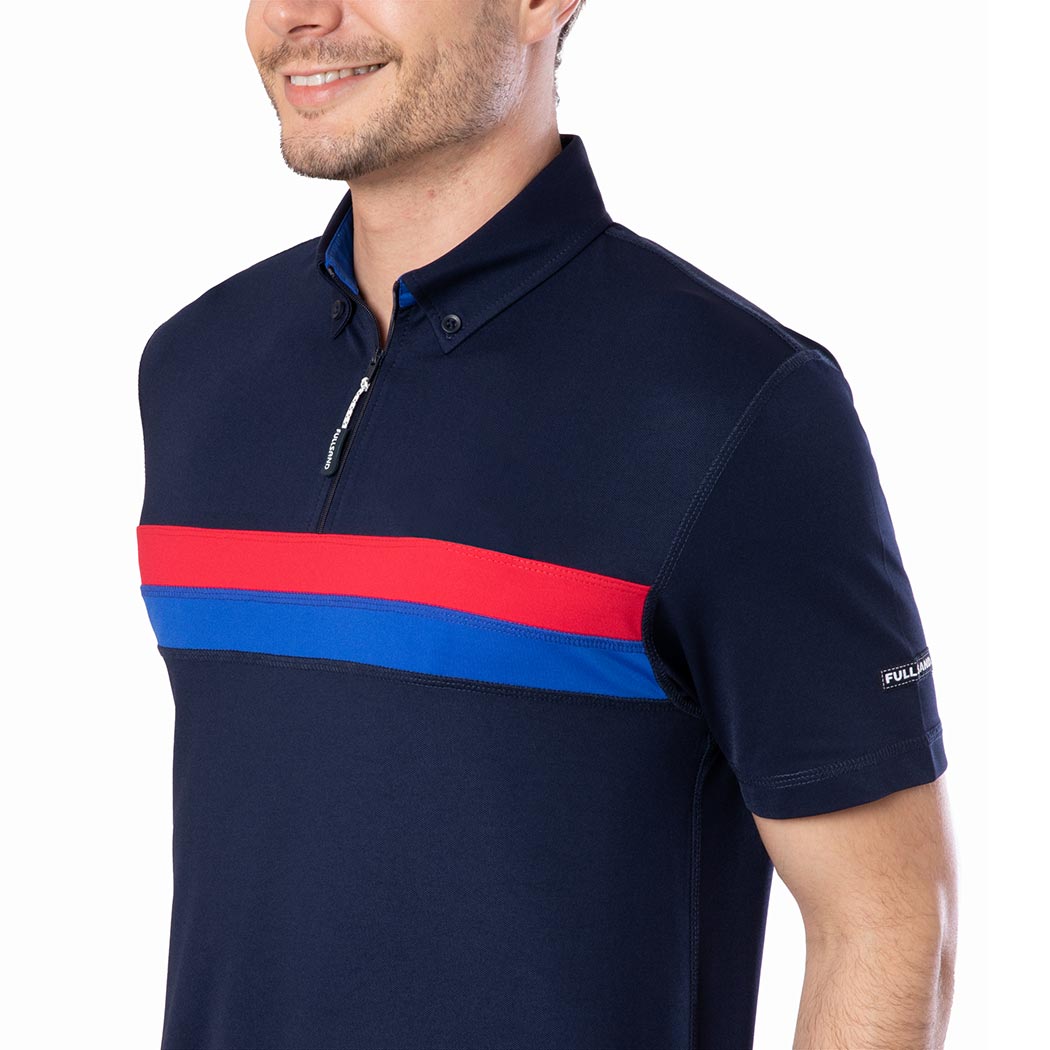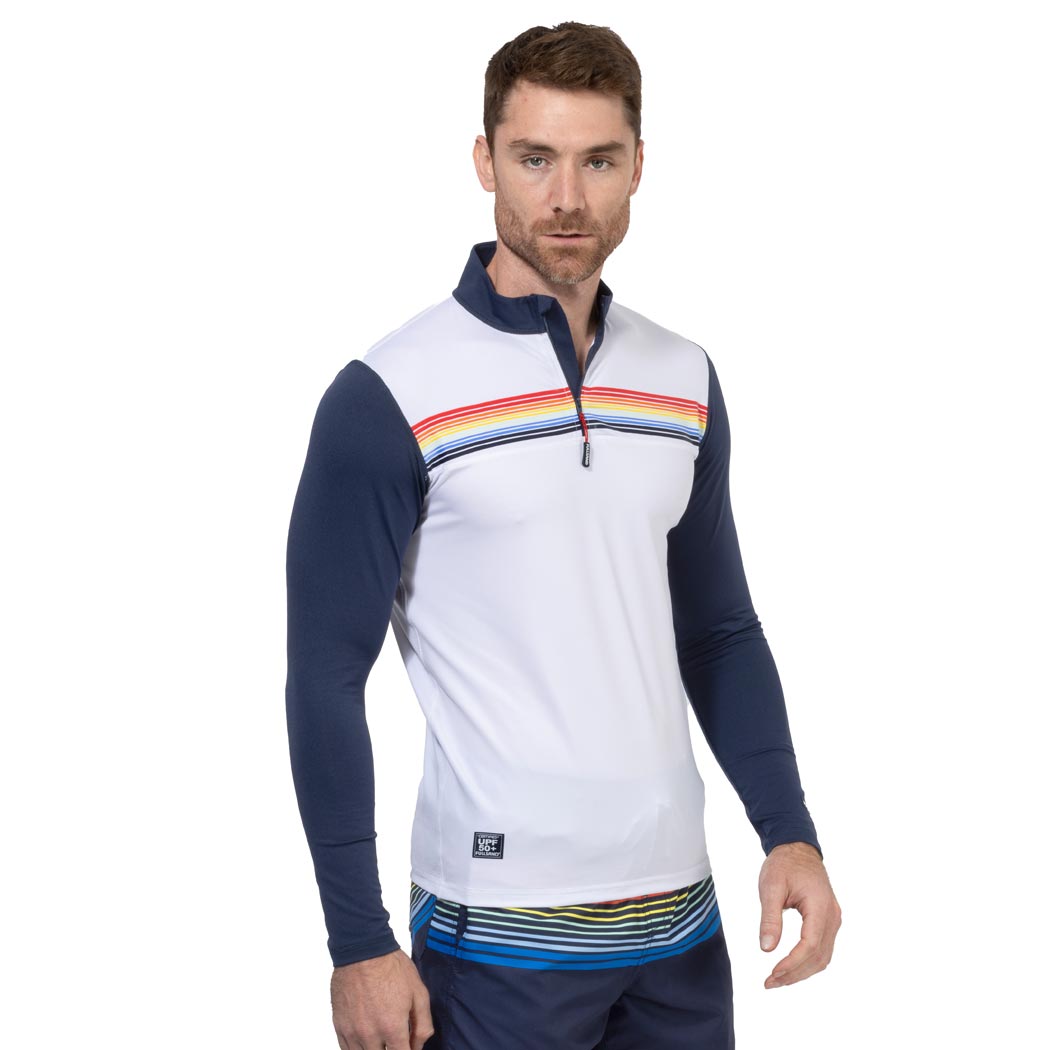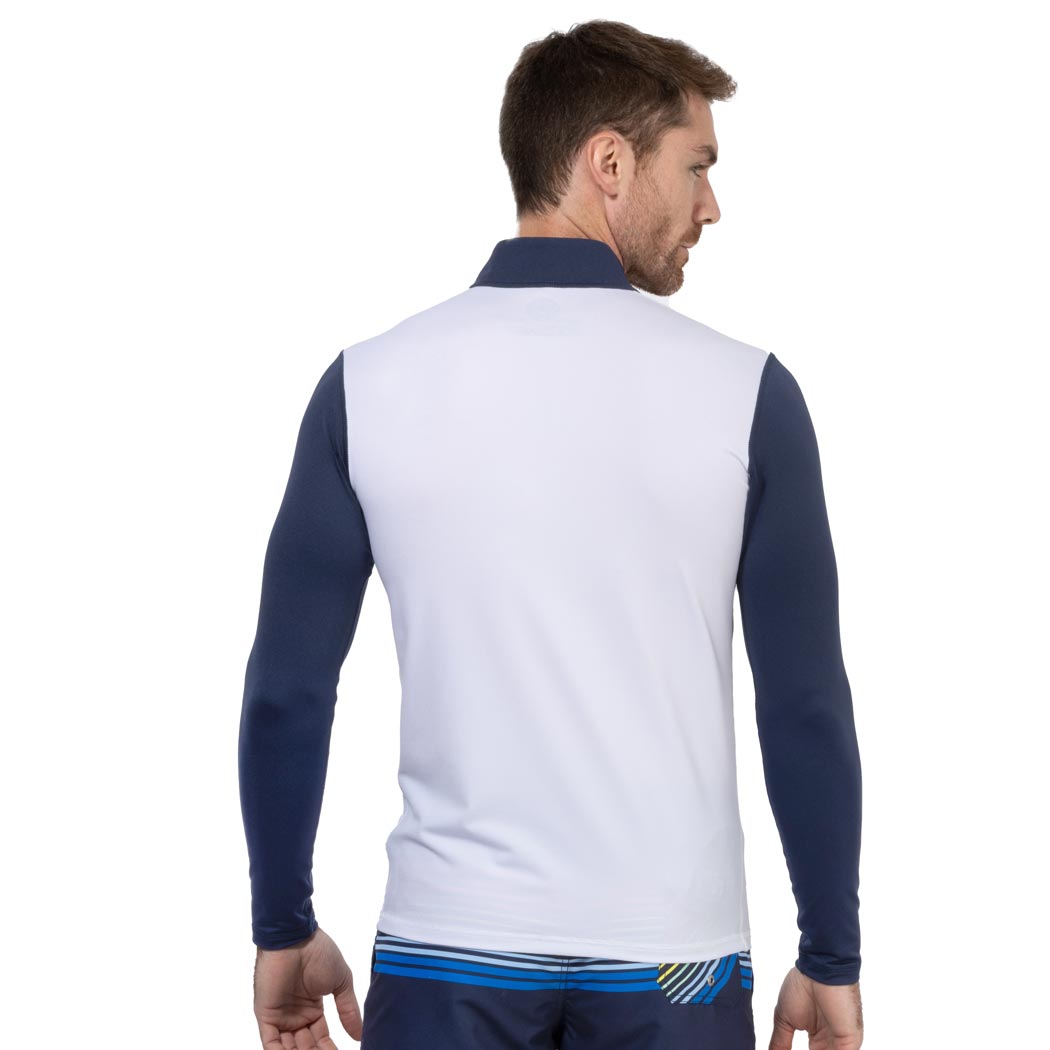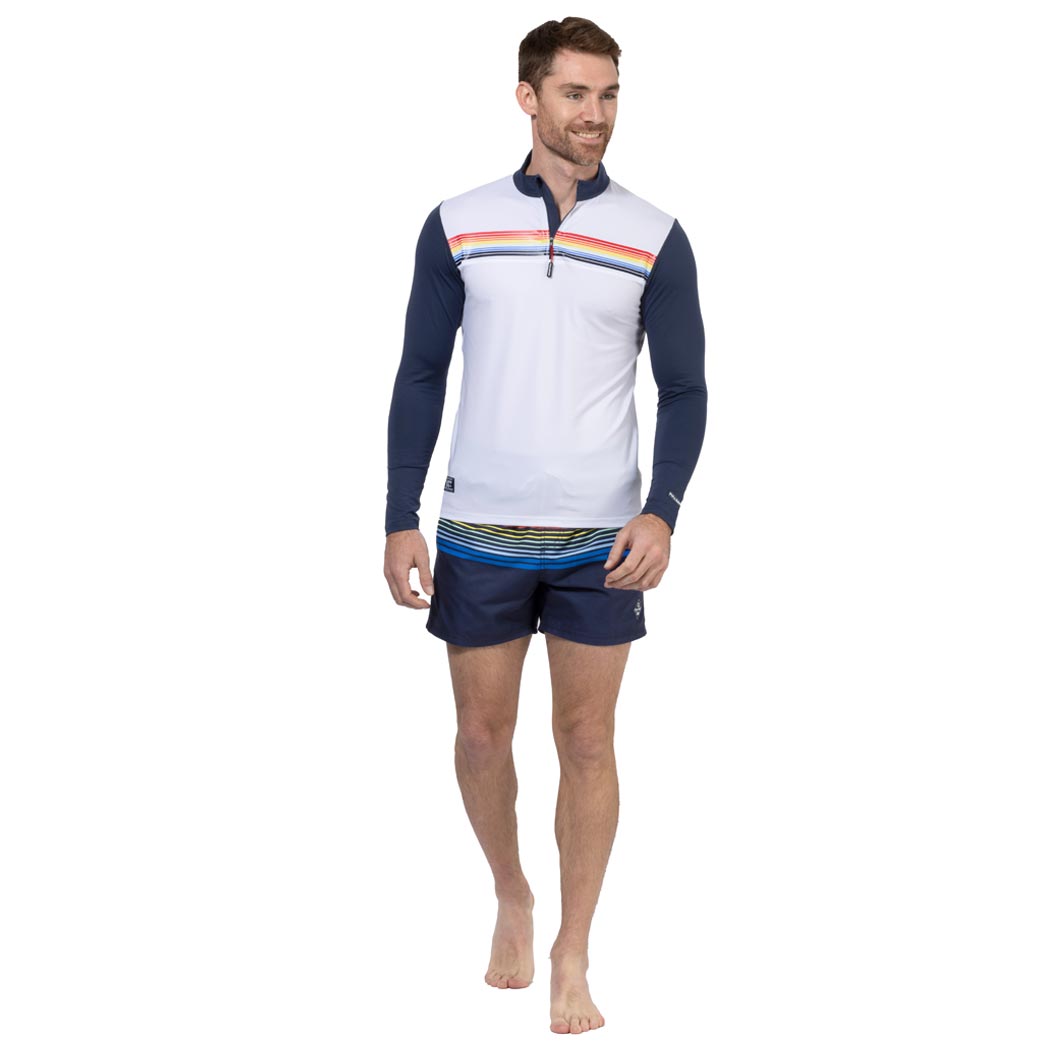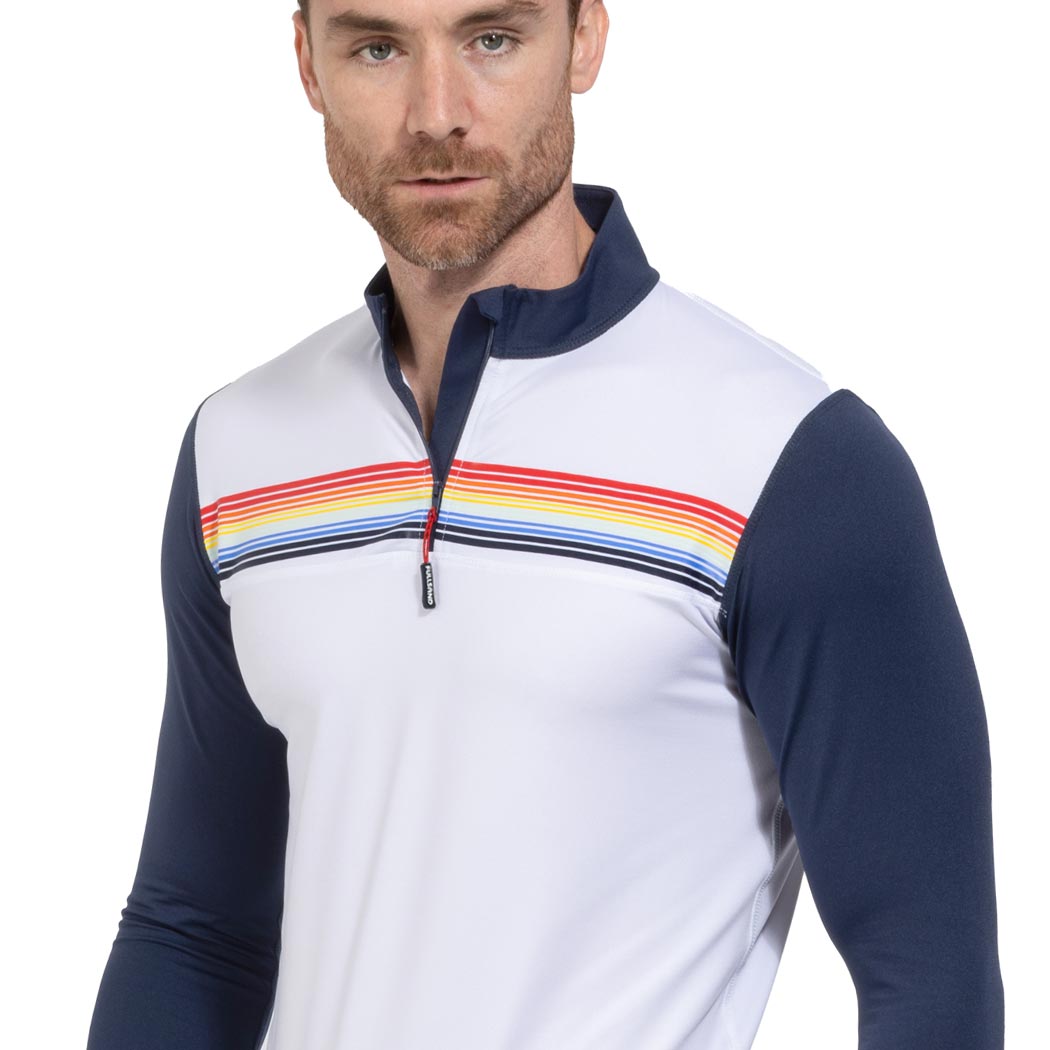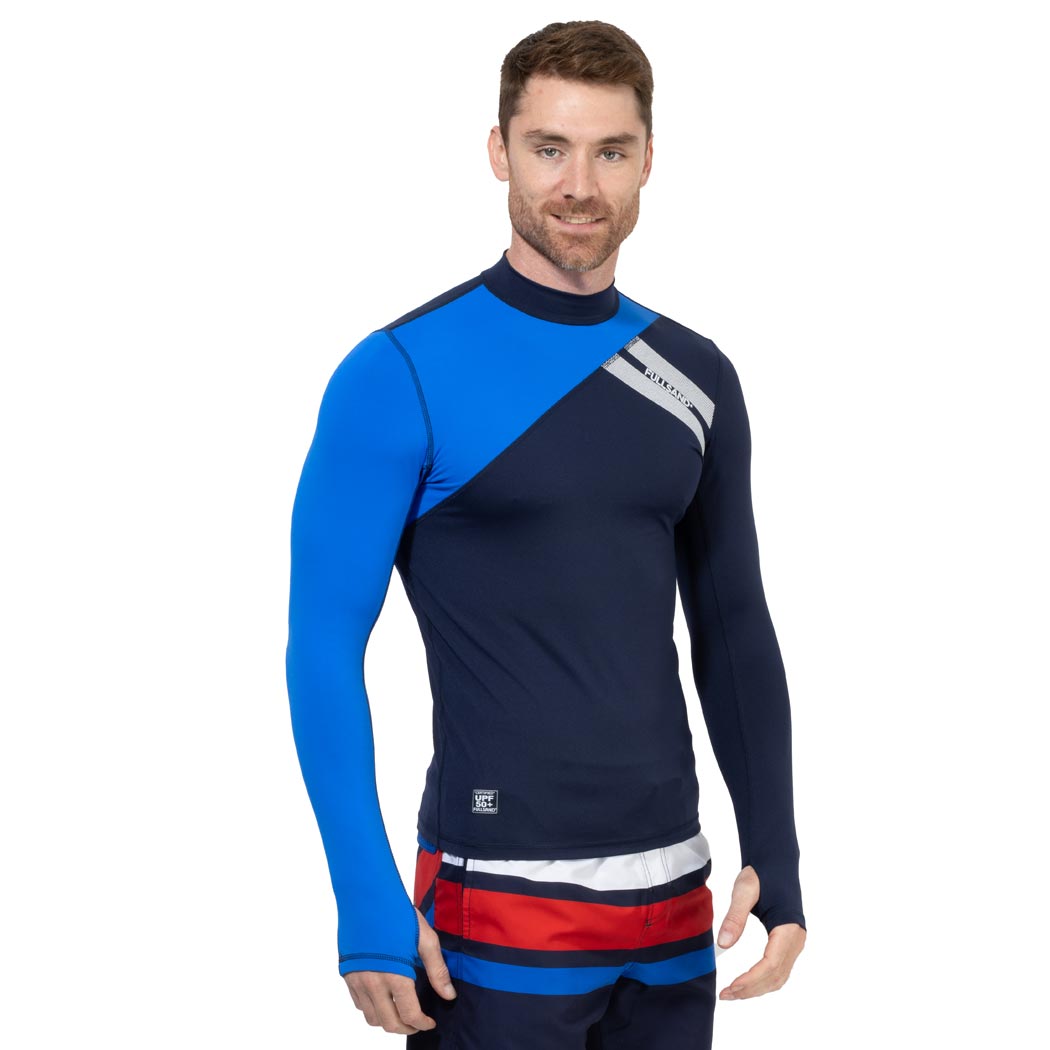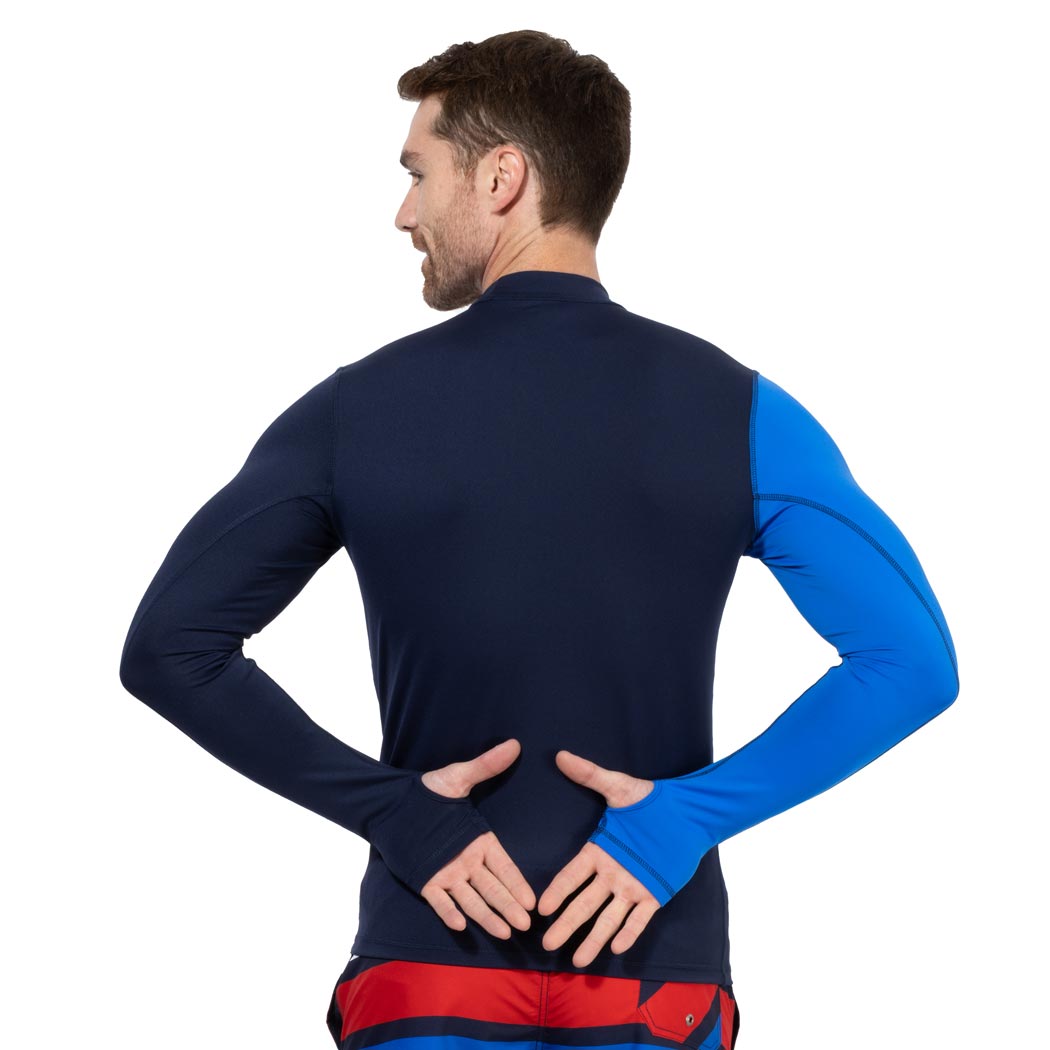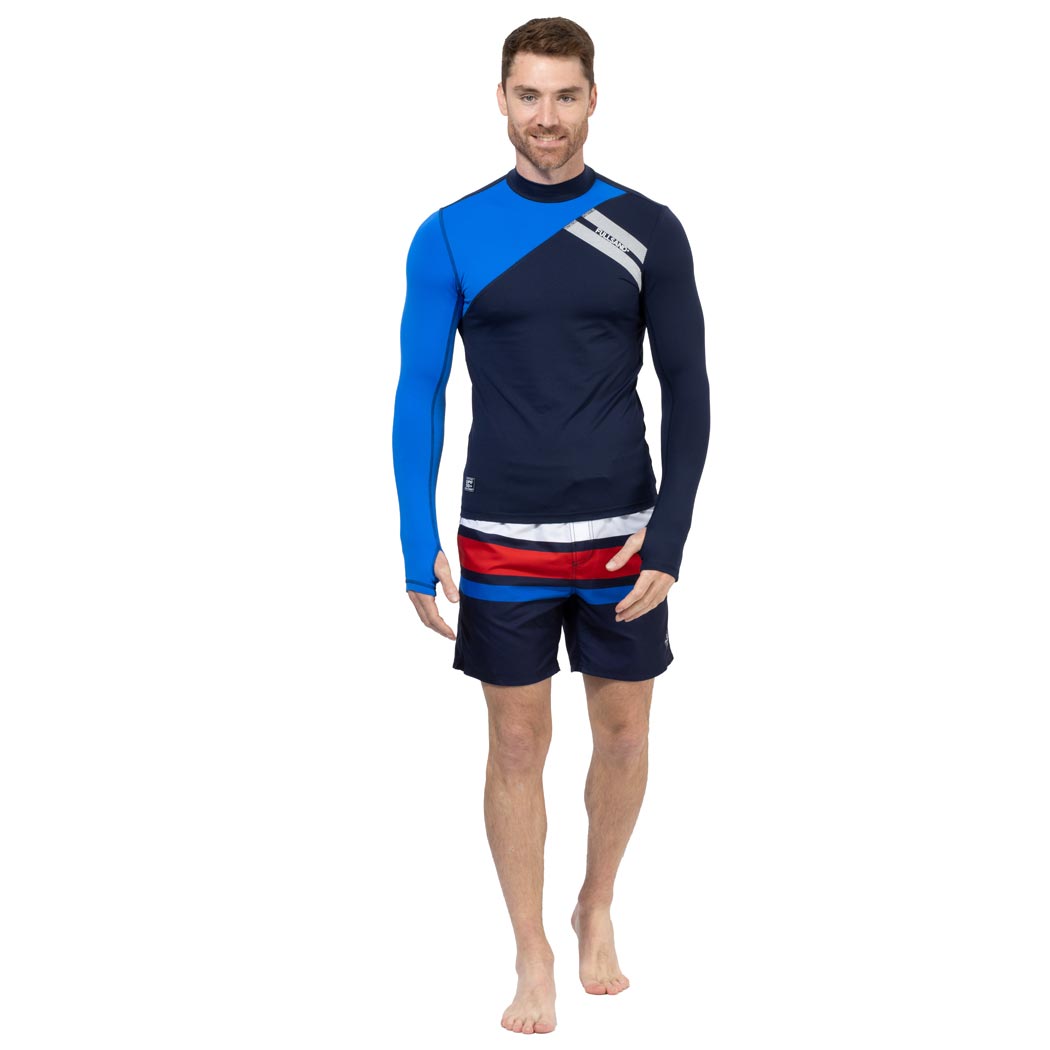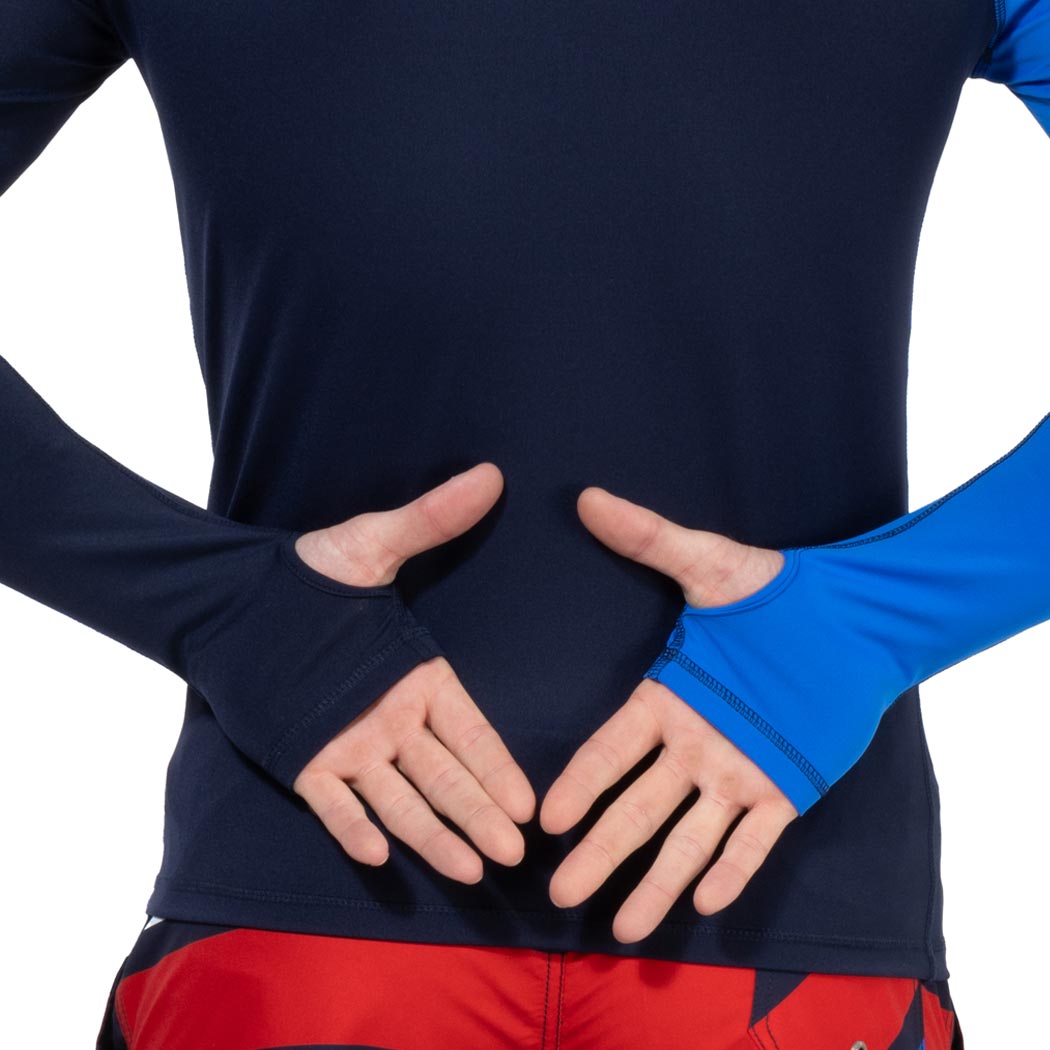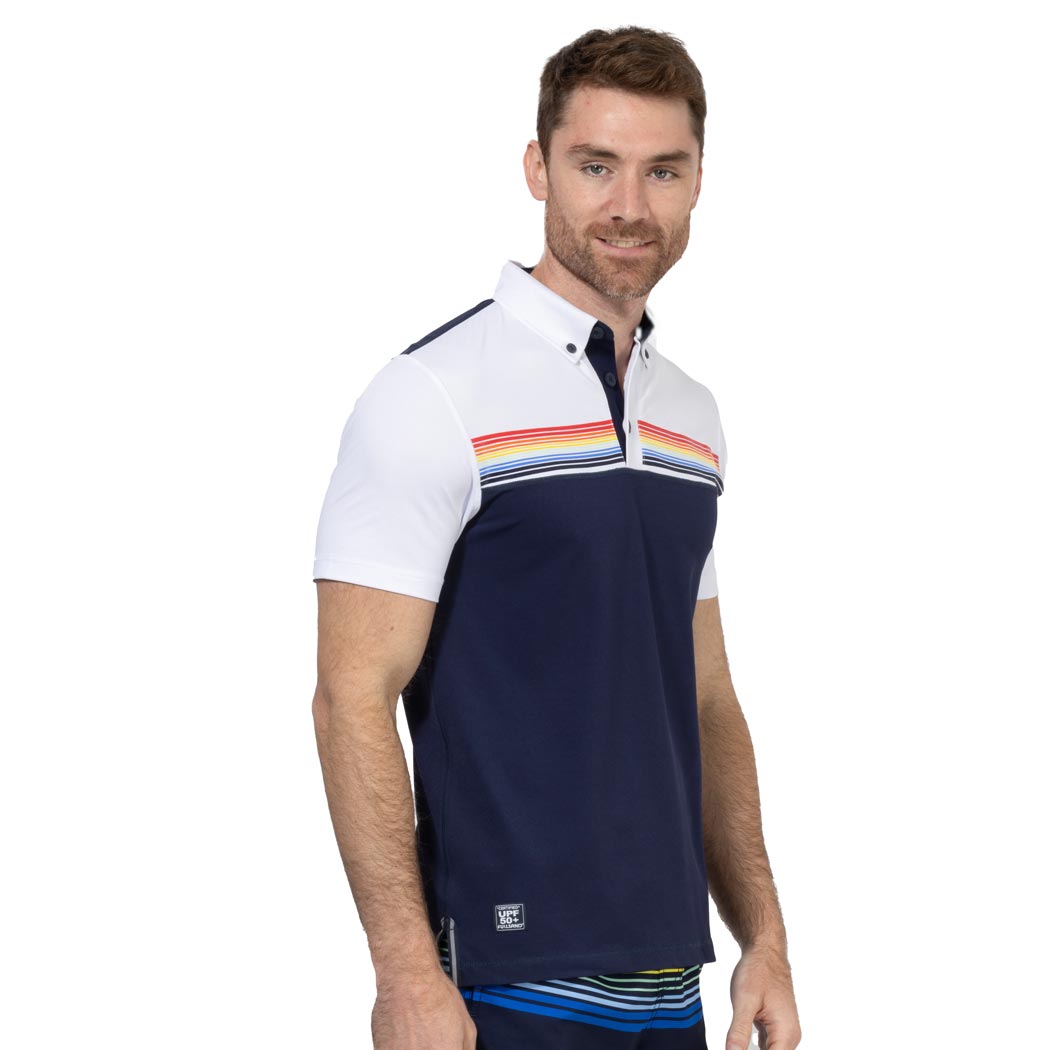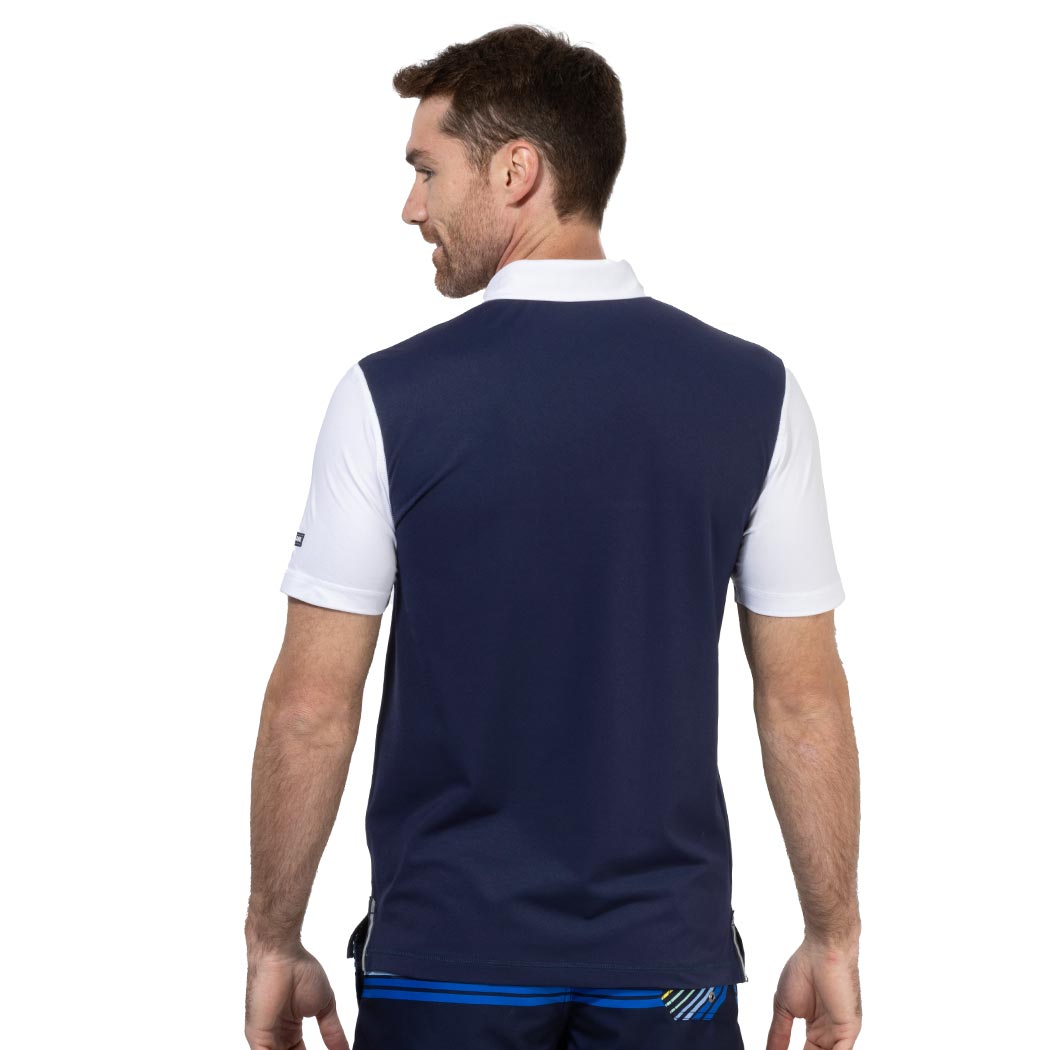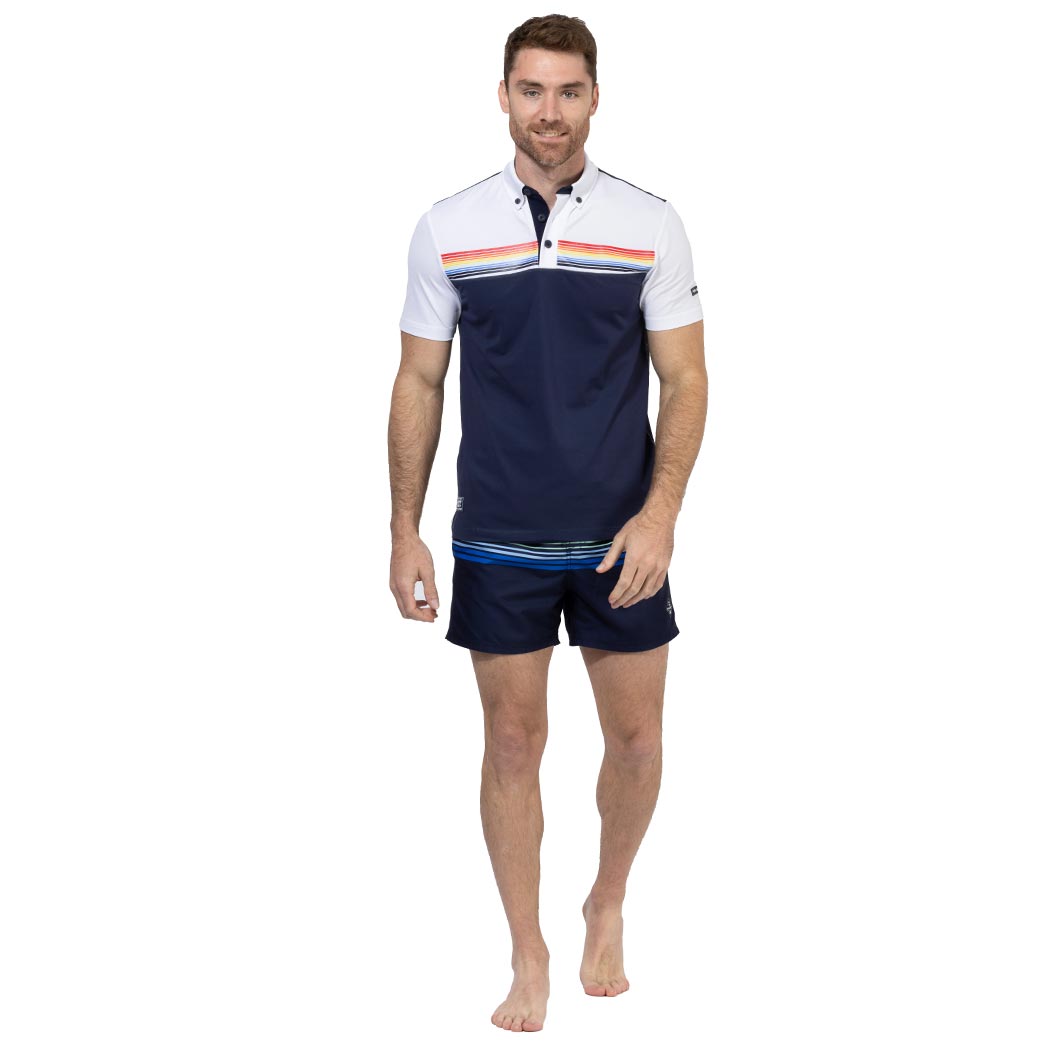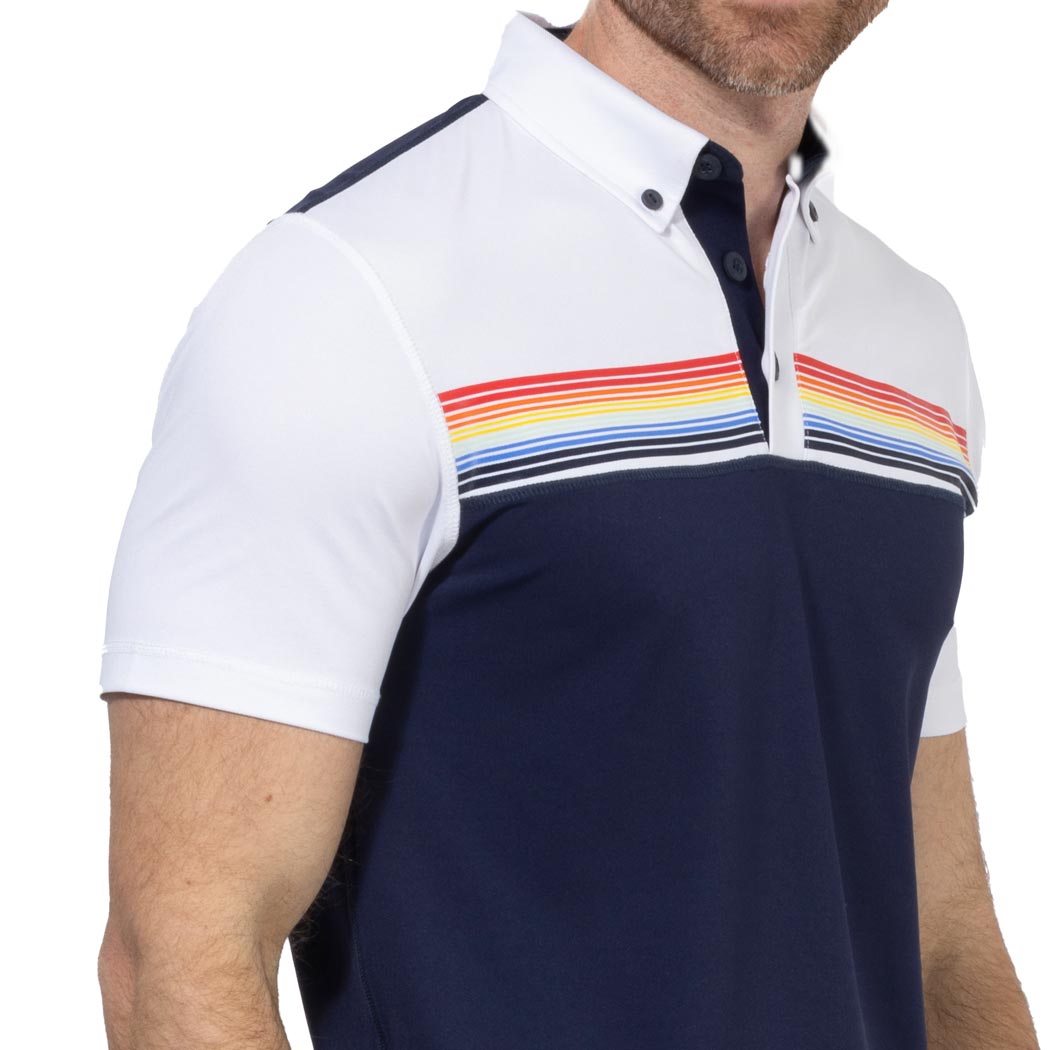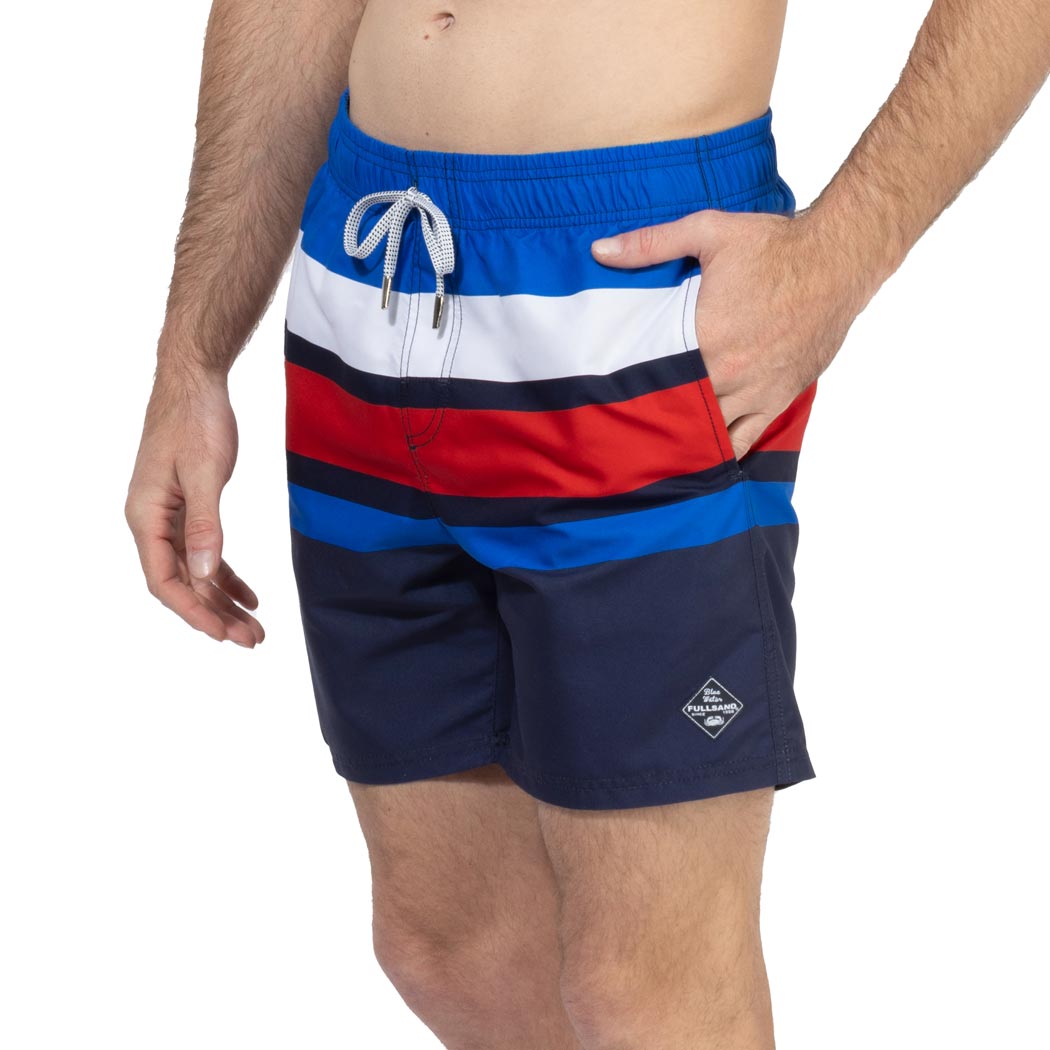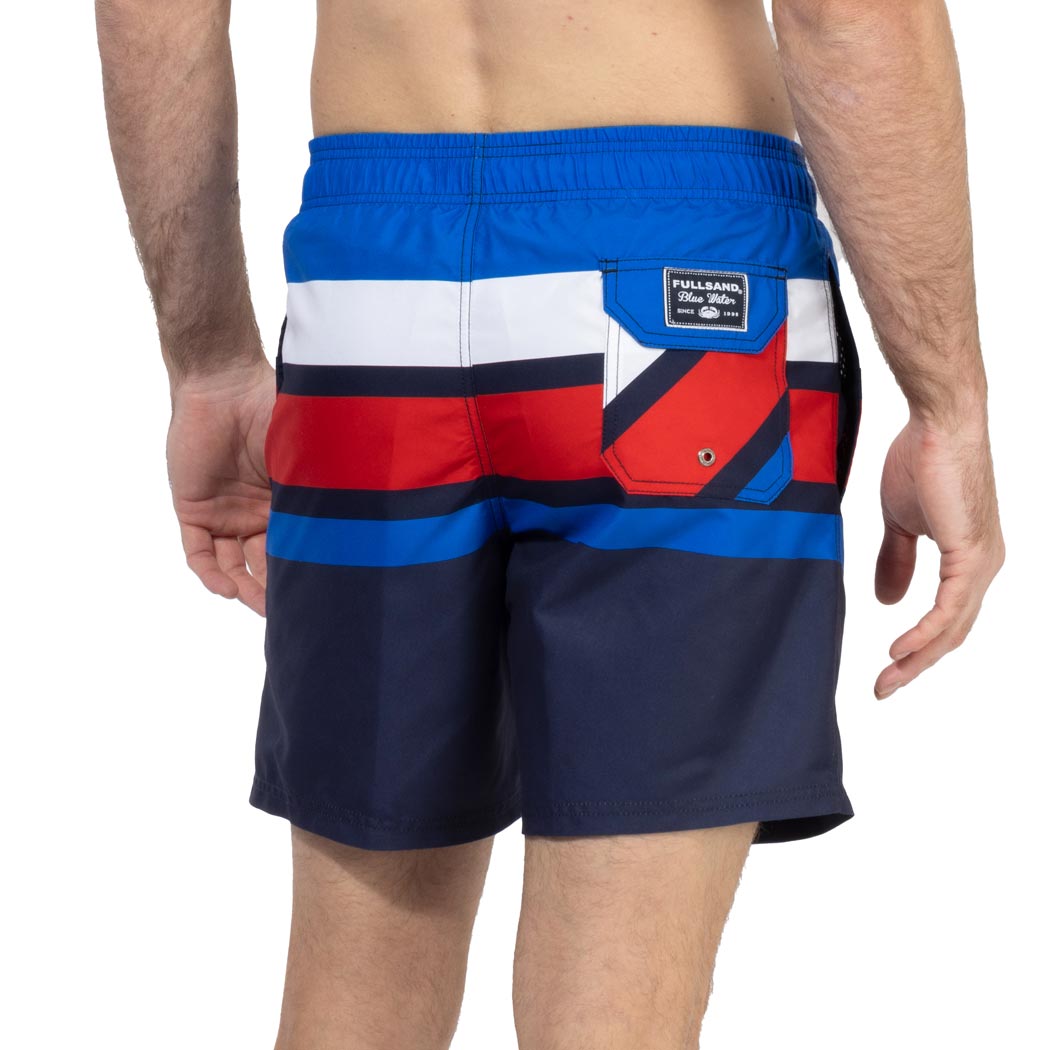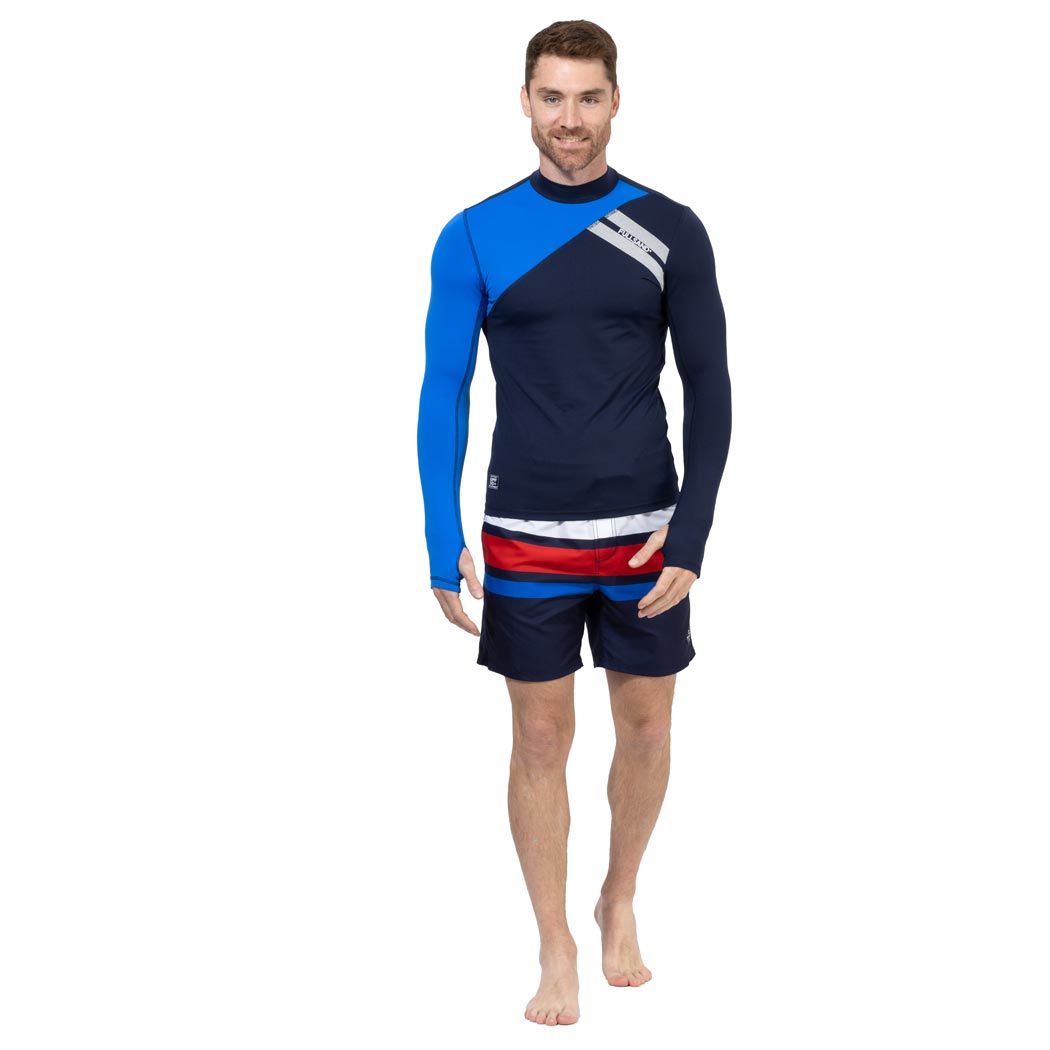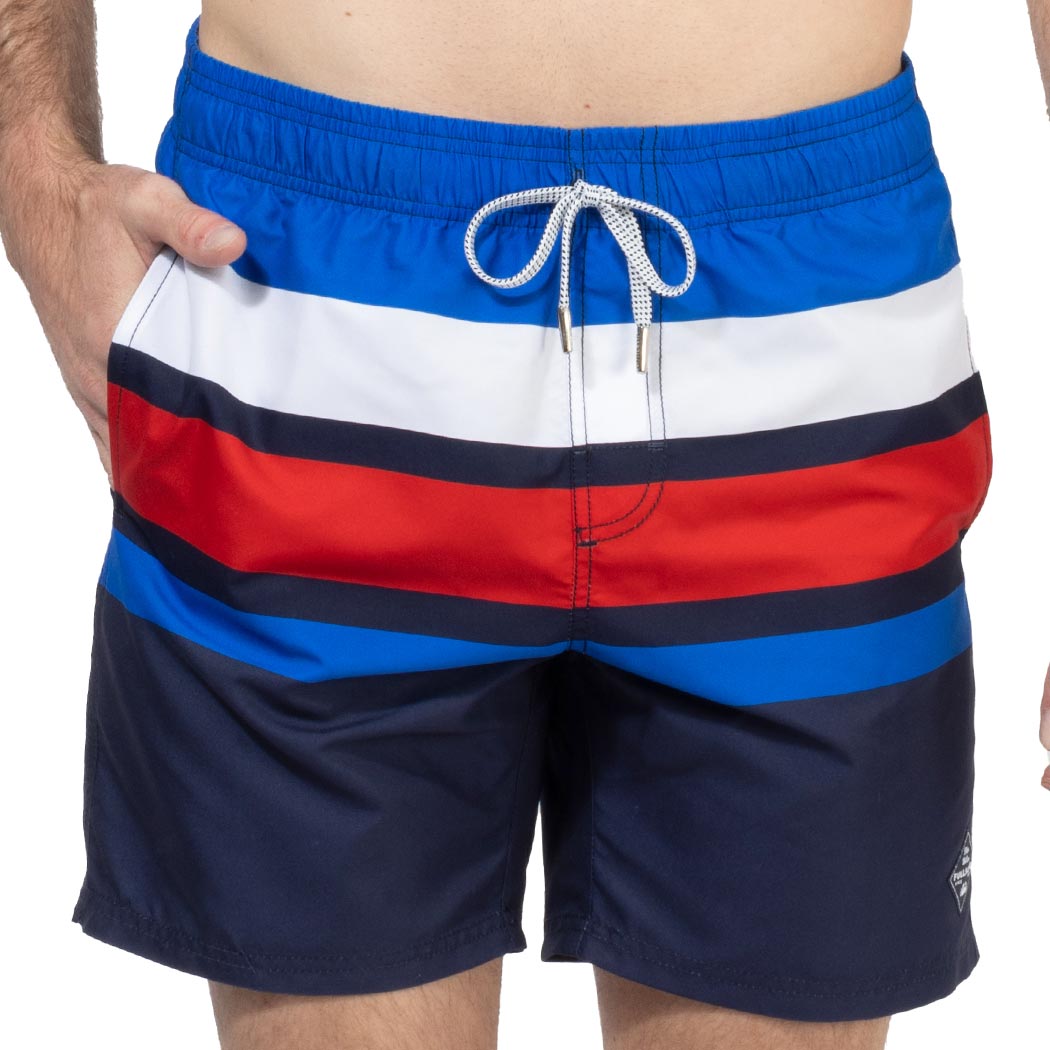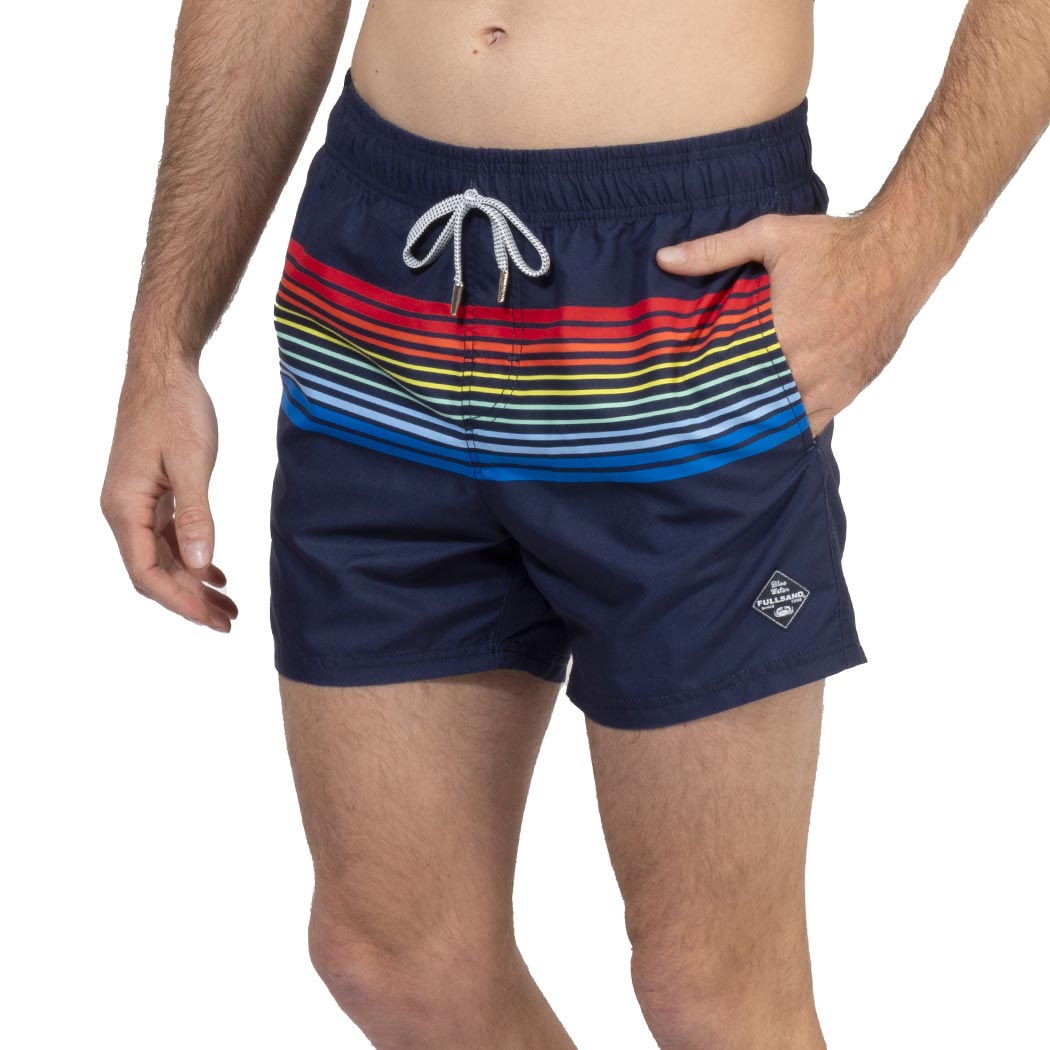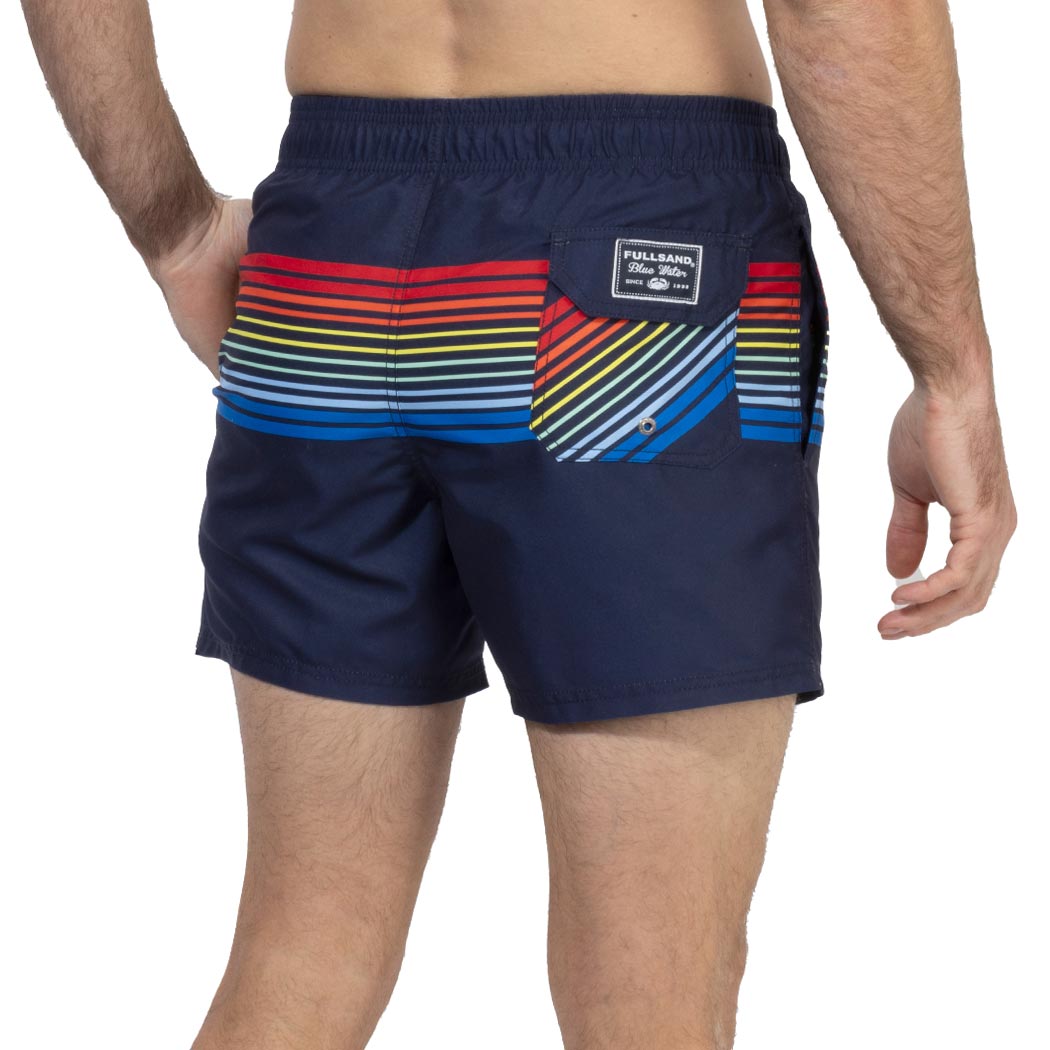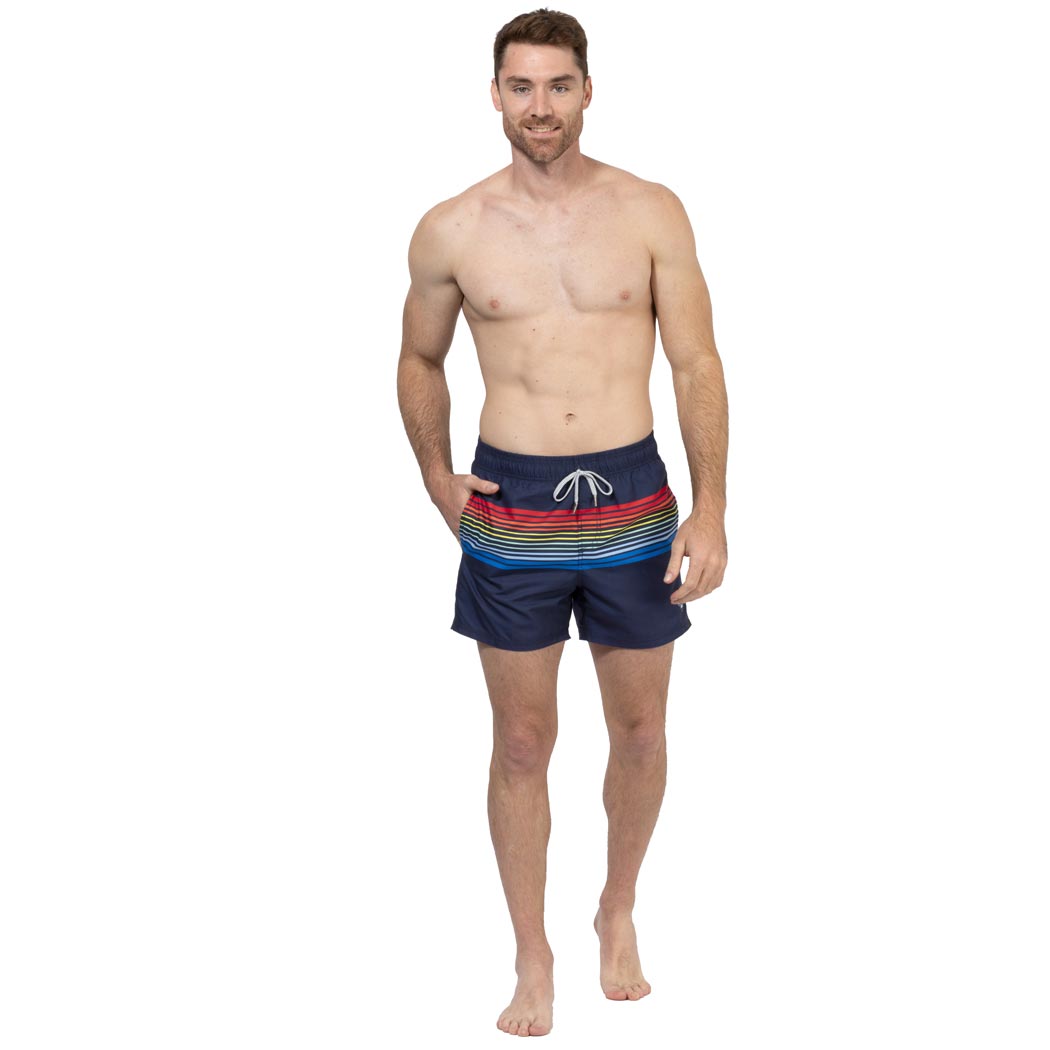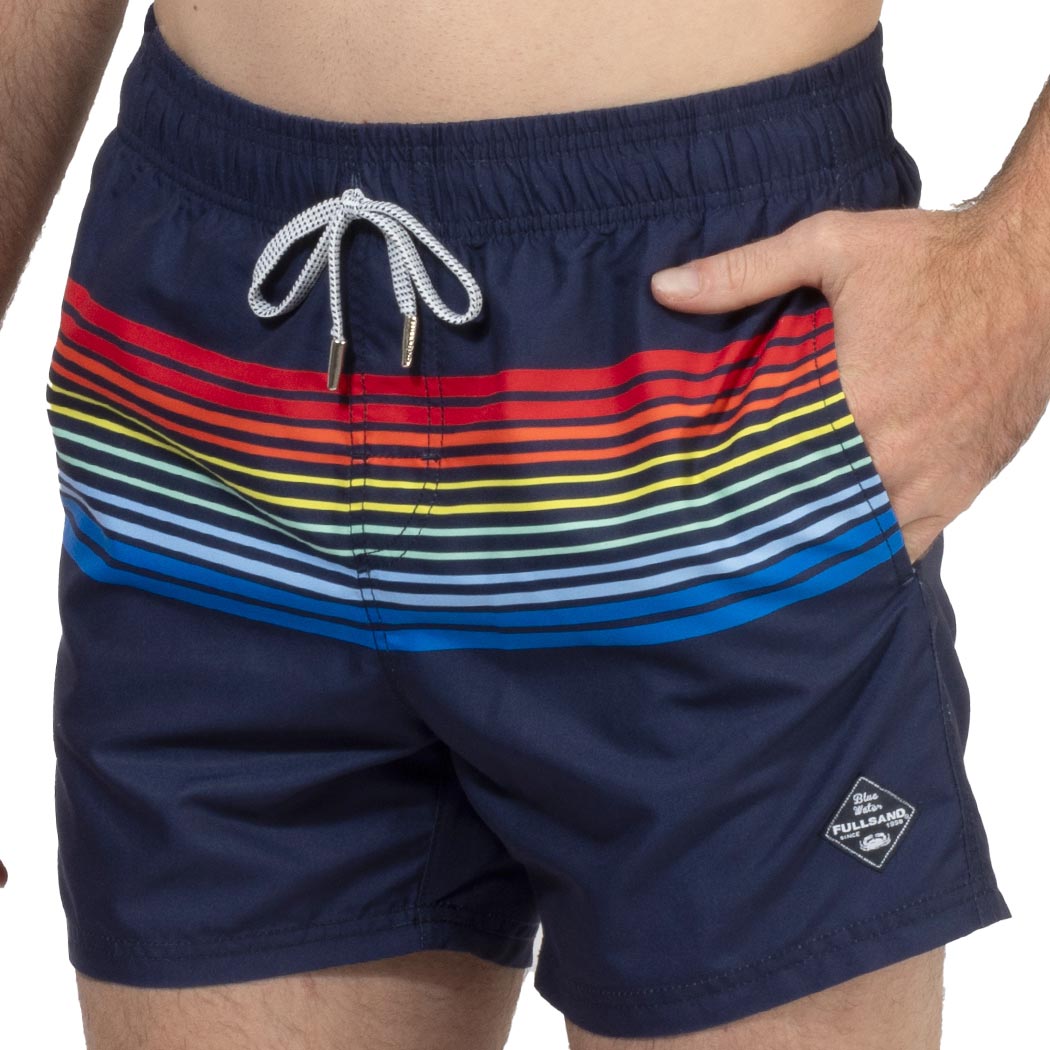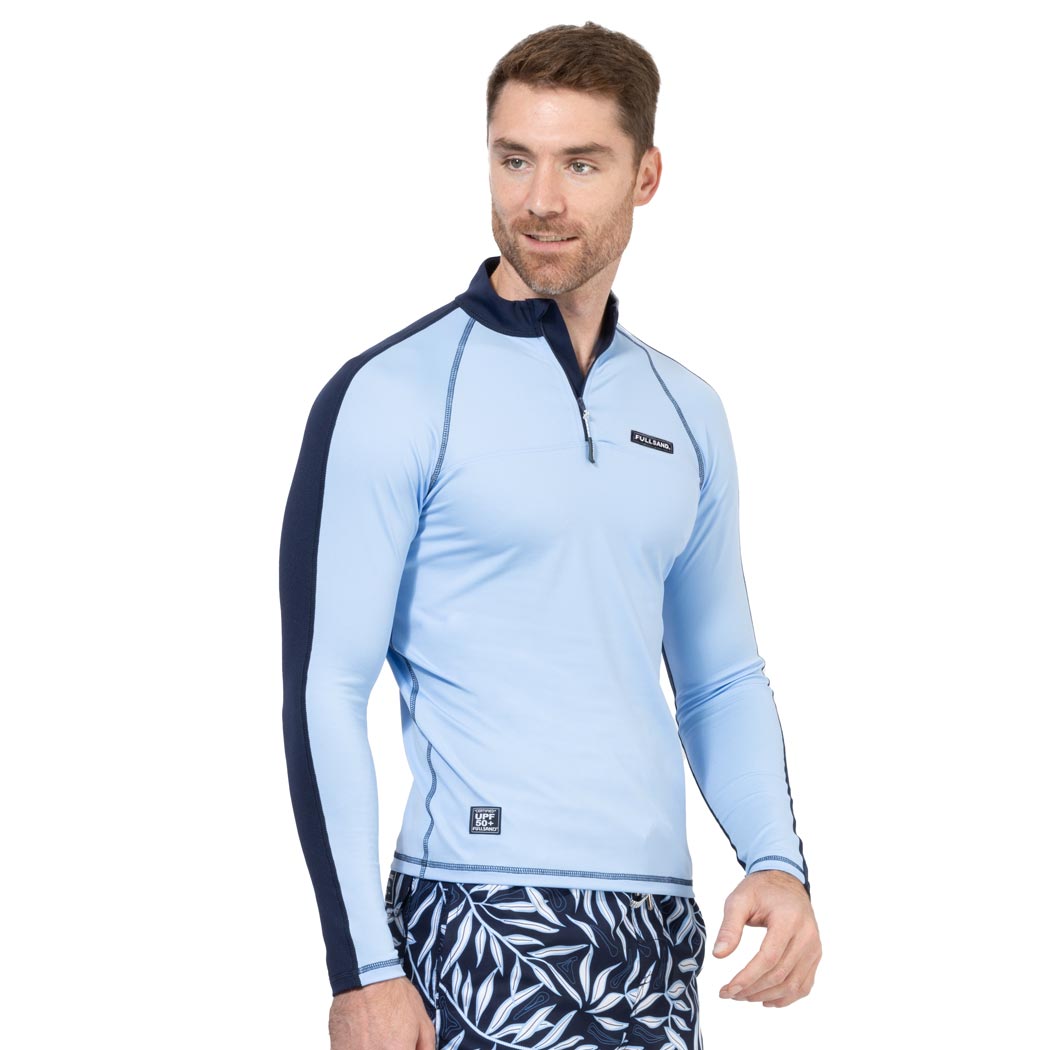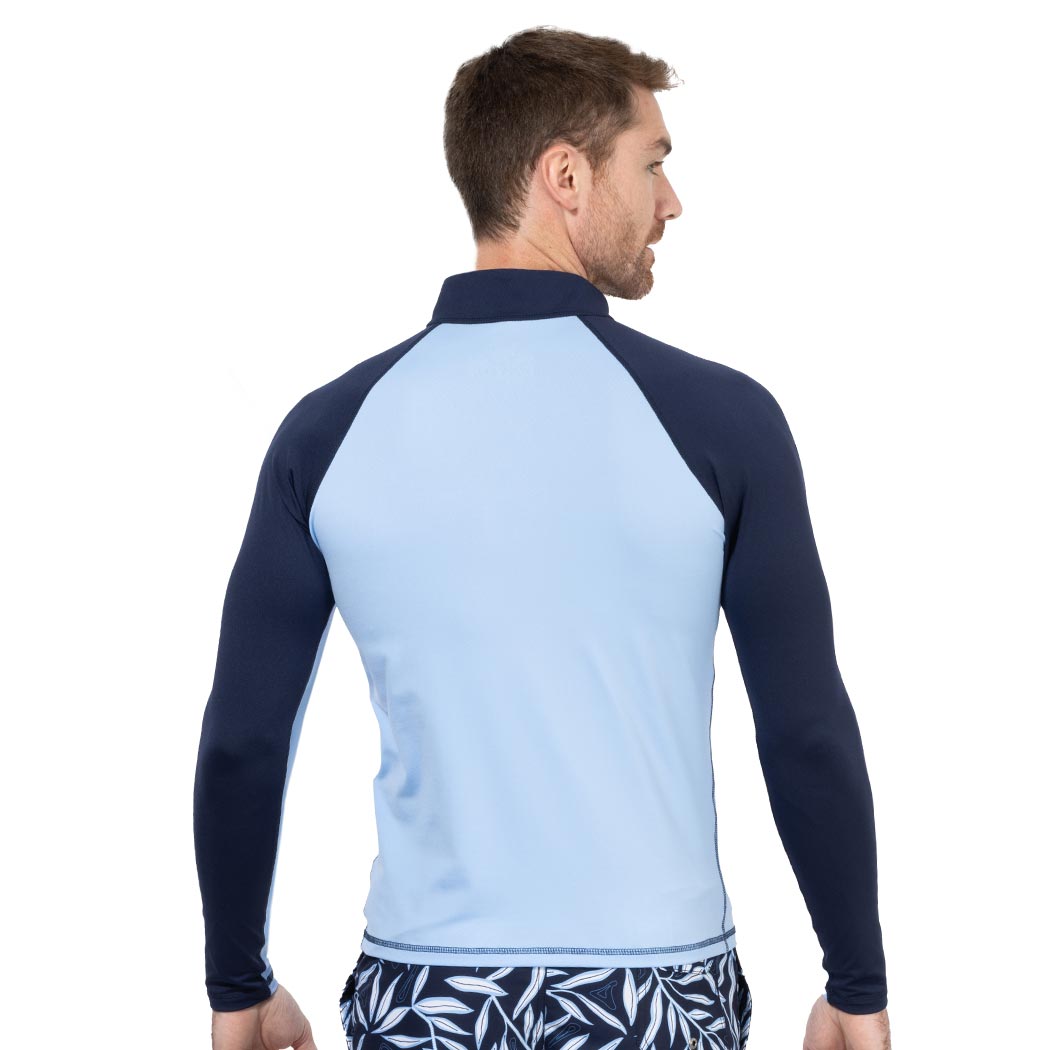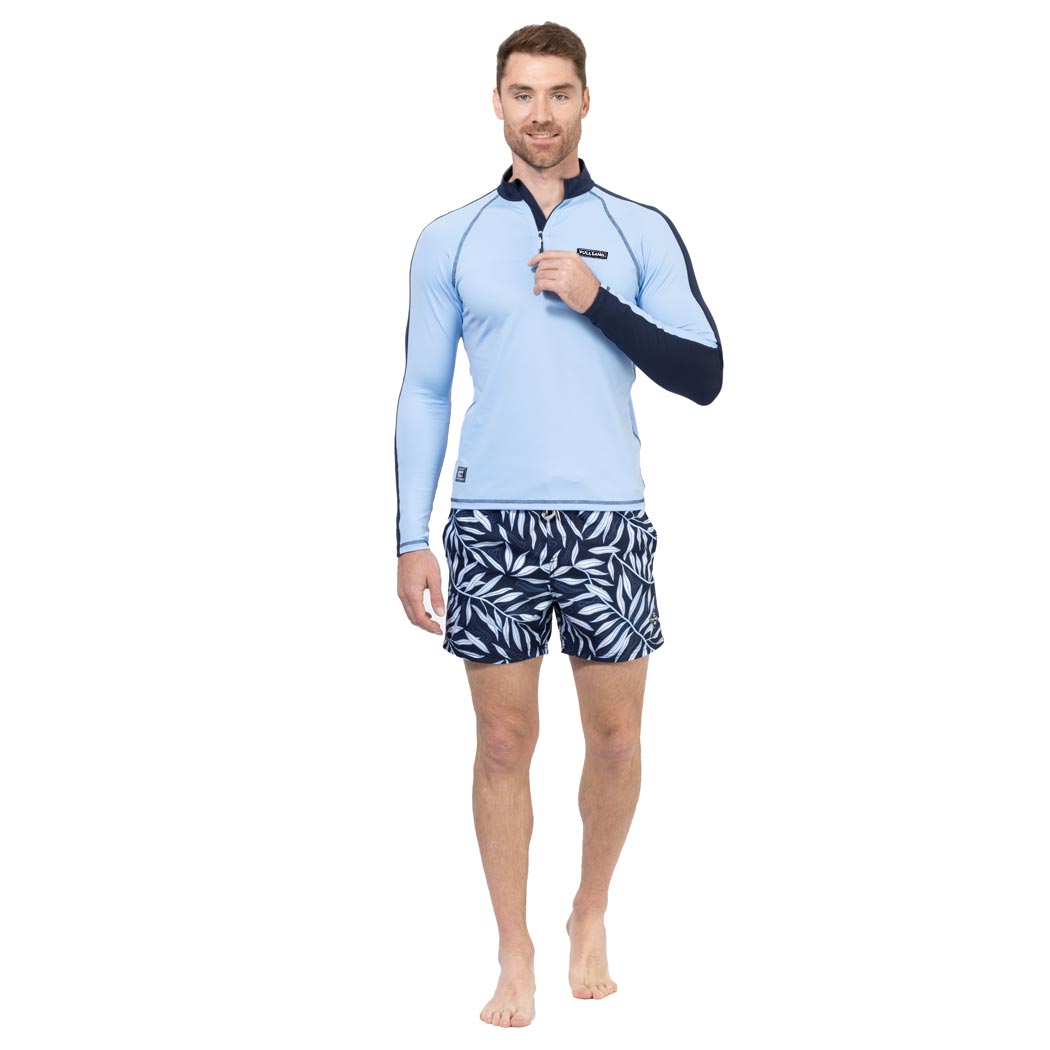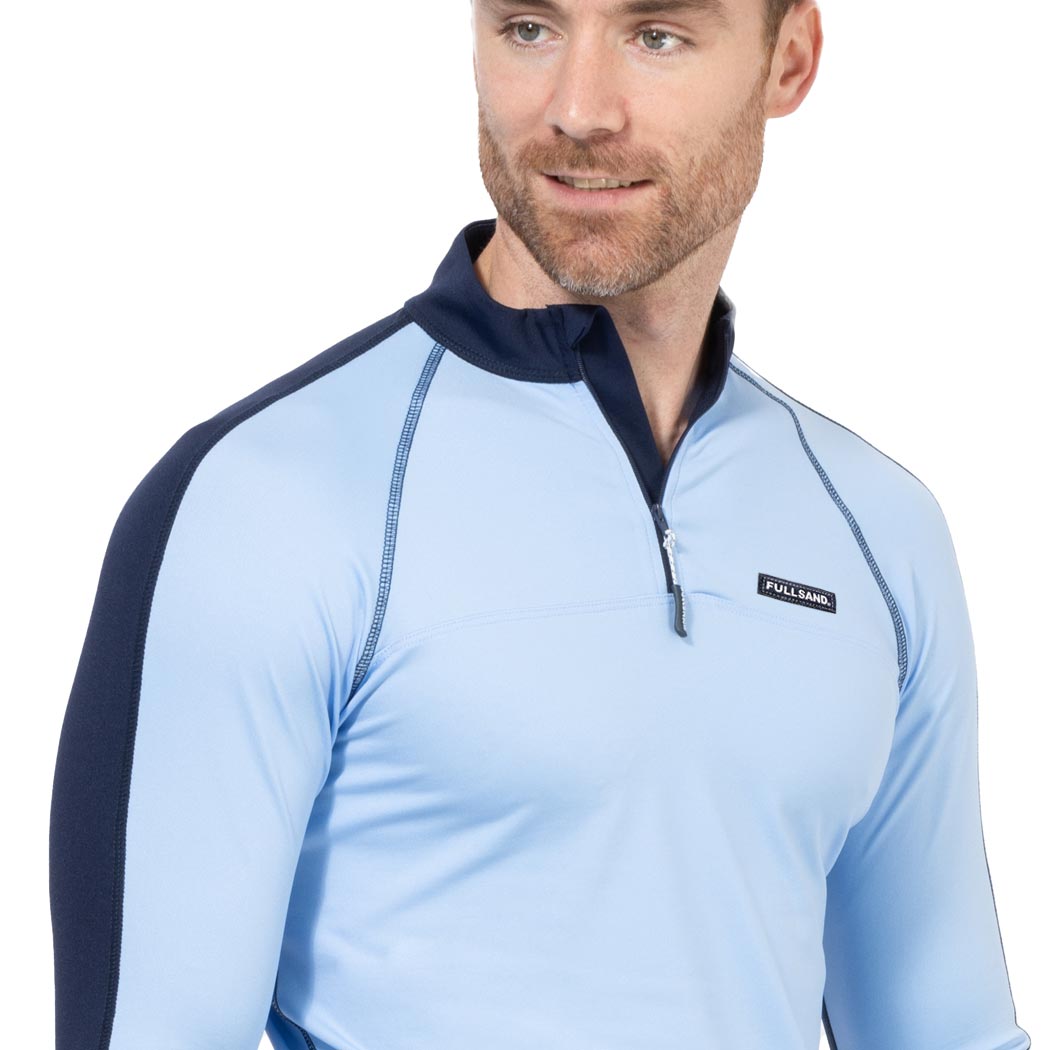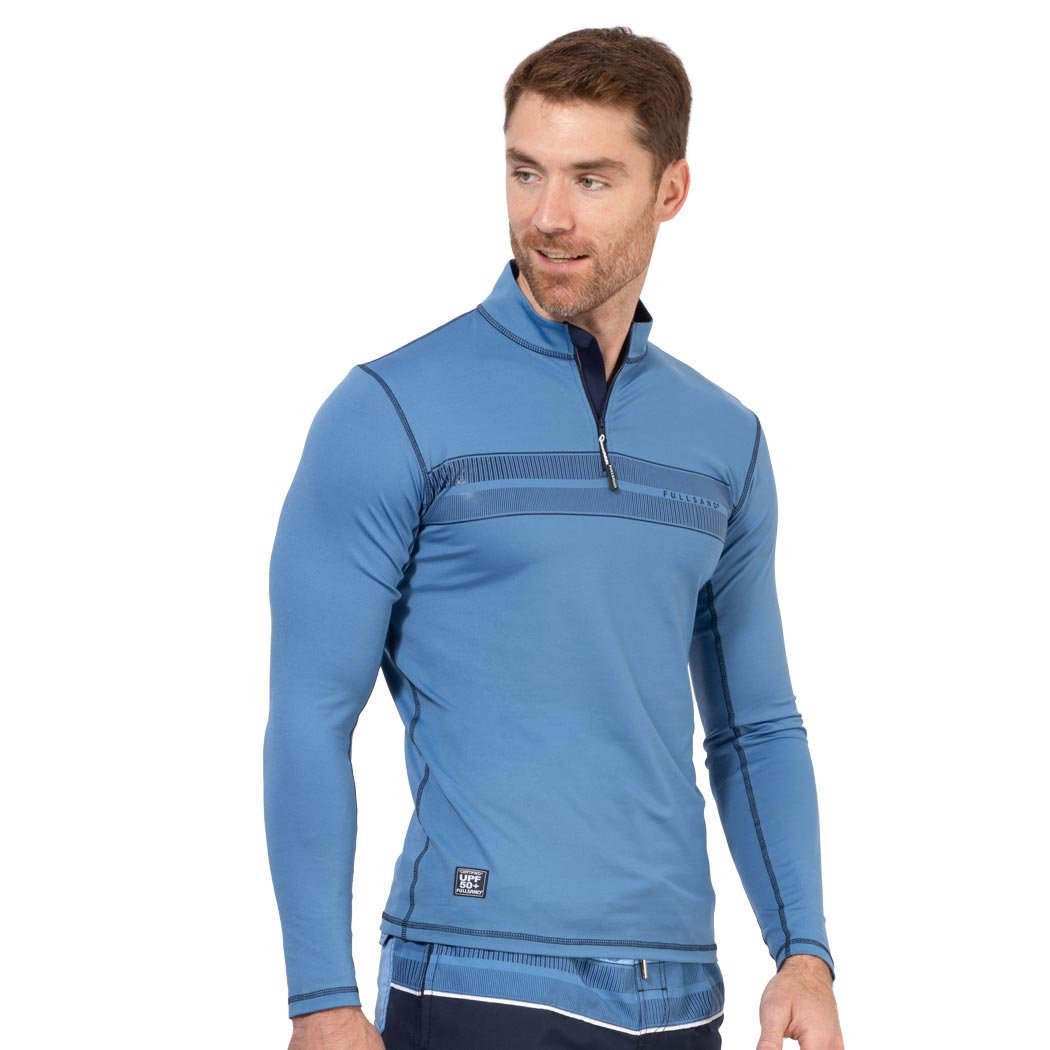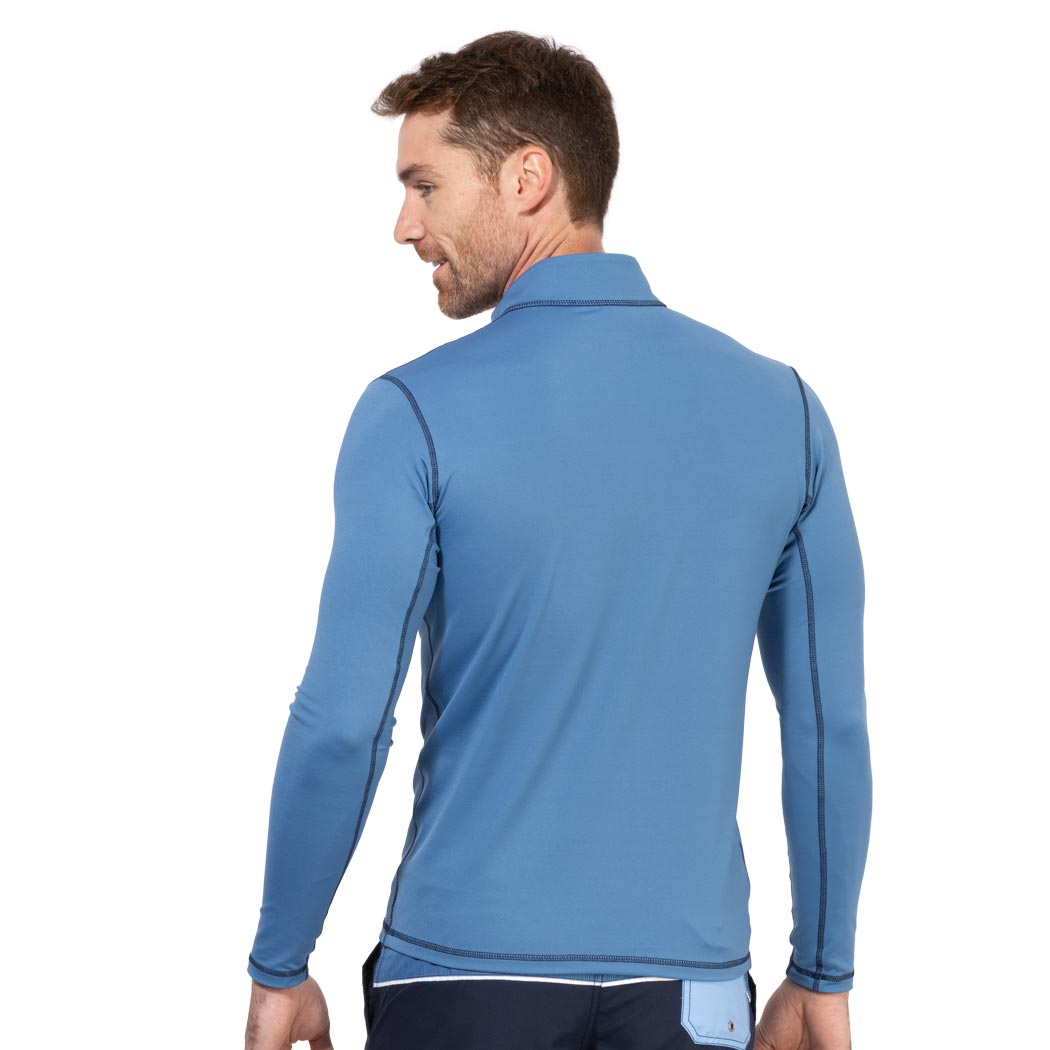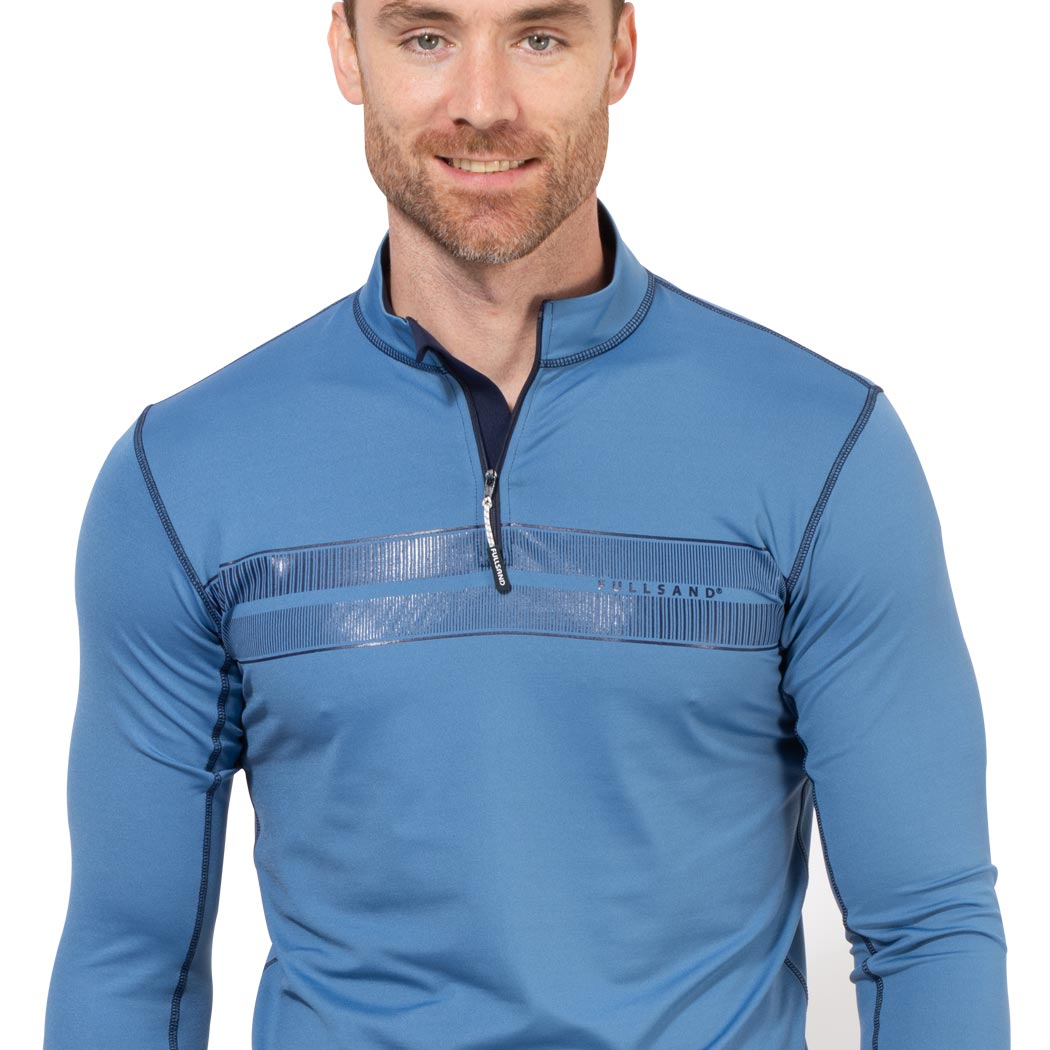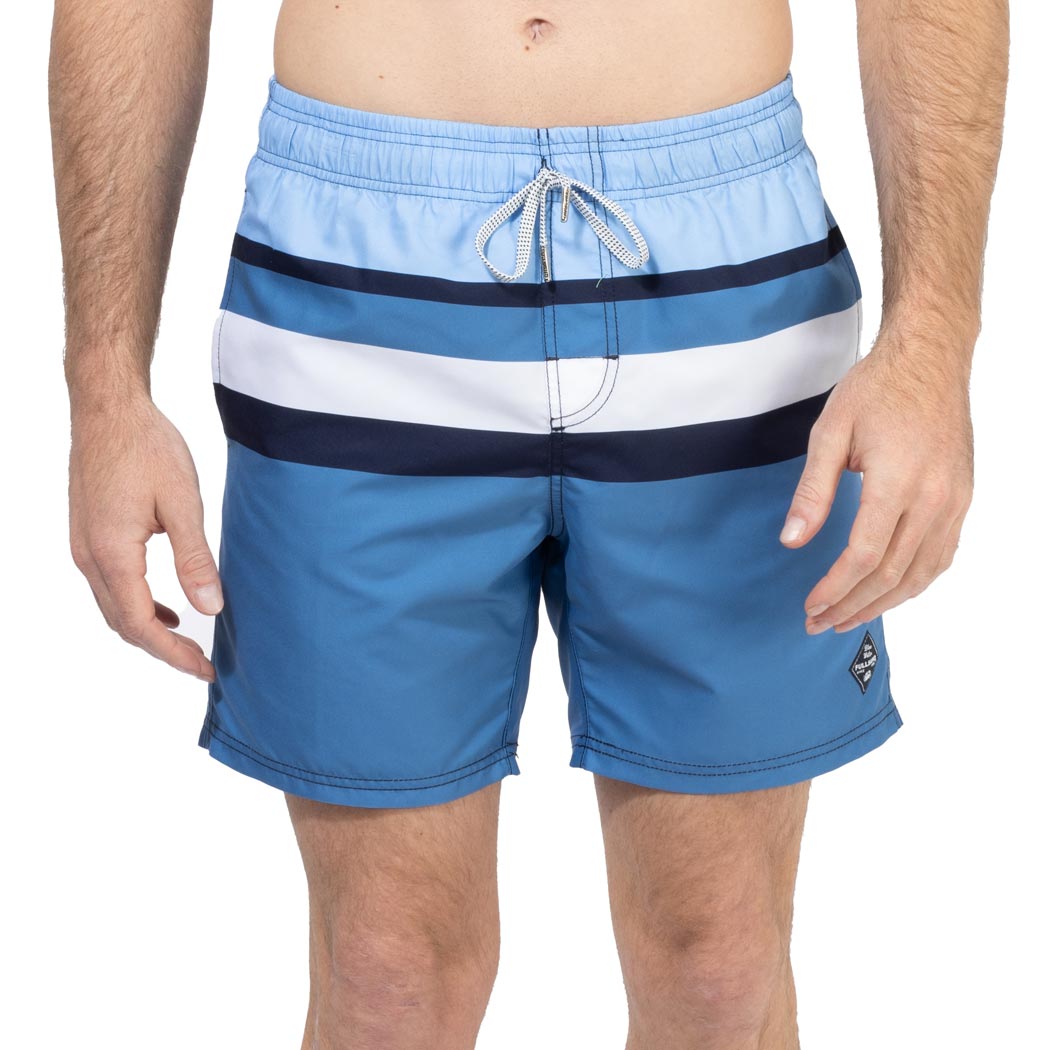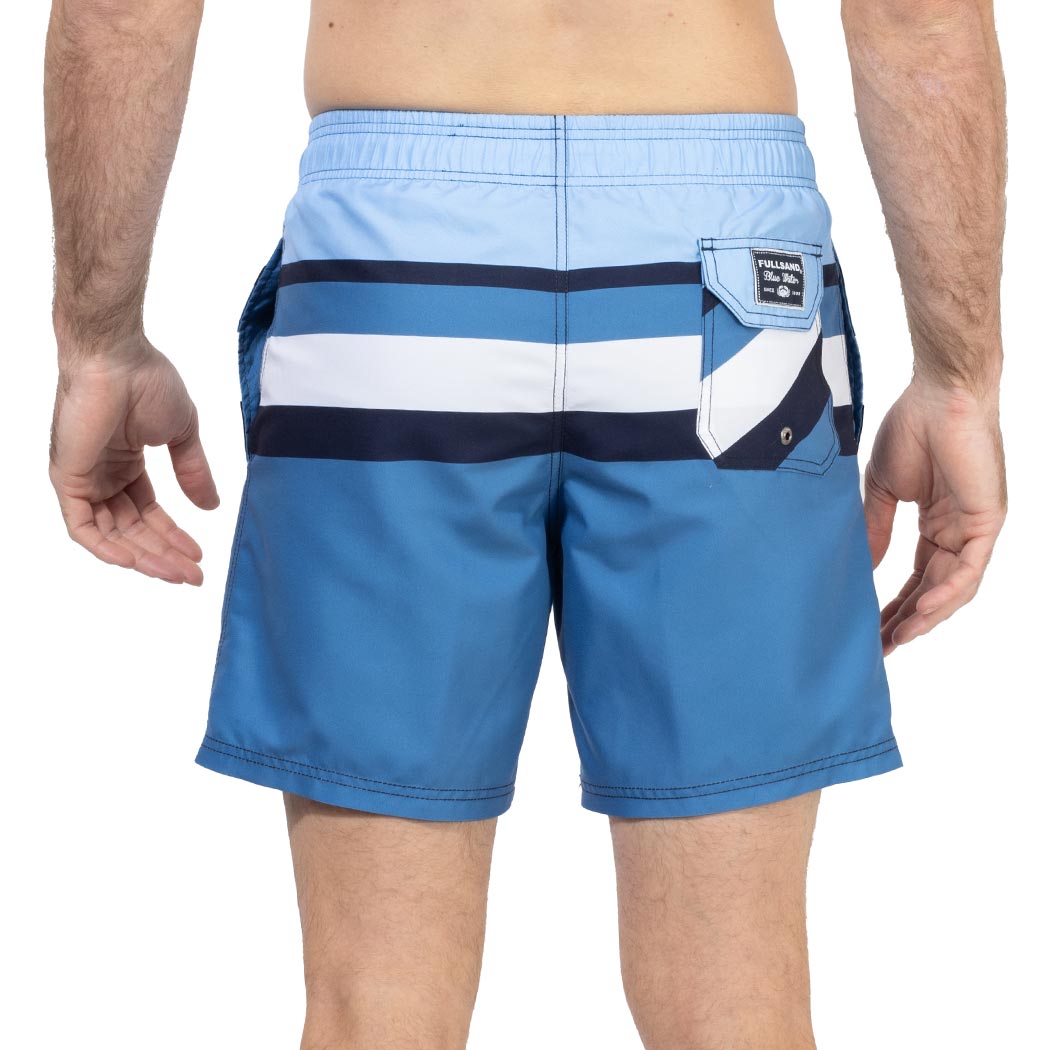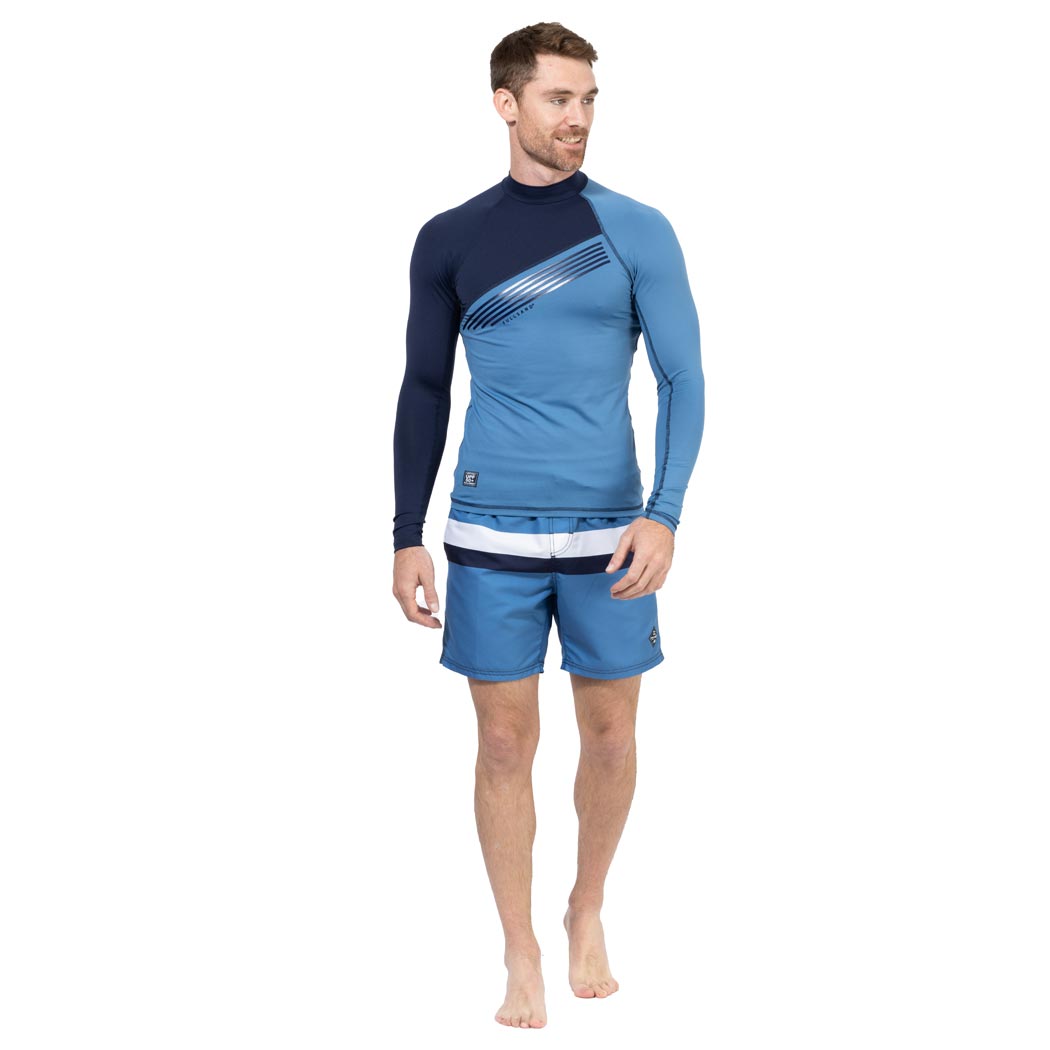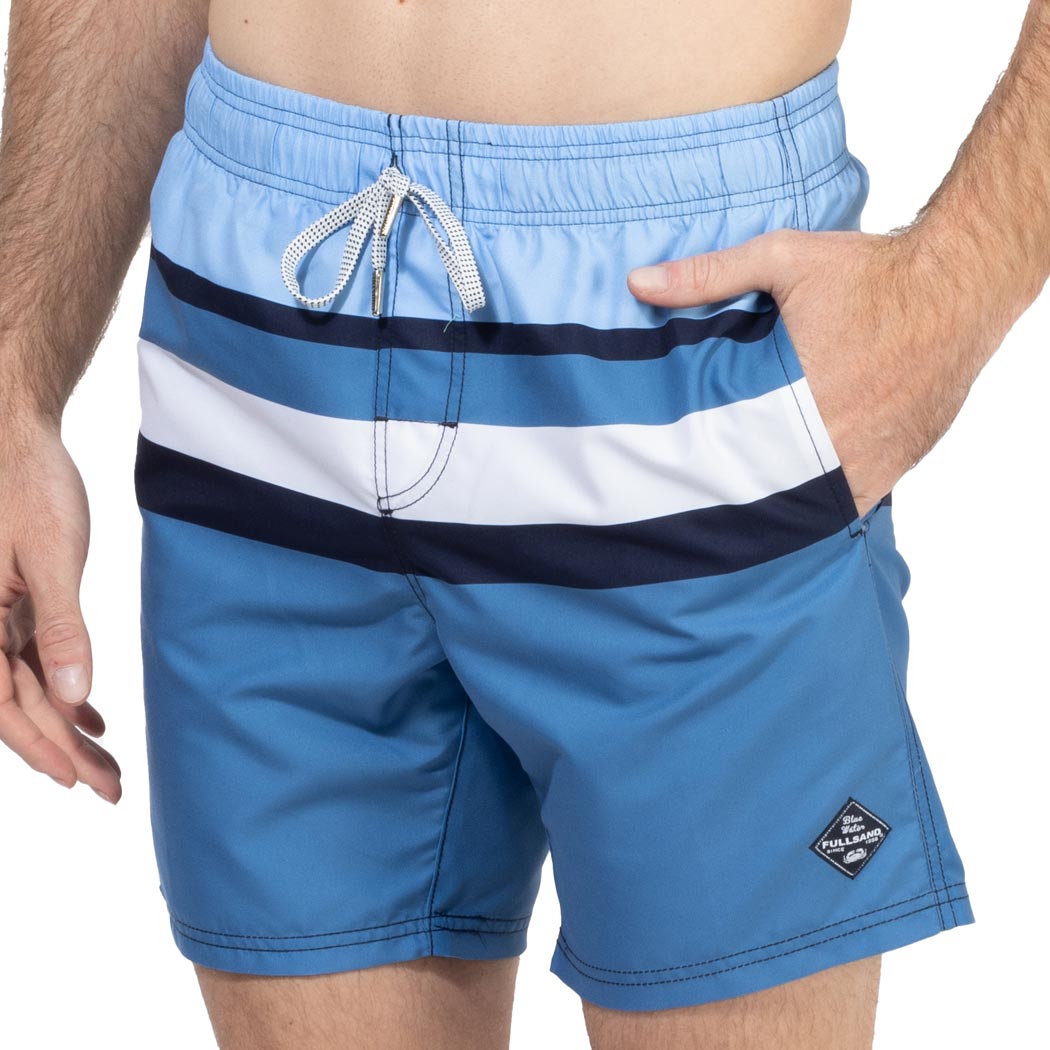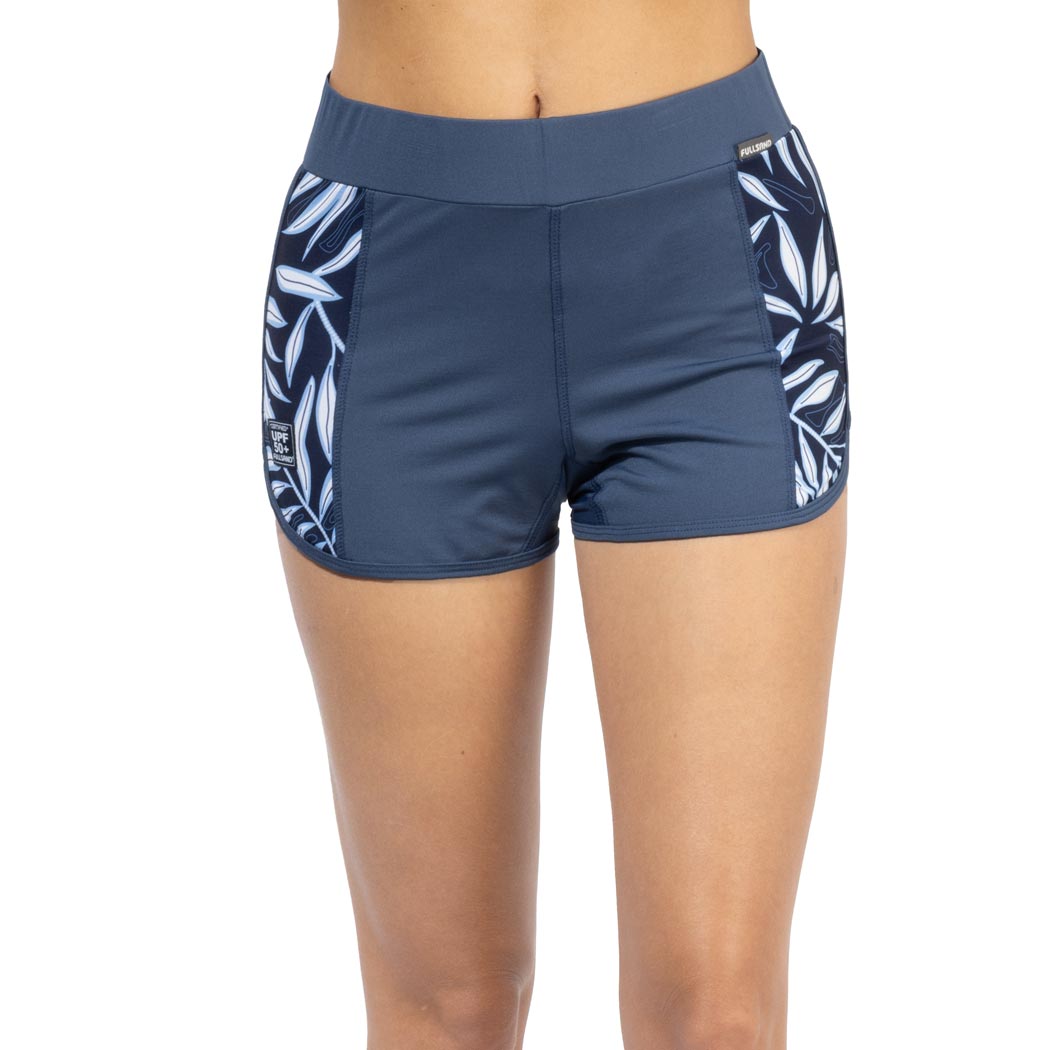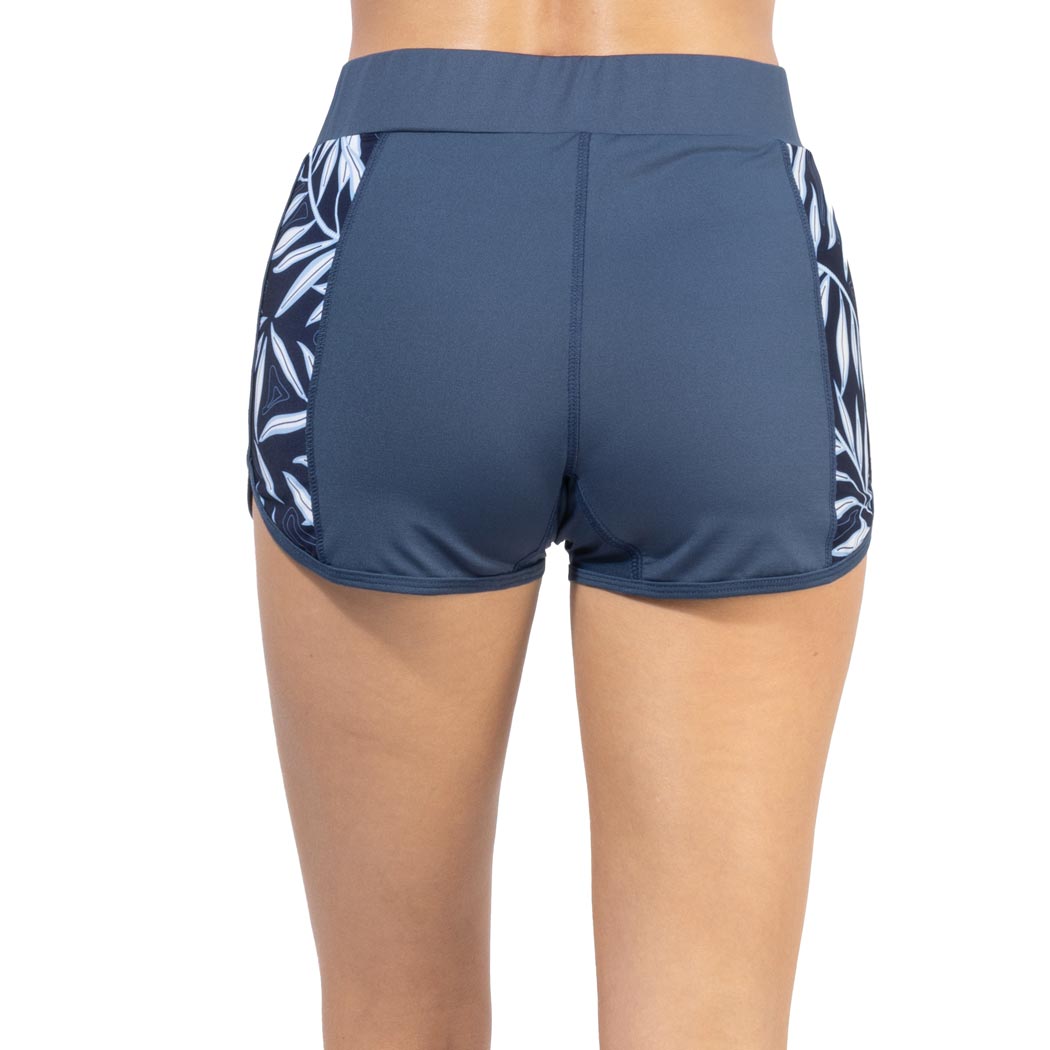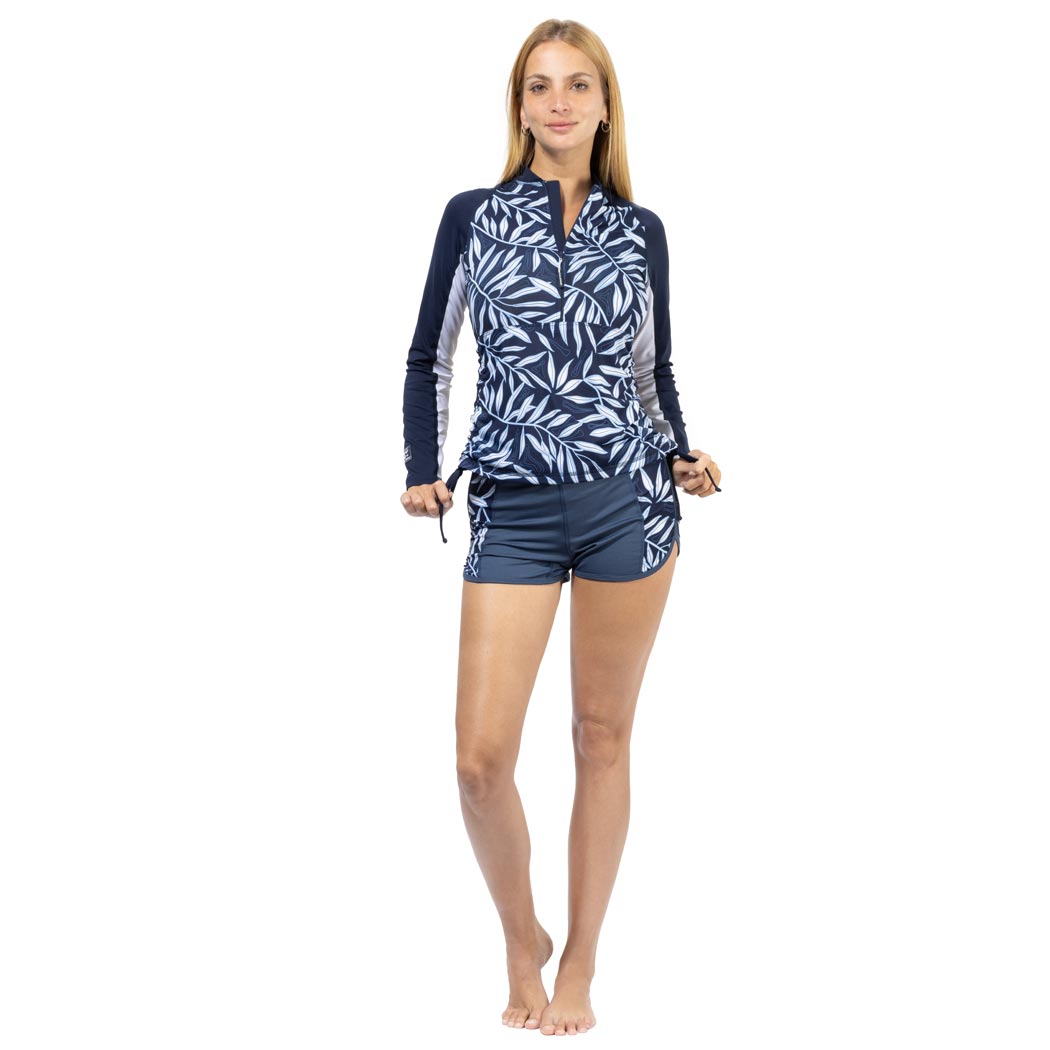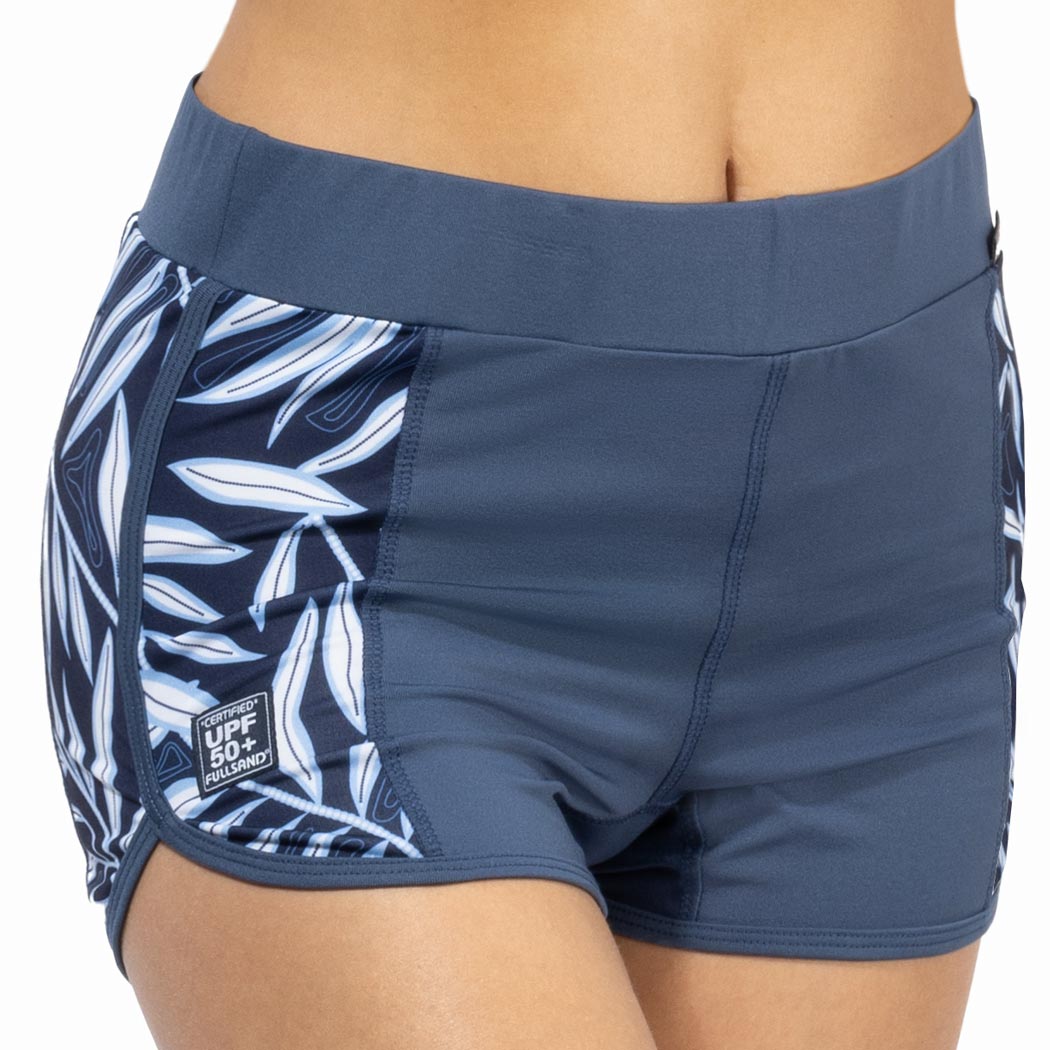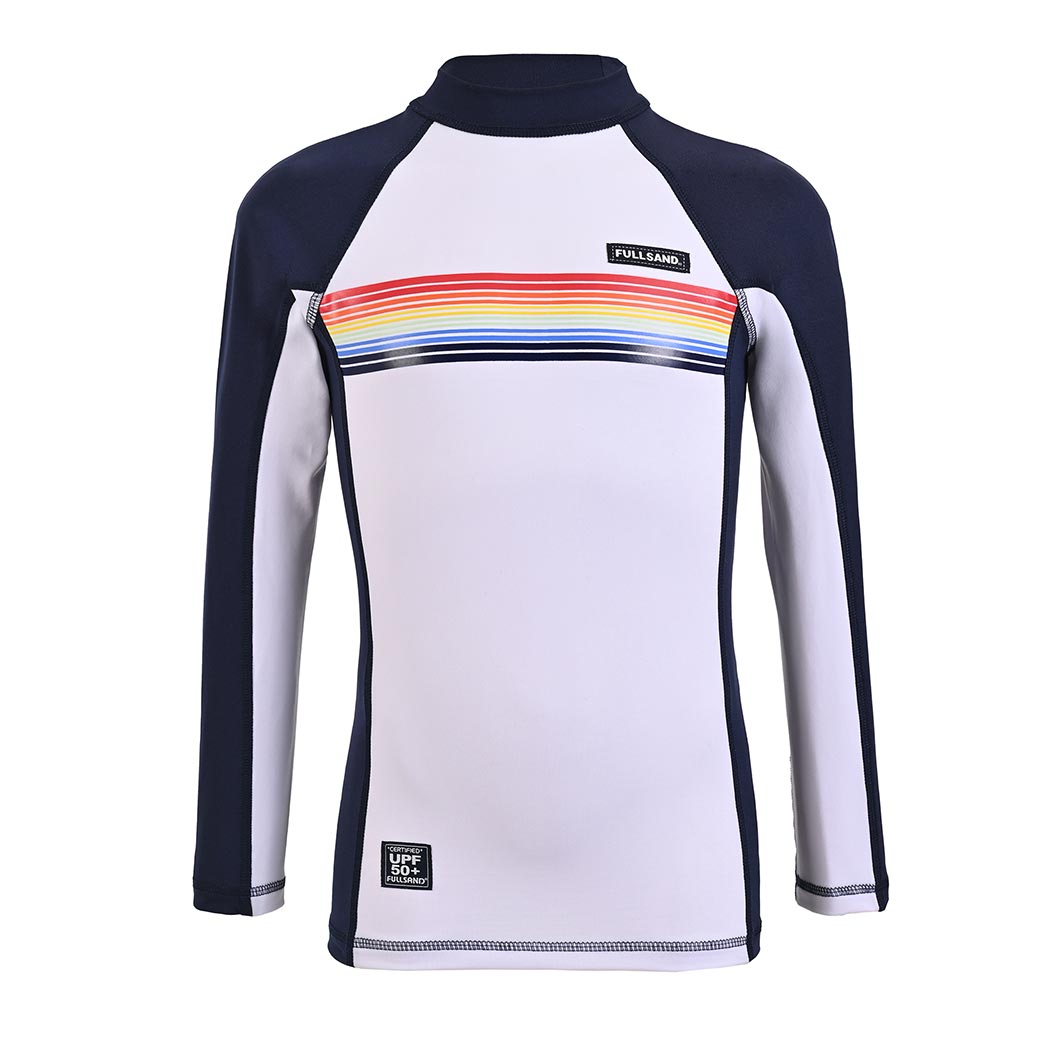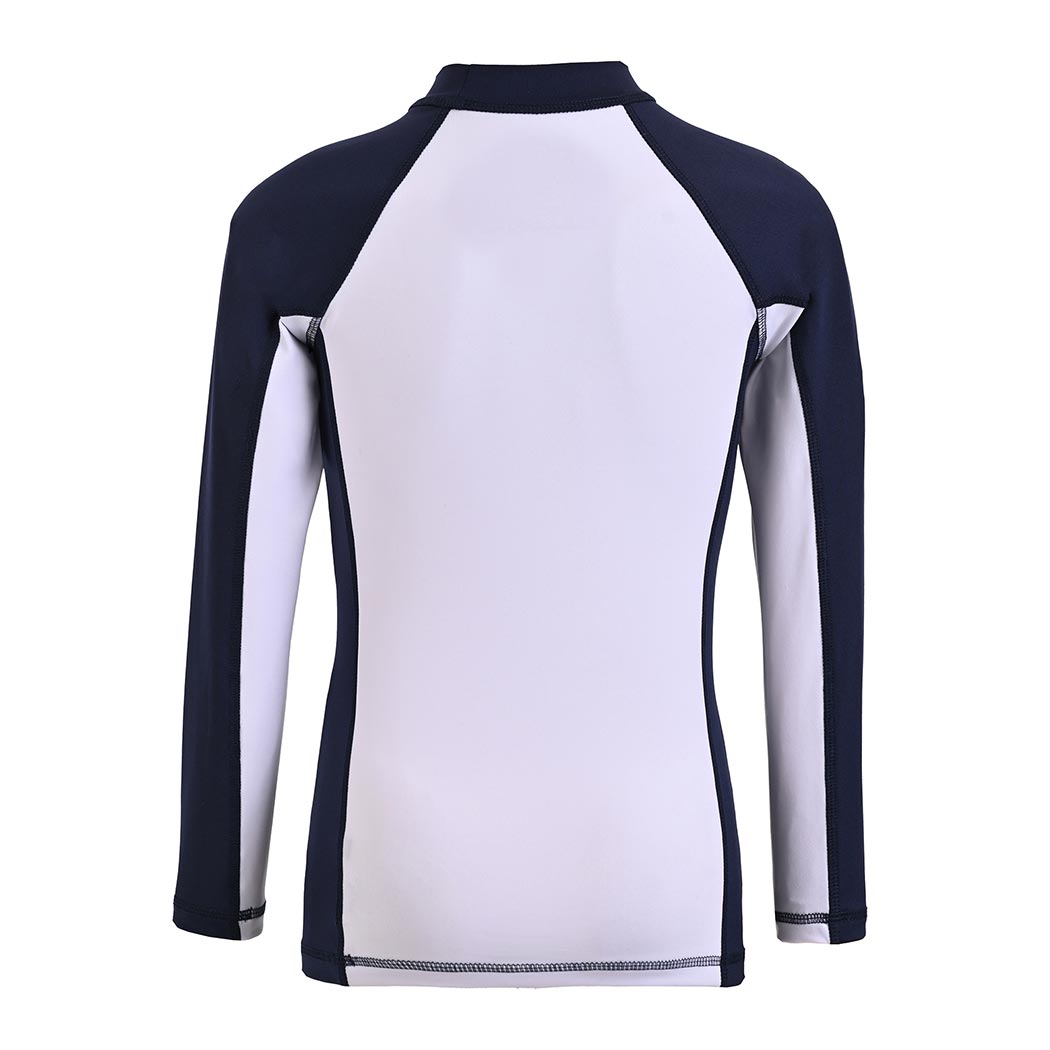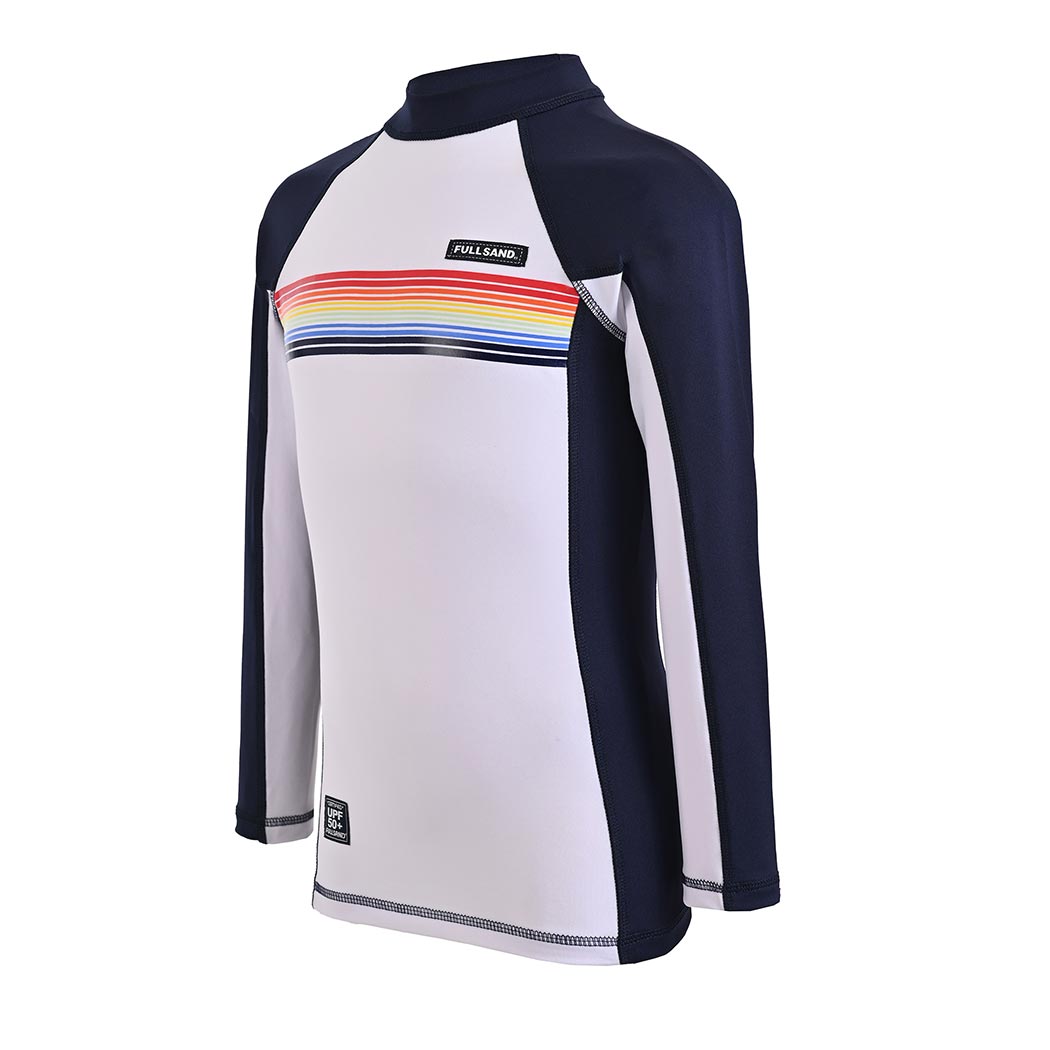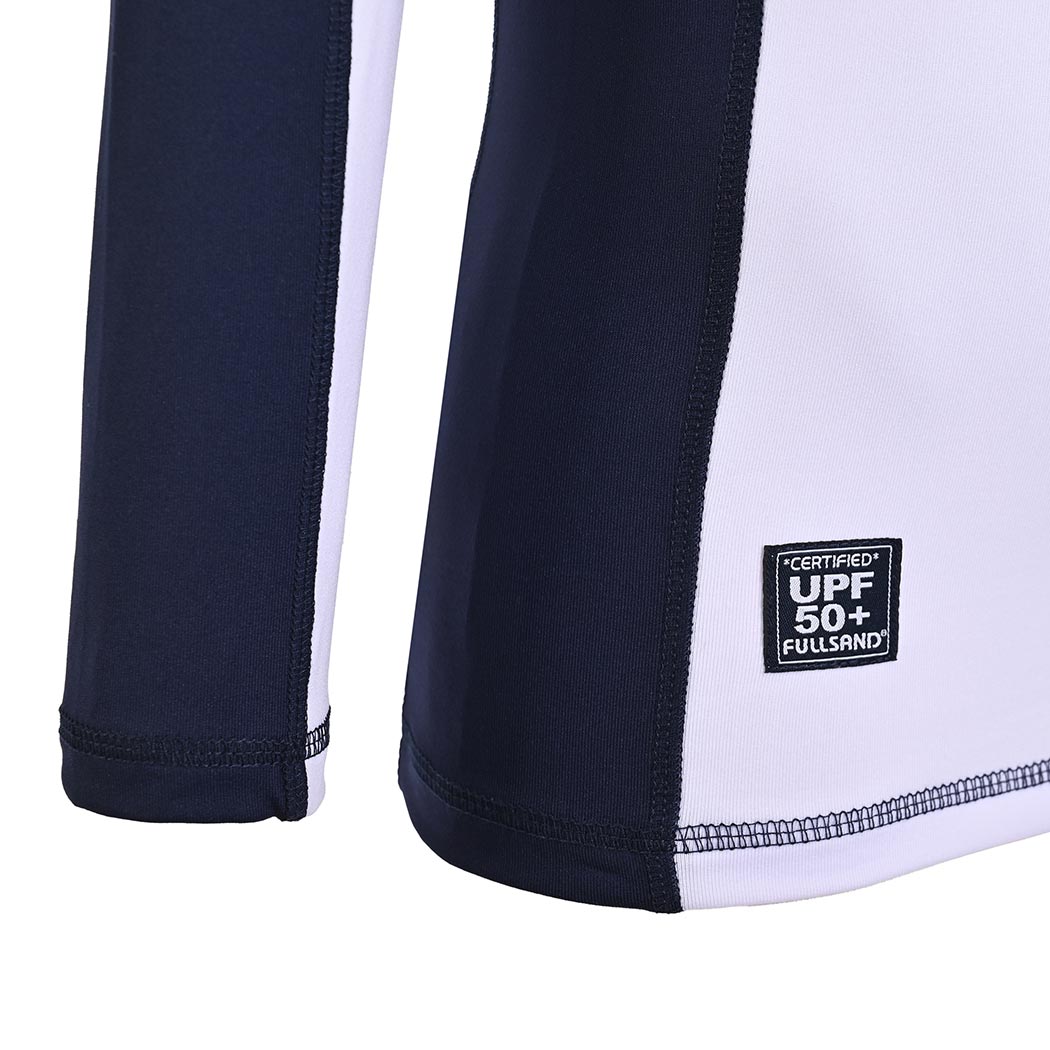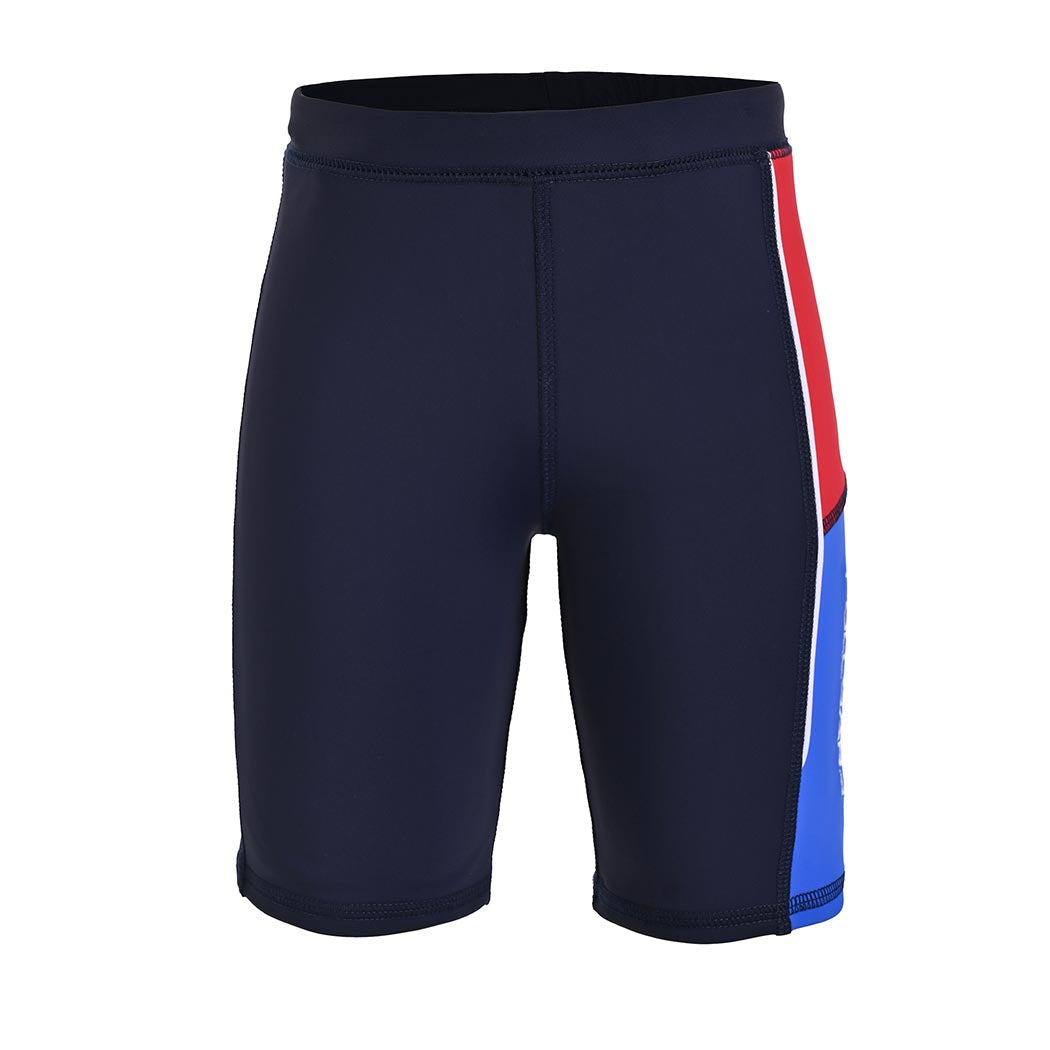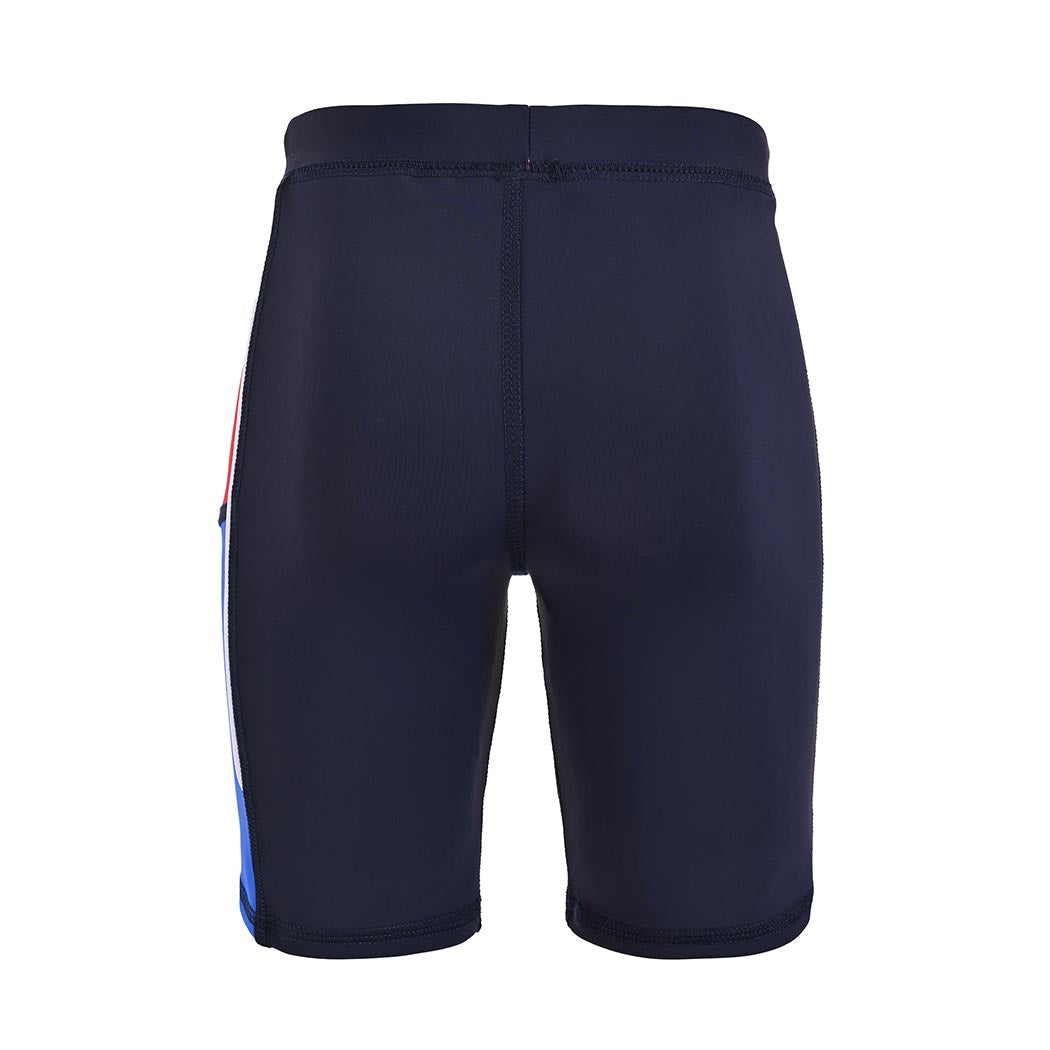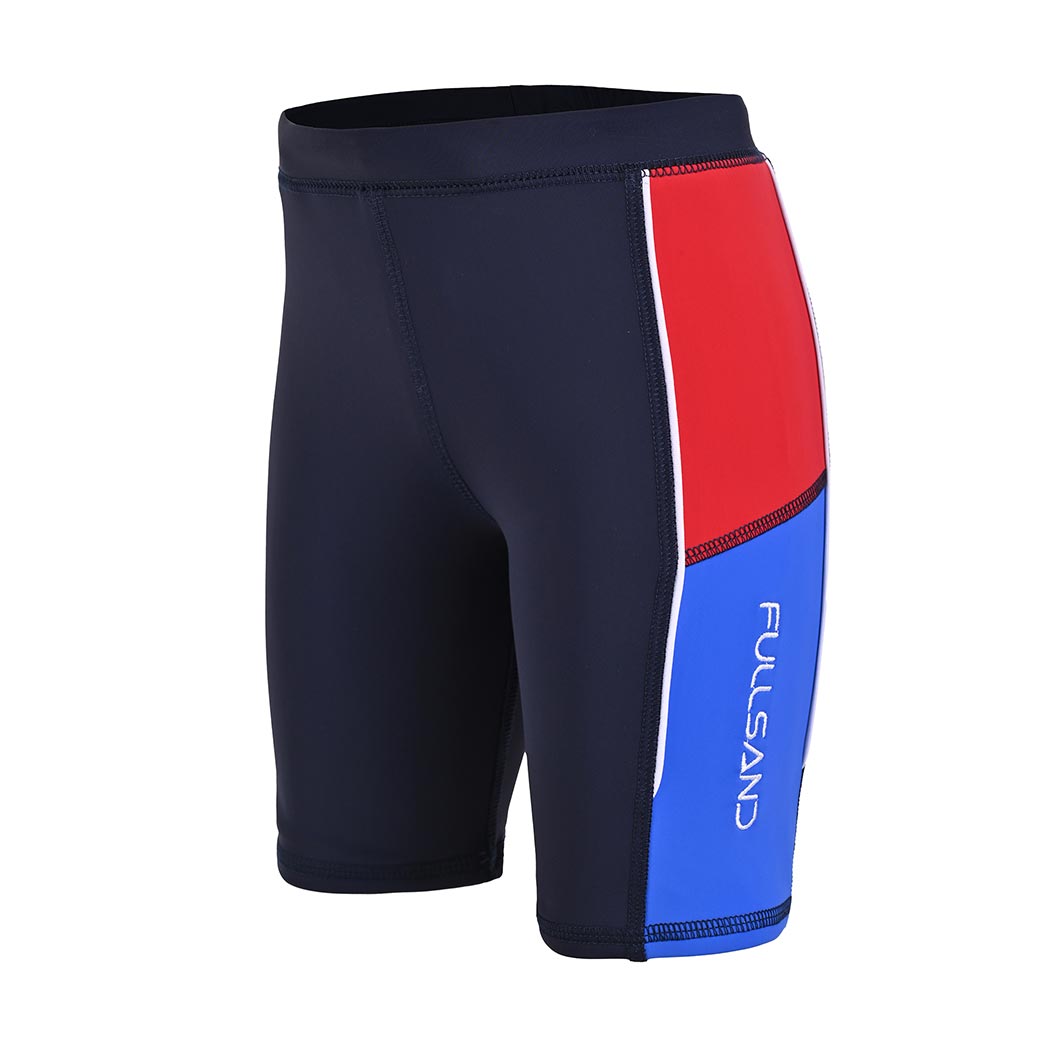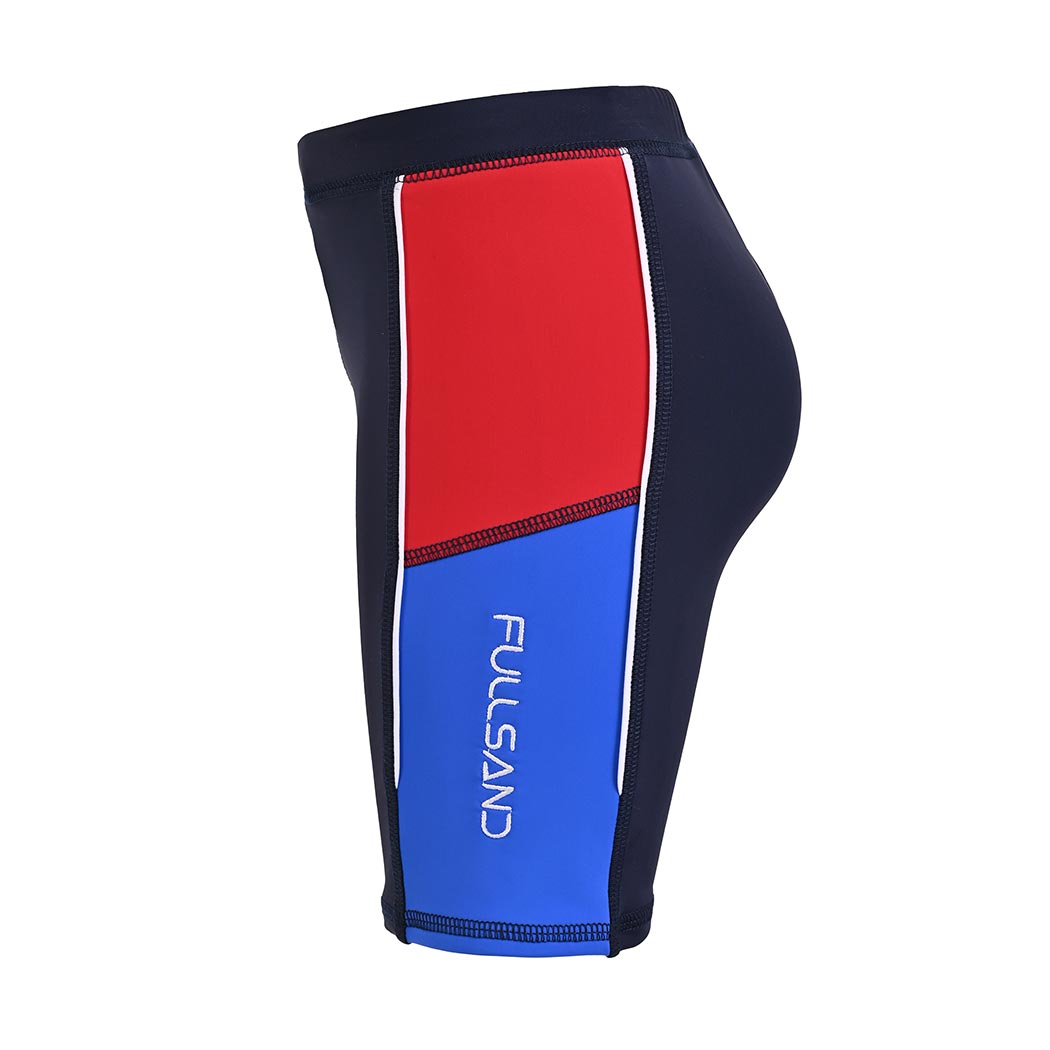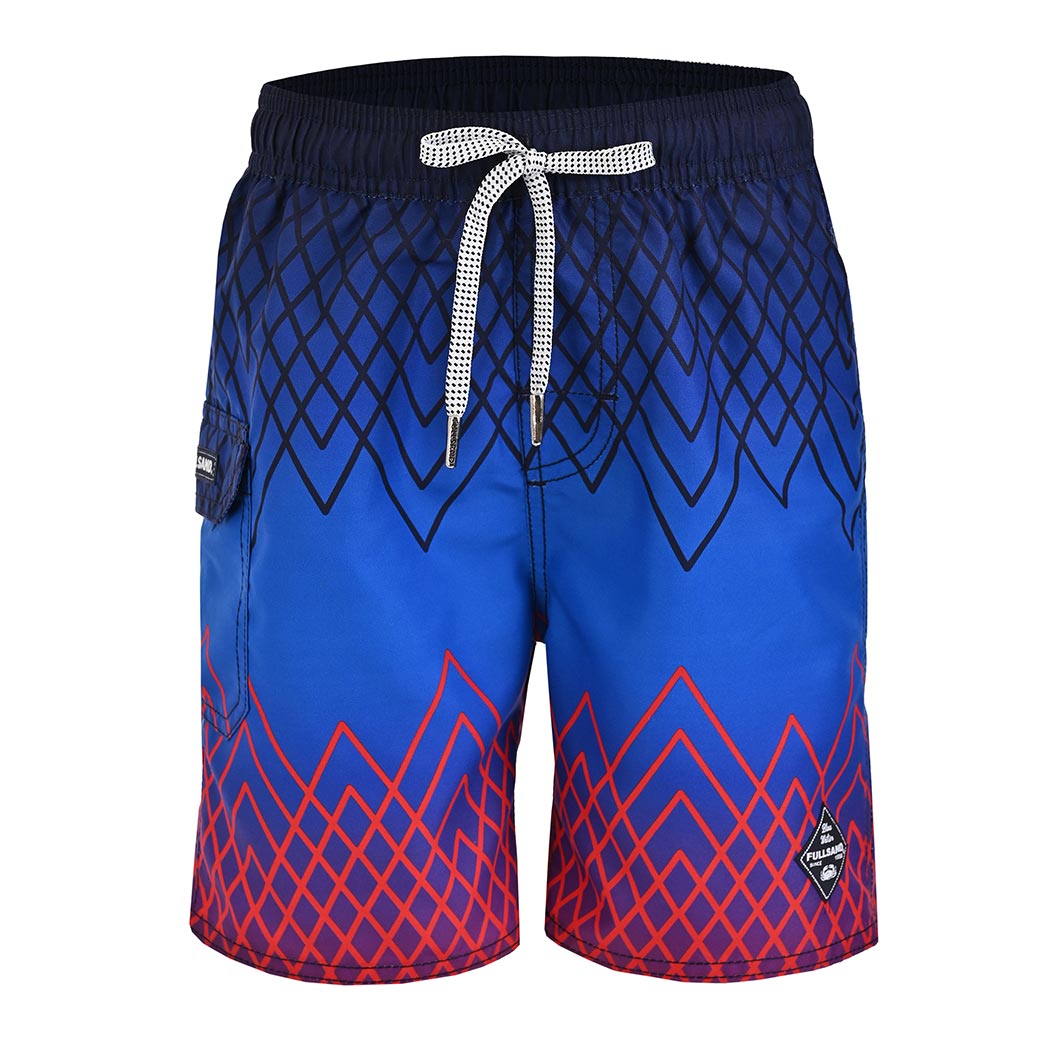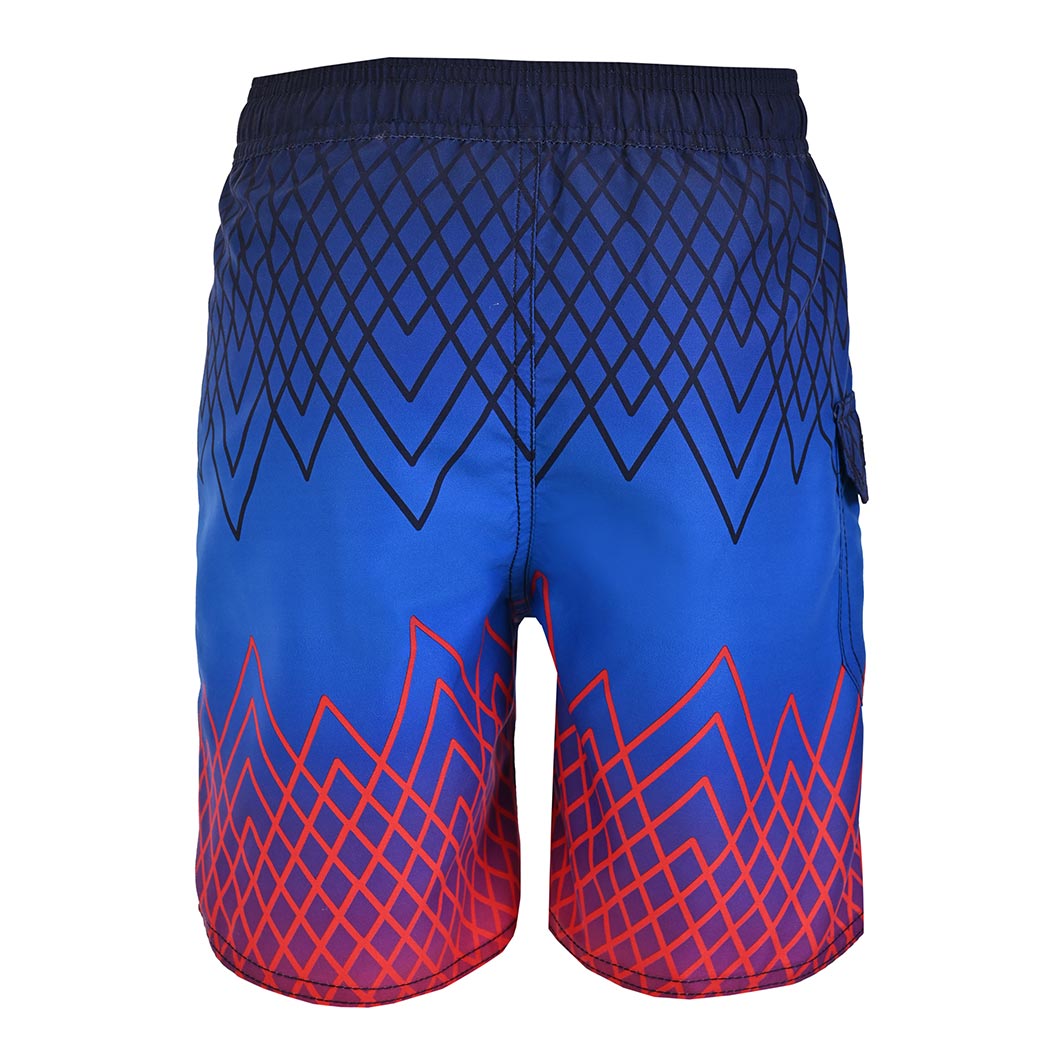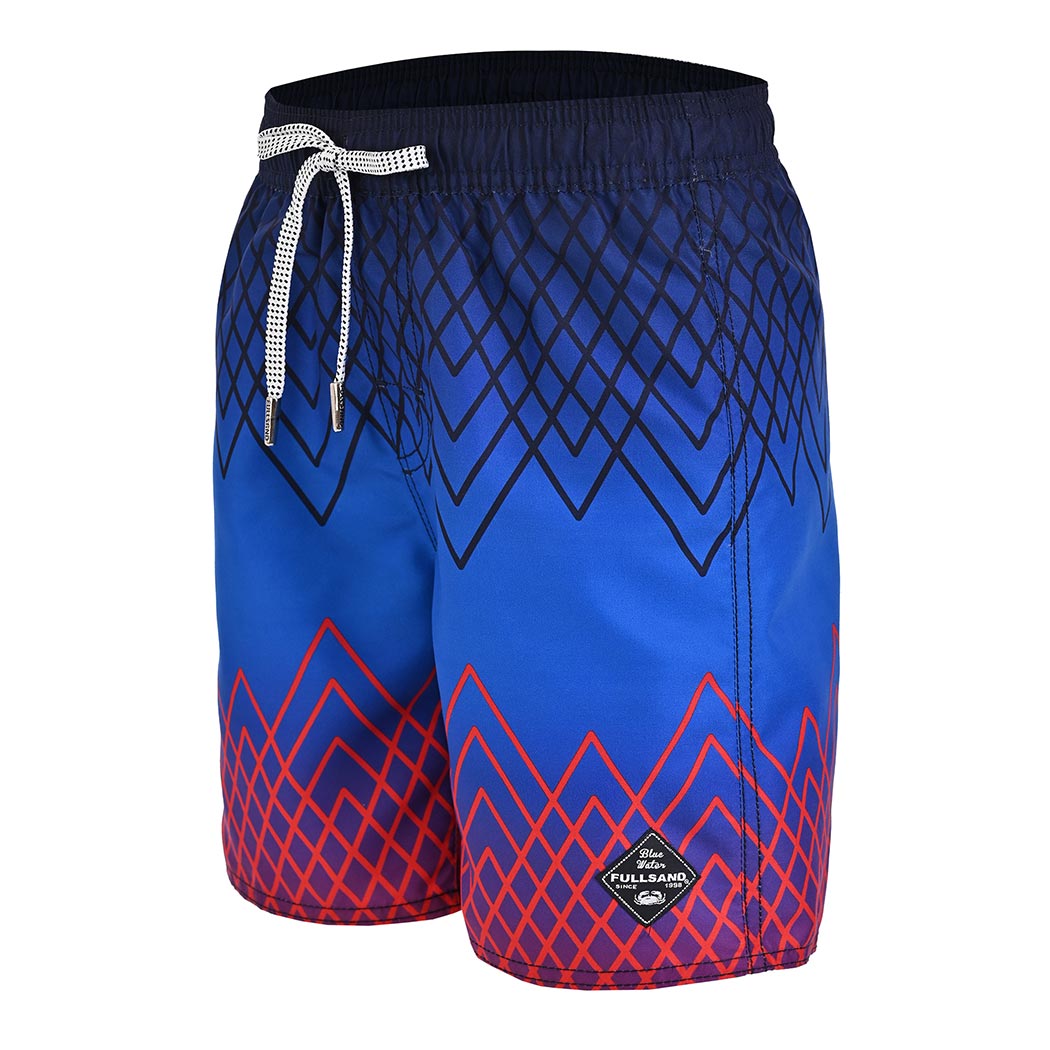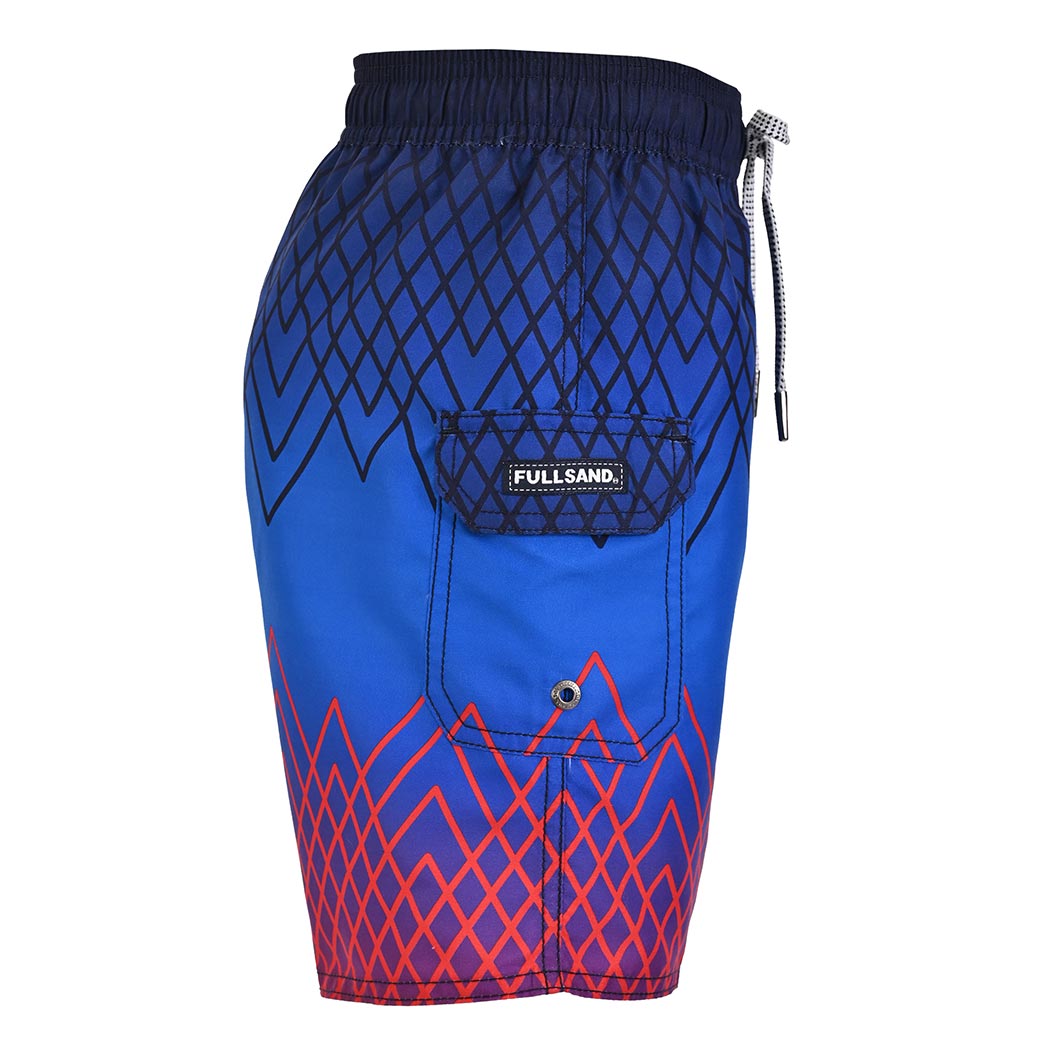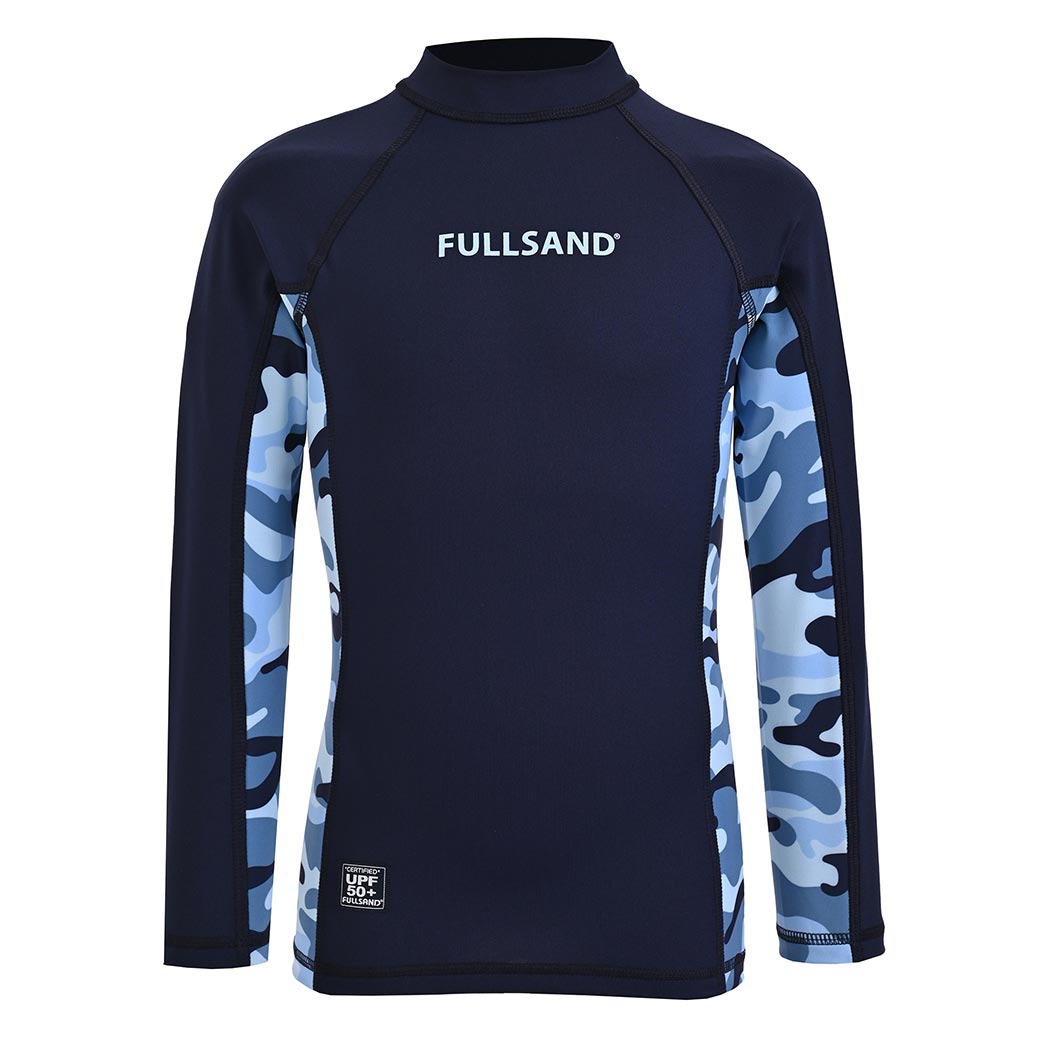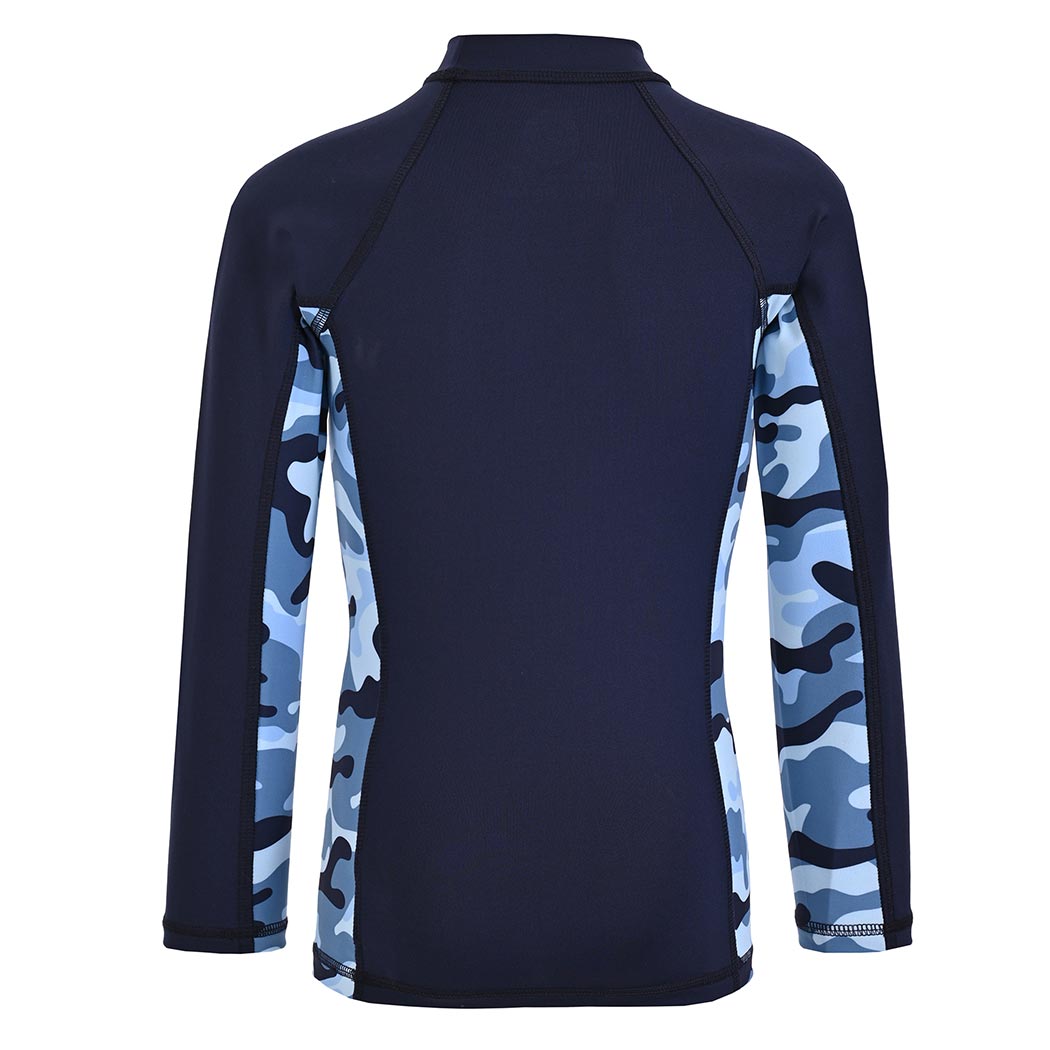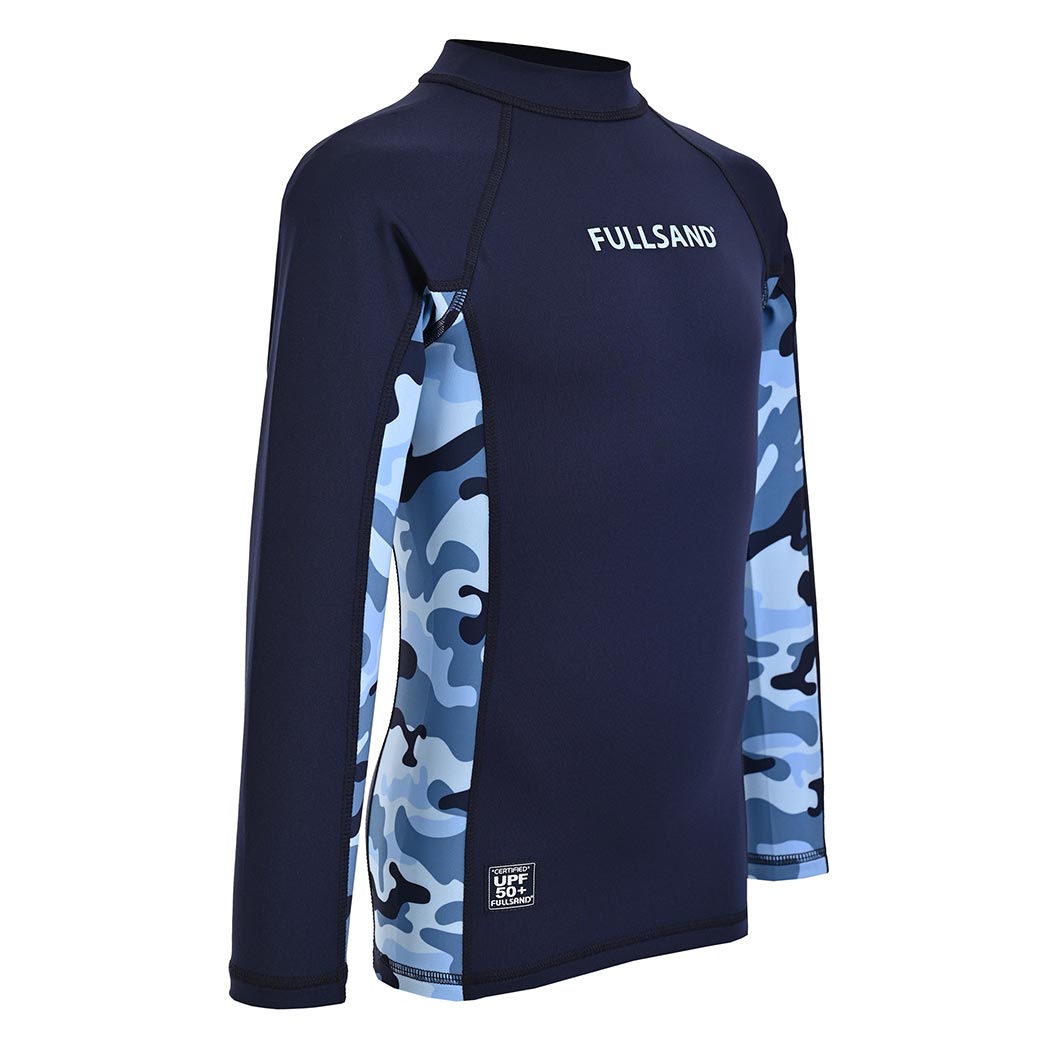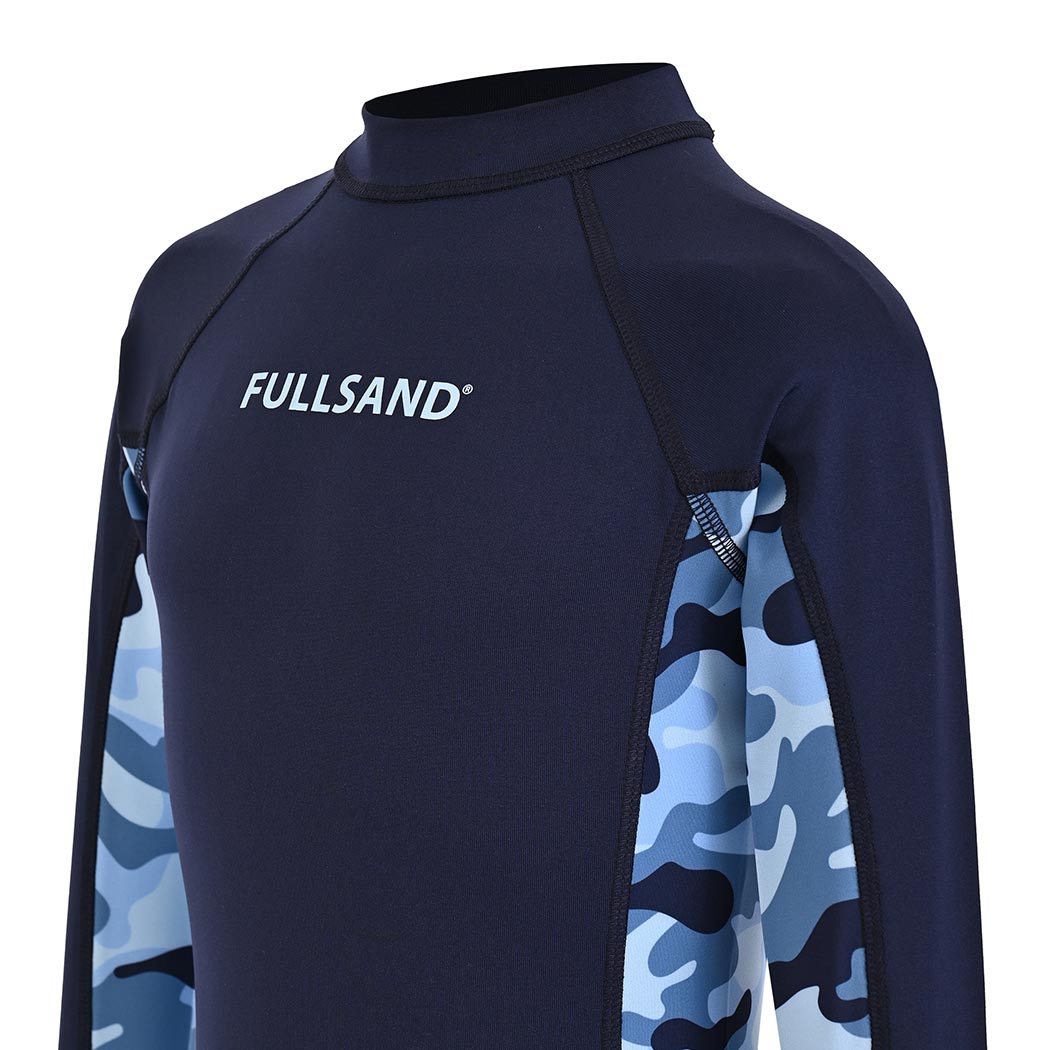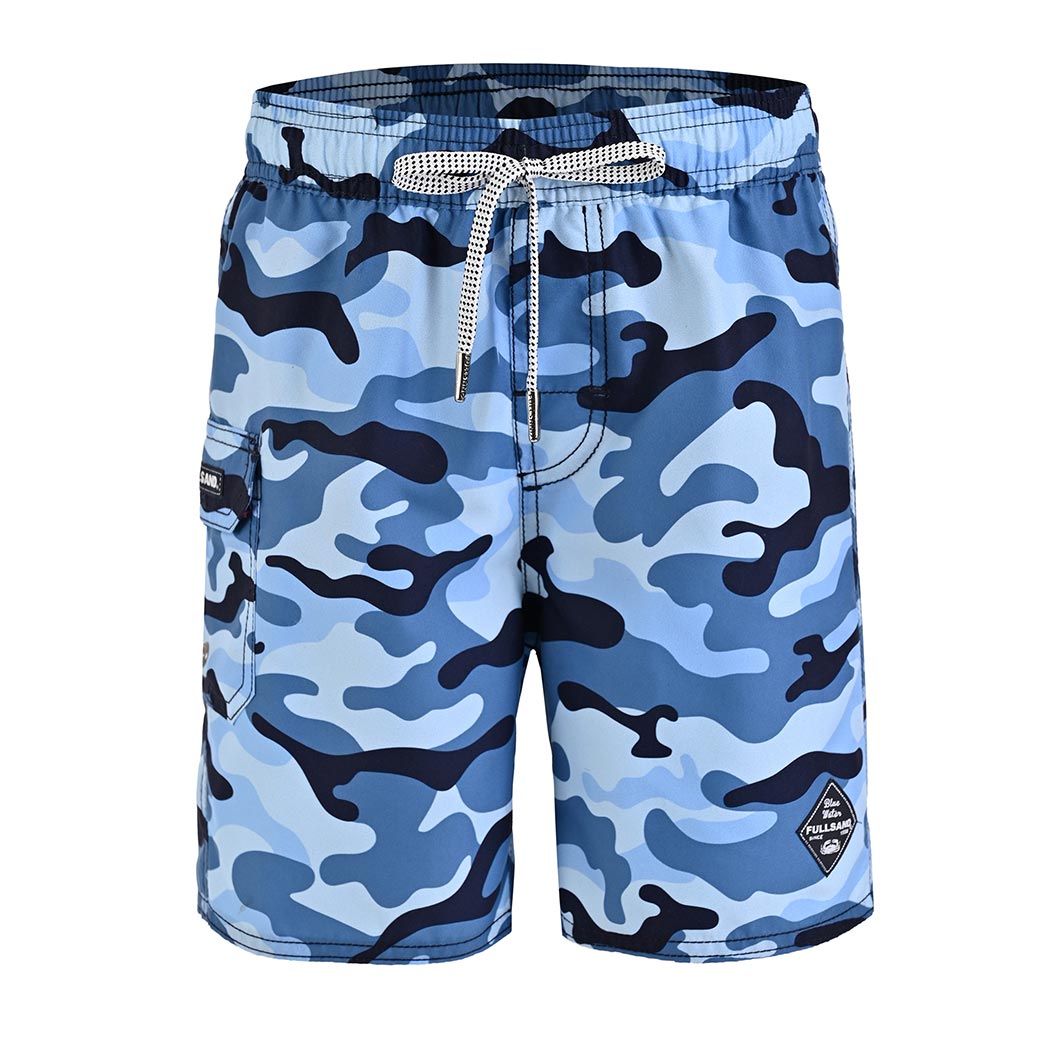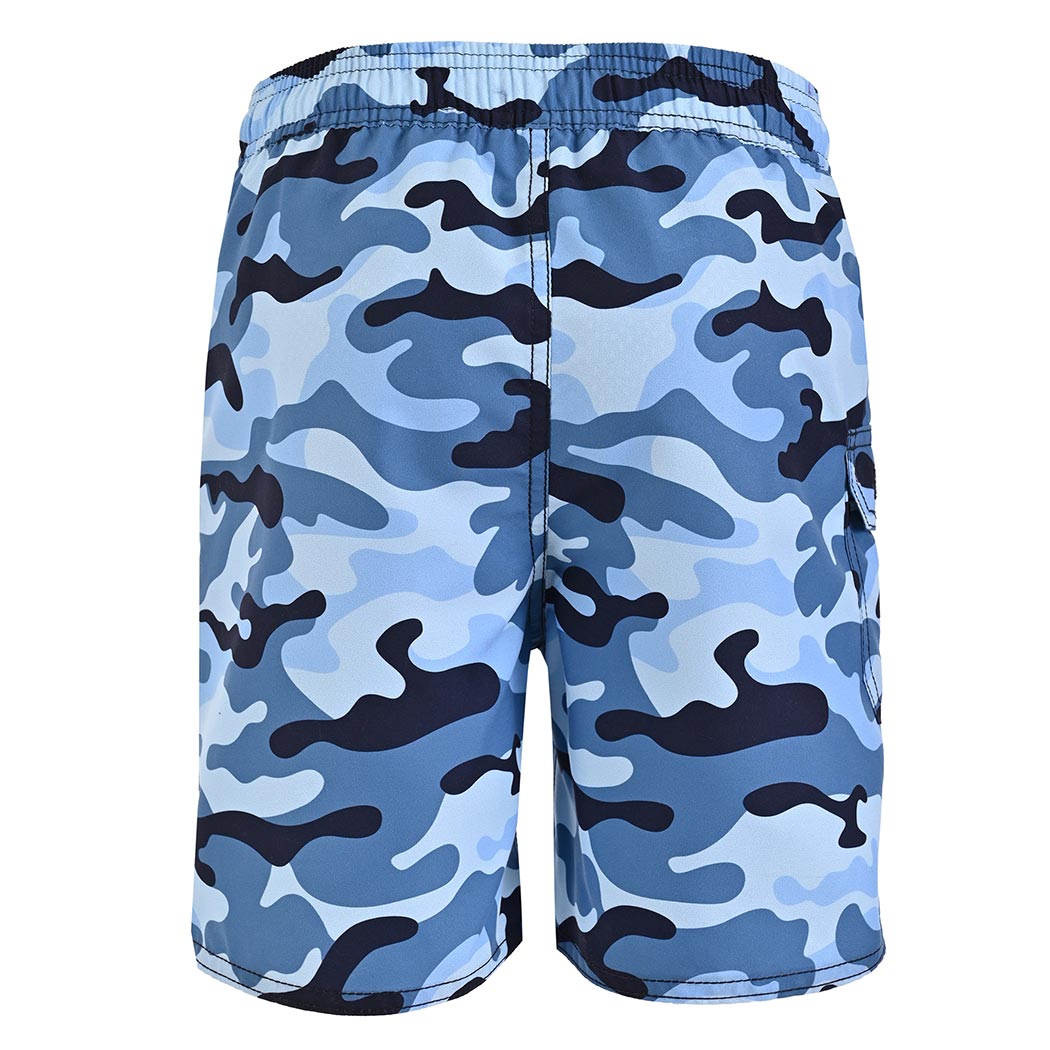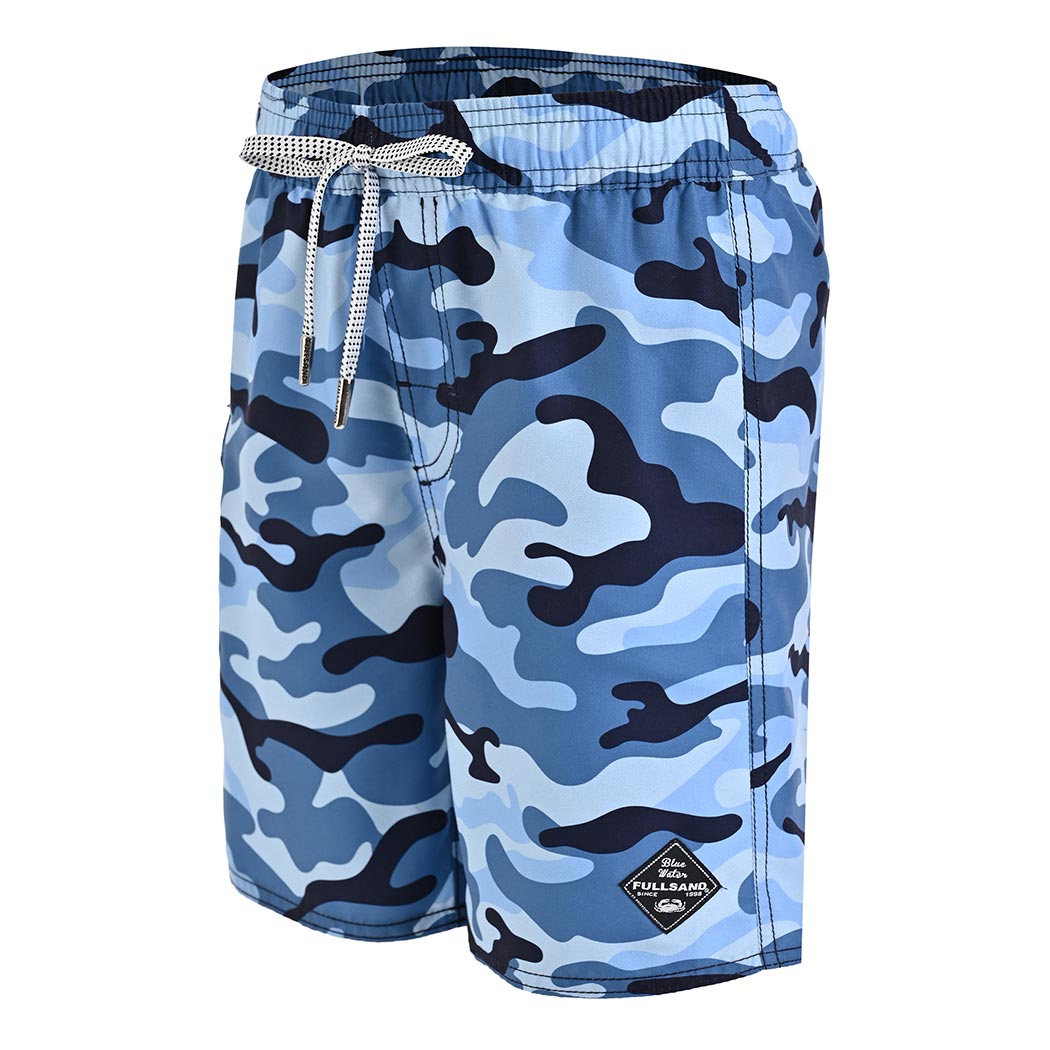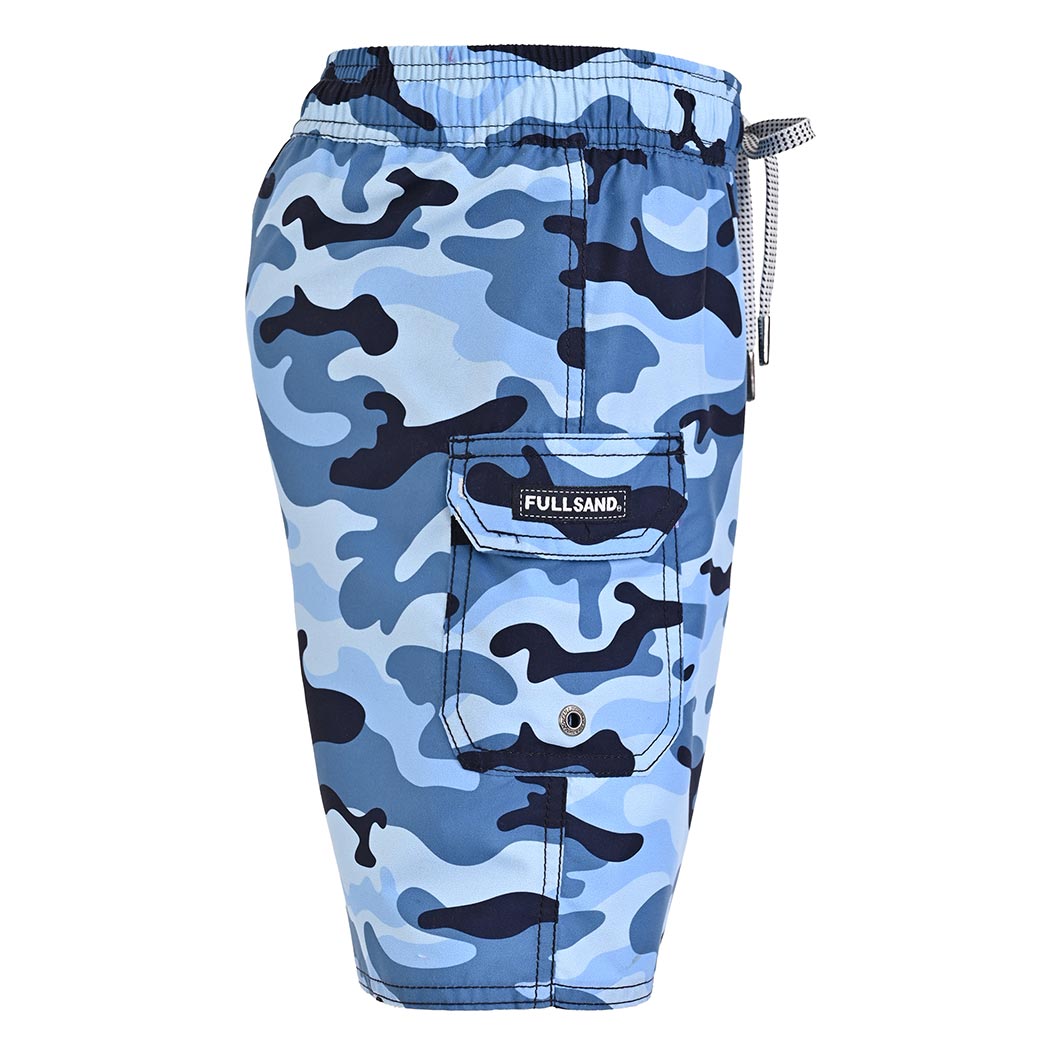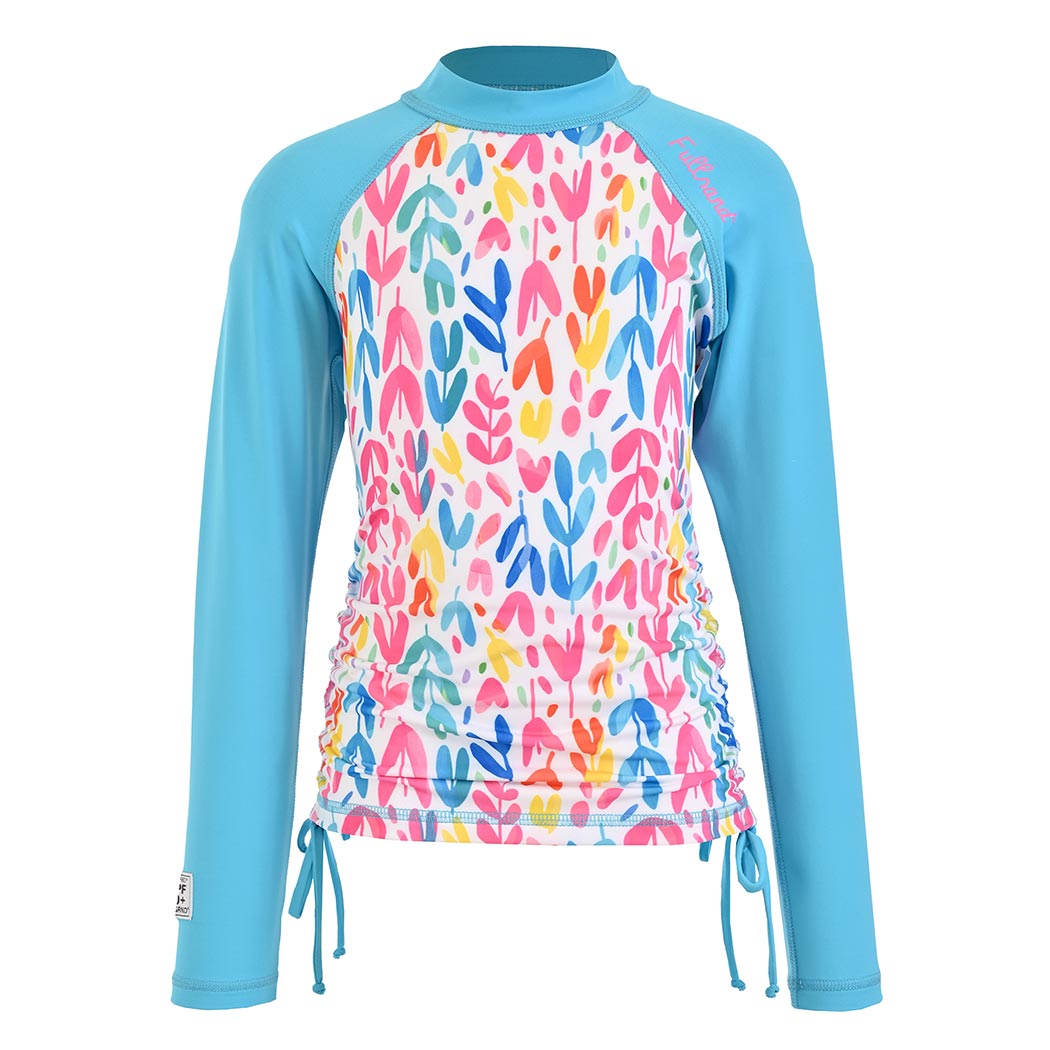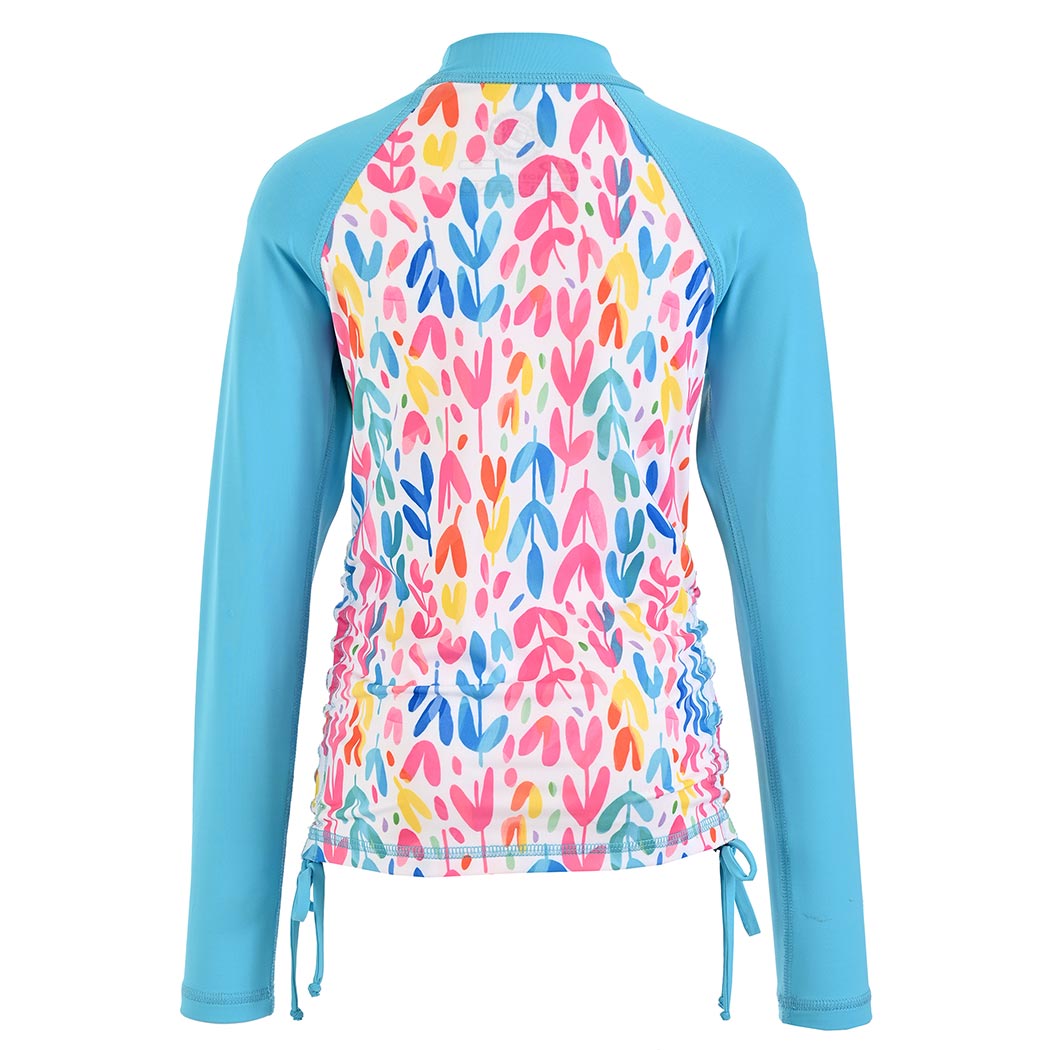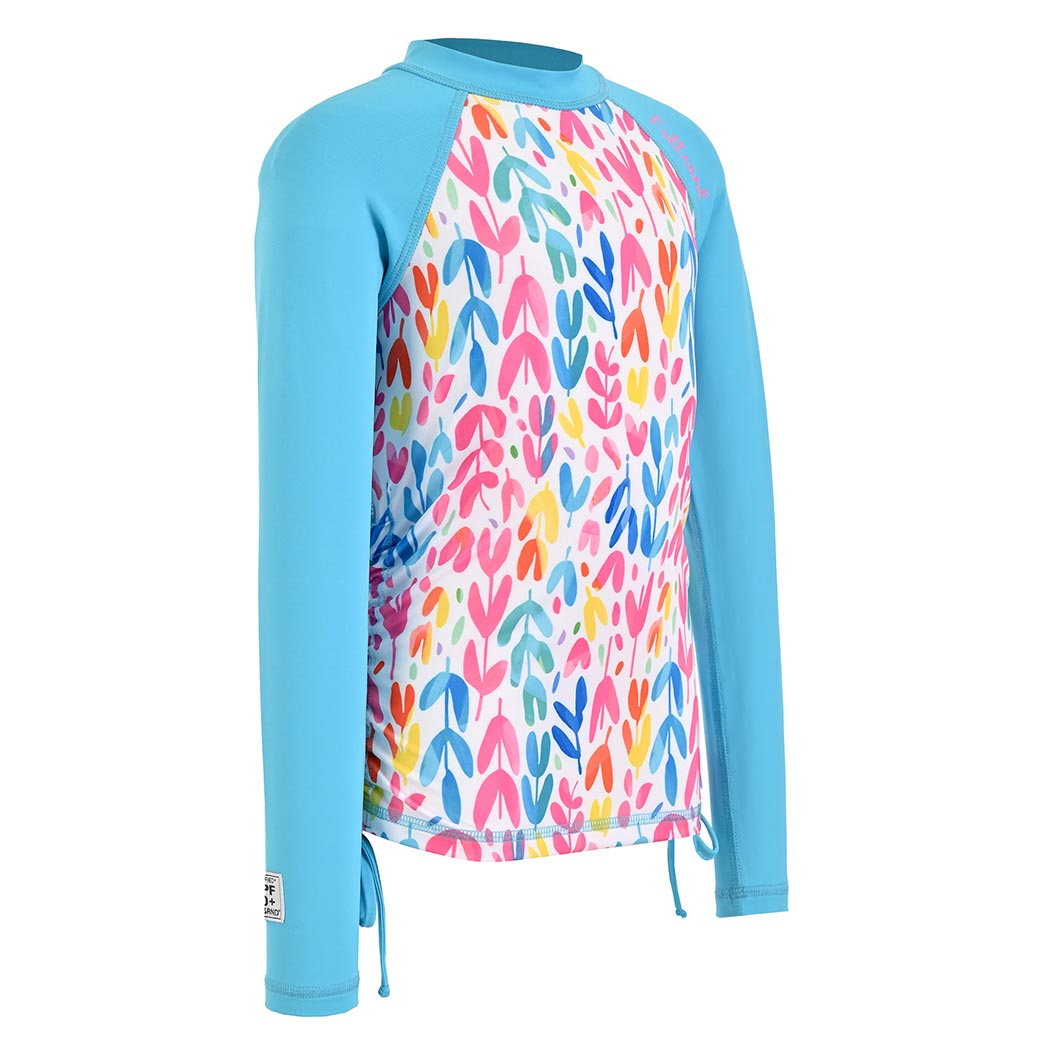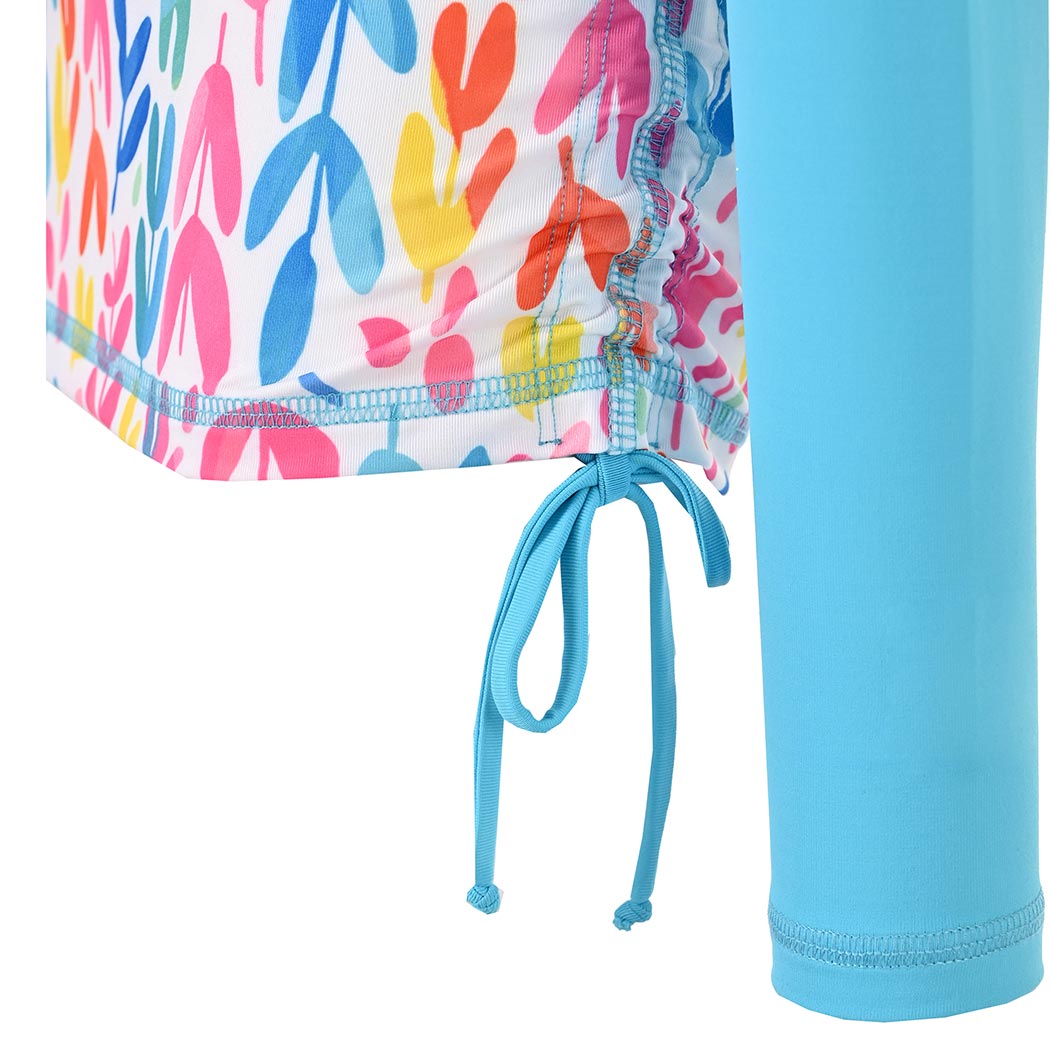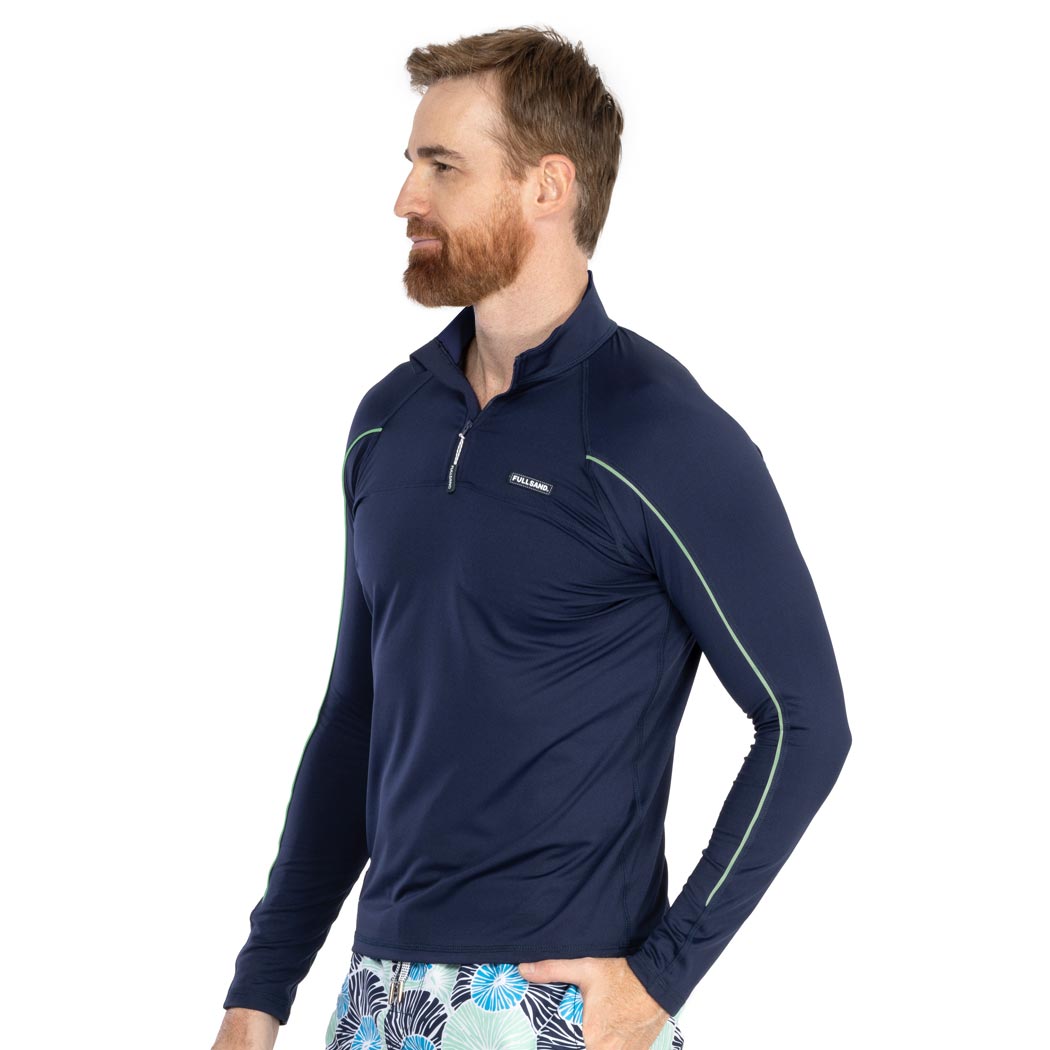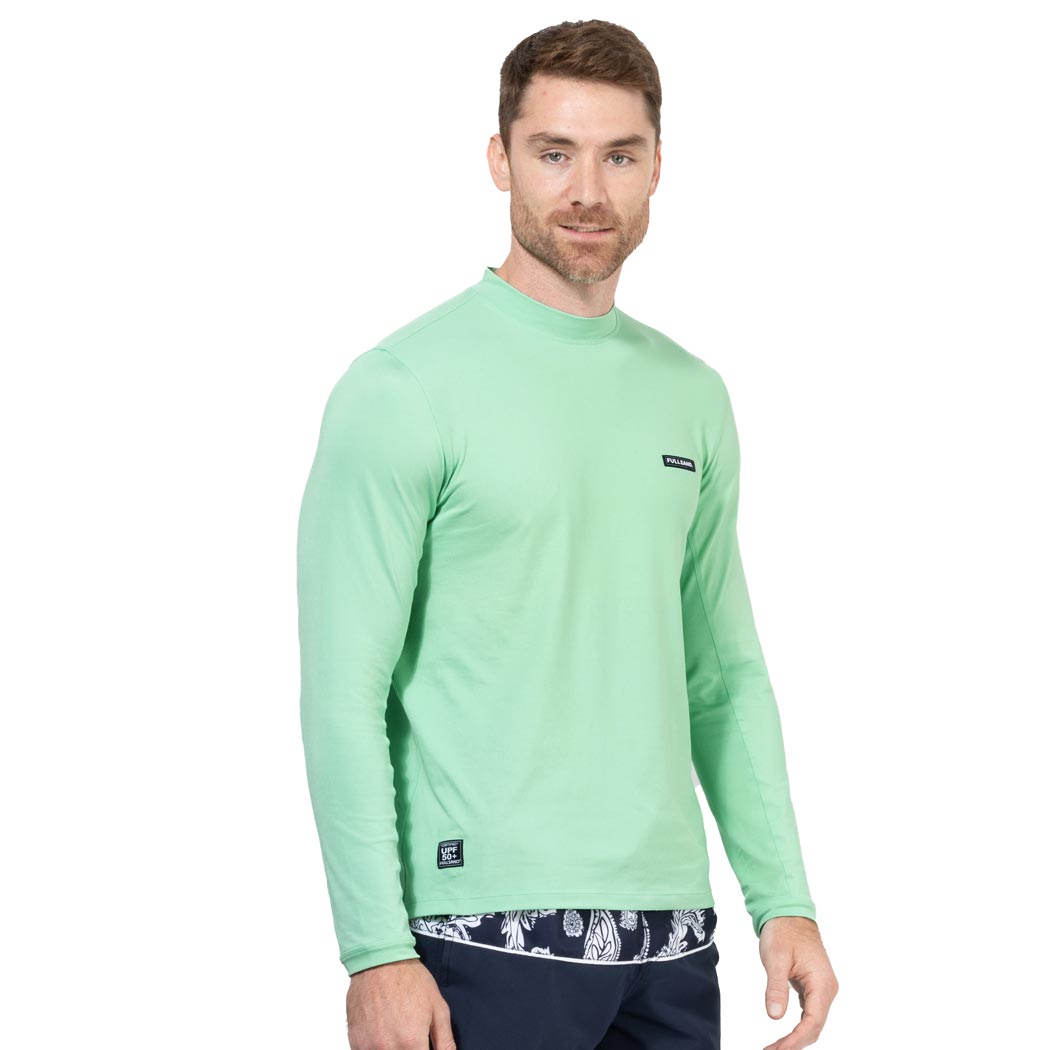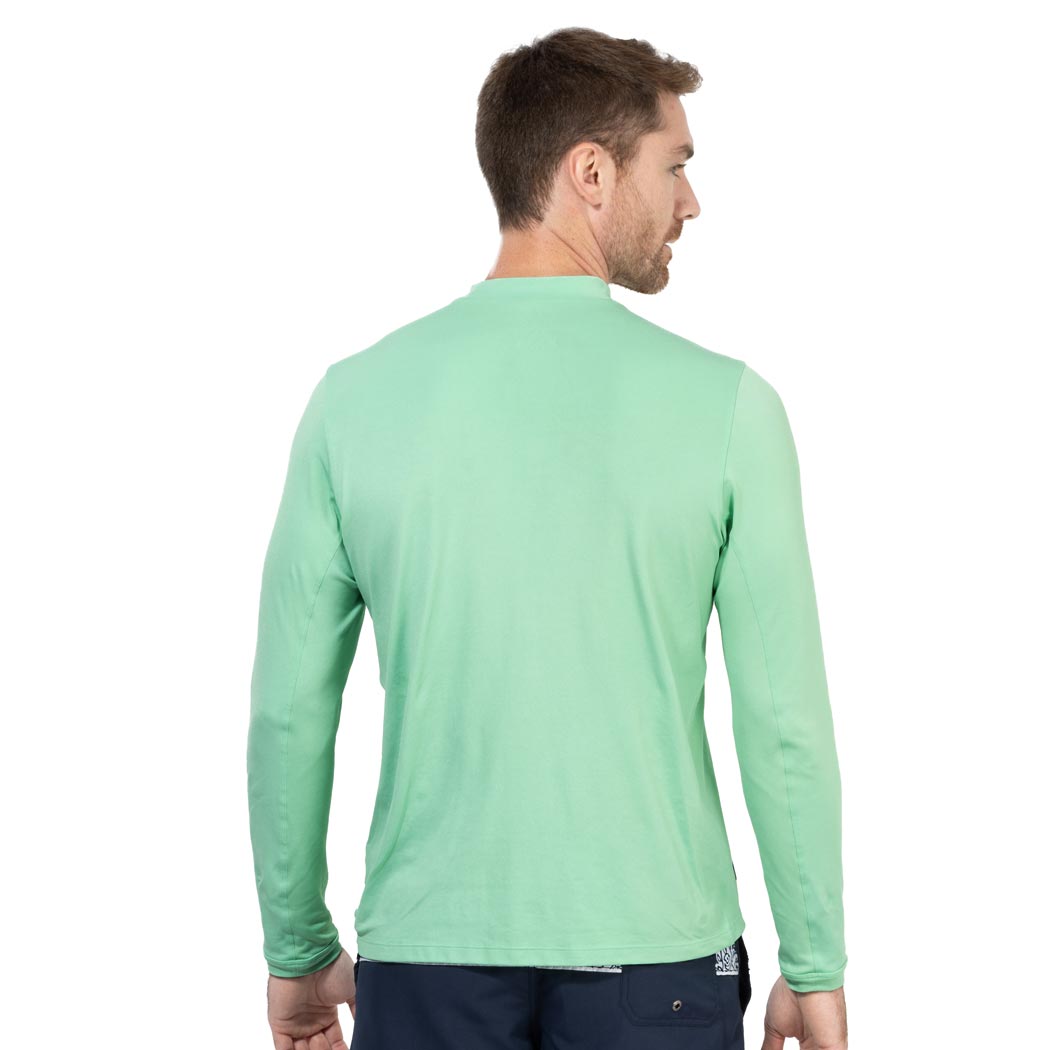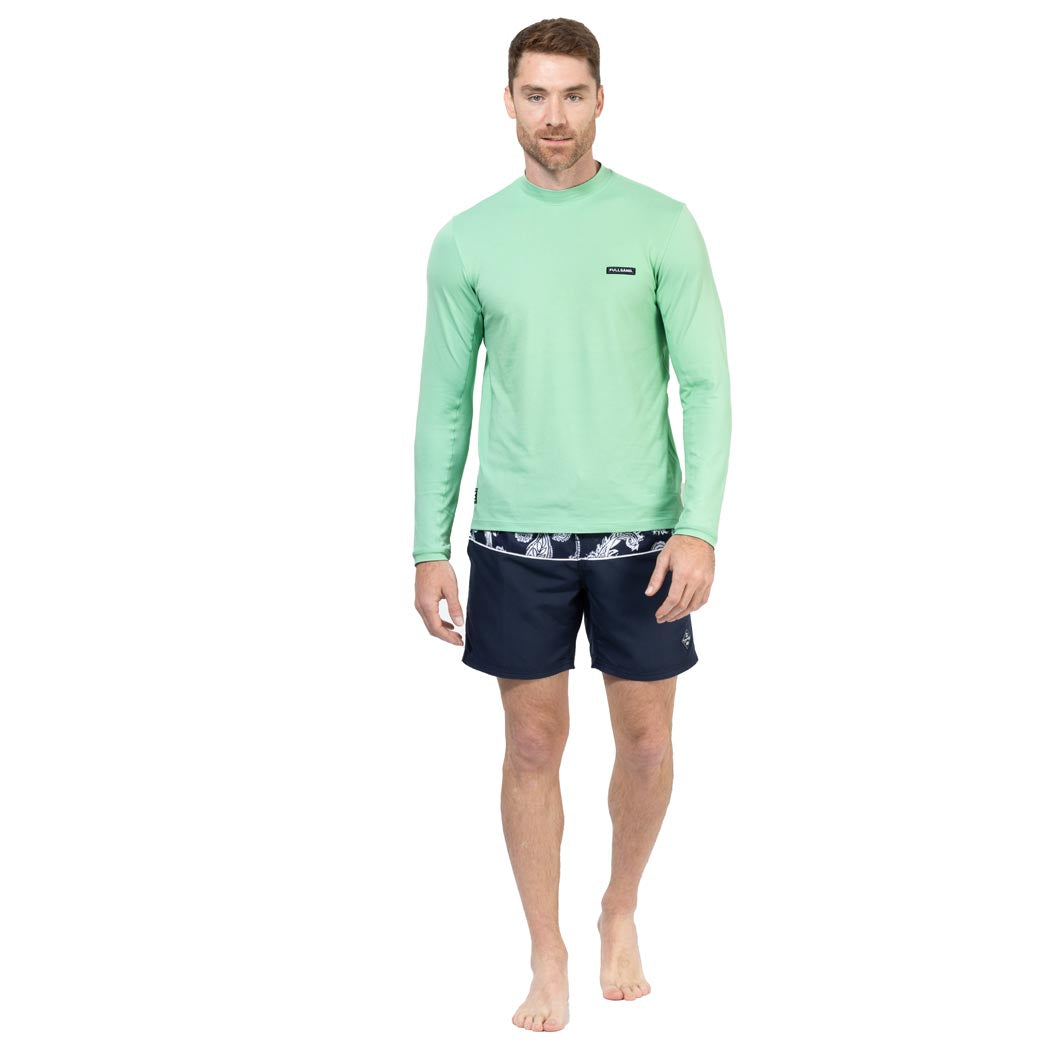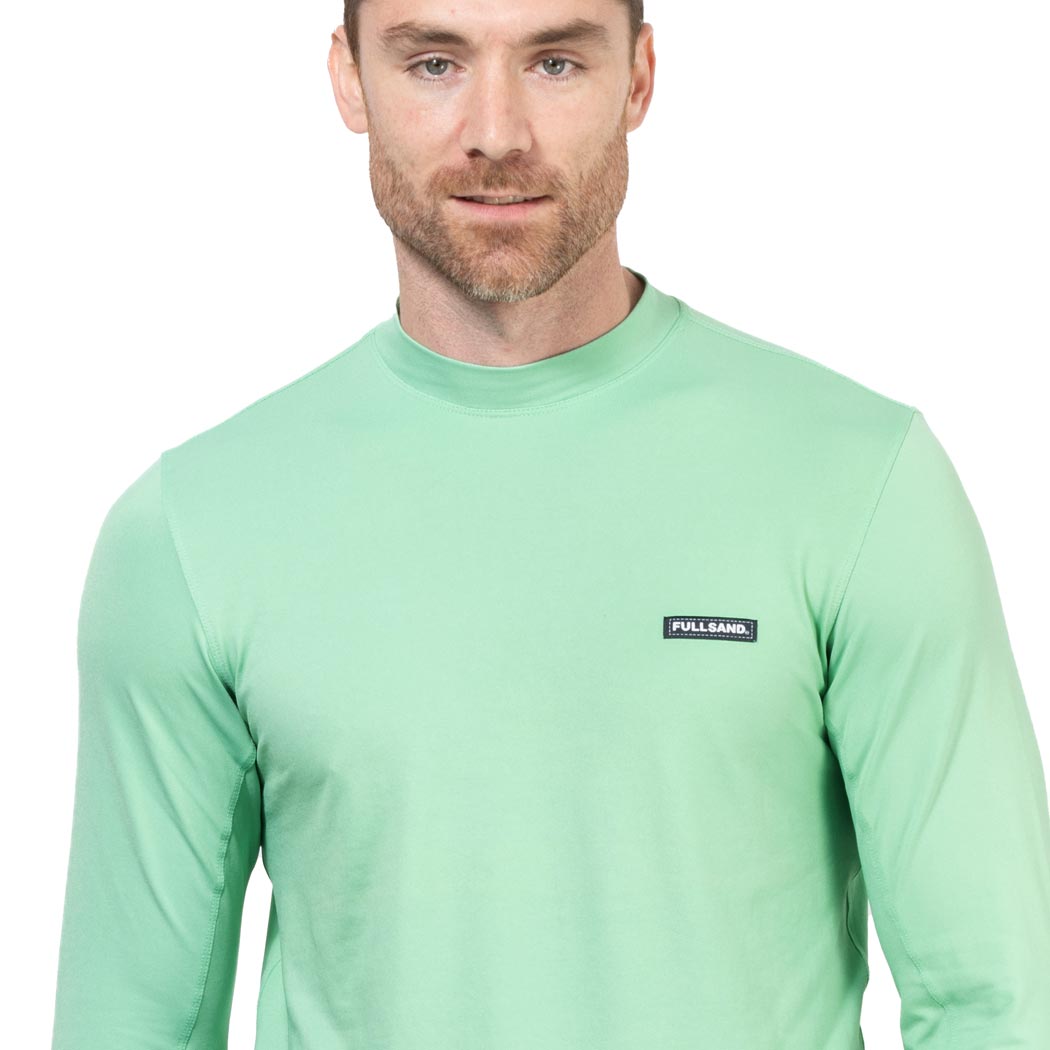"En FULLSAND sabemos que todos somos más felices bajo el sol, por eso creamos los mejores productos con protección solar certificados internacionalmente."
Cada día las condiciones del planeta están cambiando de manera radical y en Fullsand nos preocupa la salud y bienestar de las personas. Por tal motivo, buscamos brindar la mejor tecnología UPF50+ en nuestras prendas que están diseñadas para bloquear los rayos UV proporcionando una protección óptima contra los efectos dañinos del sol.
Fullsand es la única marca 360 que te ofrece todas las soluciones con protección solar para todas las edades, géneros, y cualquier tipo de actividad bajo el sol. Somos una marca que te garantiza el mejor estilo y calidad en todas nuestras prendas.
Nuestros productos están avalados Internacionalmente y Nacionalmente por:
¿Cómo funciona Nuestro Tejido UPF50+?
El entramado de las fibras debe ser lo suficientemente densas para ofrecer resistencia al paso del sol. Las siglas UPF Ultraviolet Protection Factor es una calificación que indica la cantidad de radiación que bloquea la prenda.
La máxima calificación es UPF 50+ significa que bloquea más del 98% de los rayos UVA y UVB.
Nuestros tejidos UPF 50+ son ligeros, suaves transpirables, de secado rápido, diseñados para mantenerte protegido en todas tus actividades al aire libre.
Enjoy the sun safely
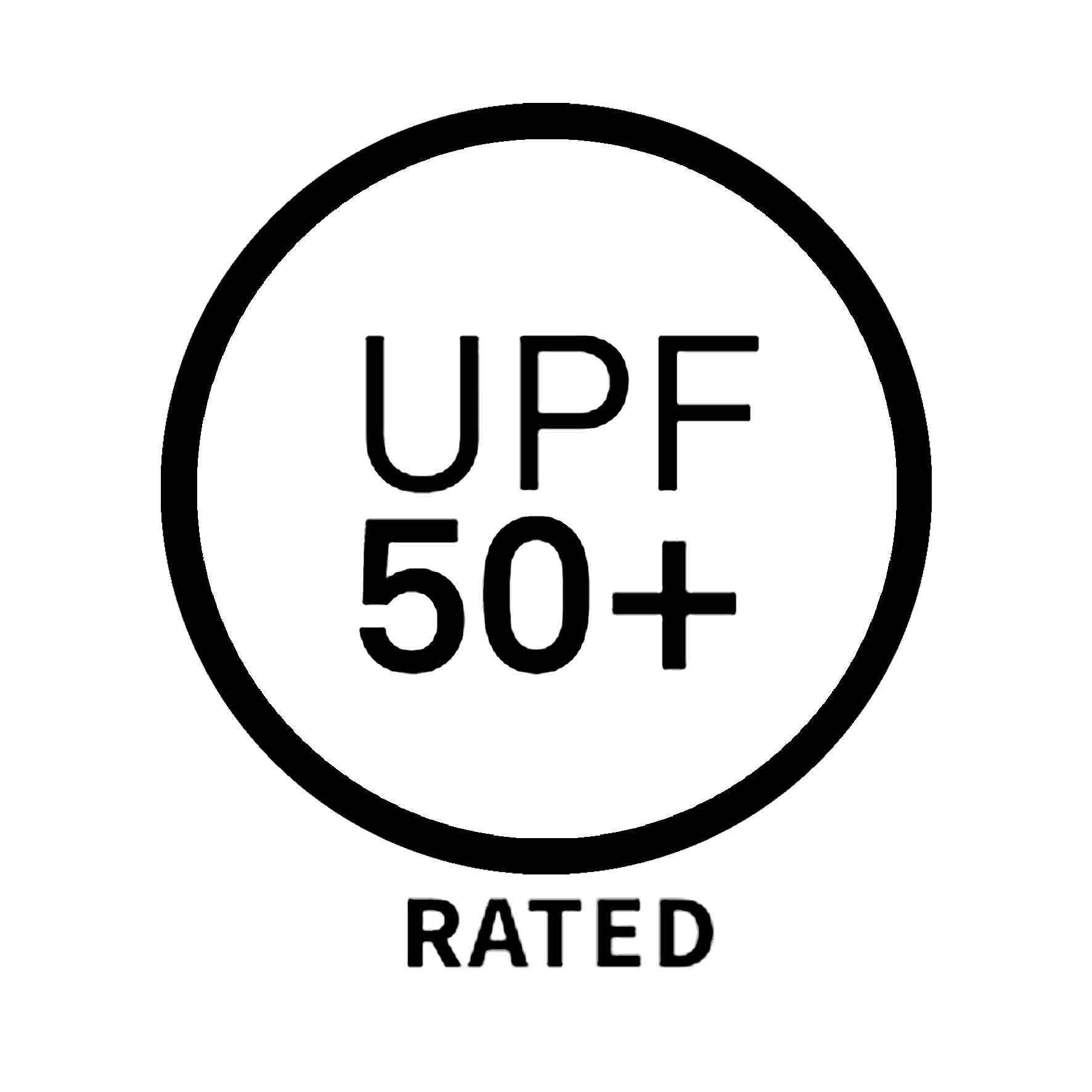
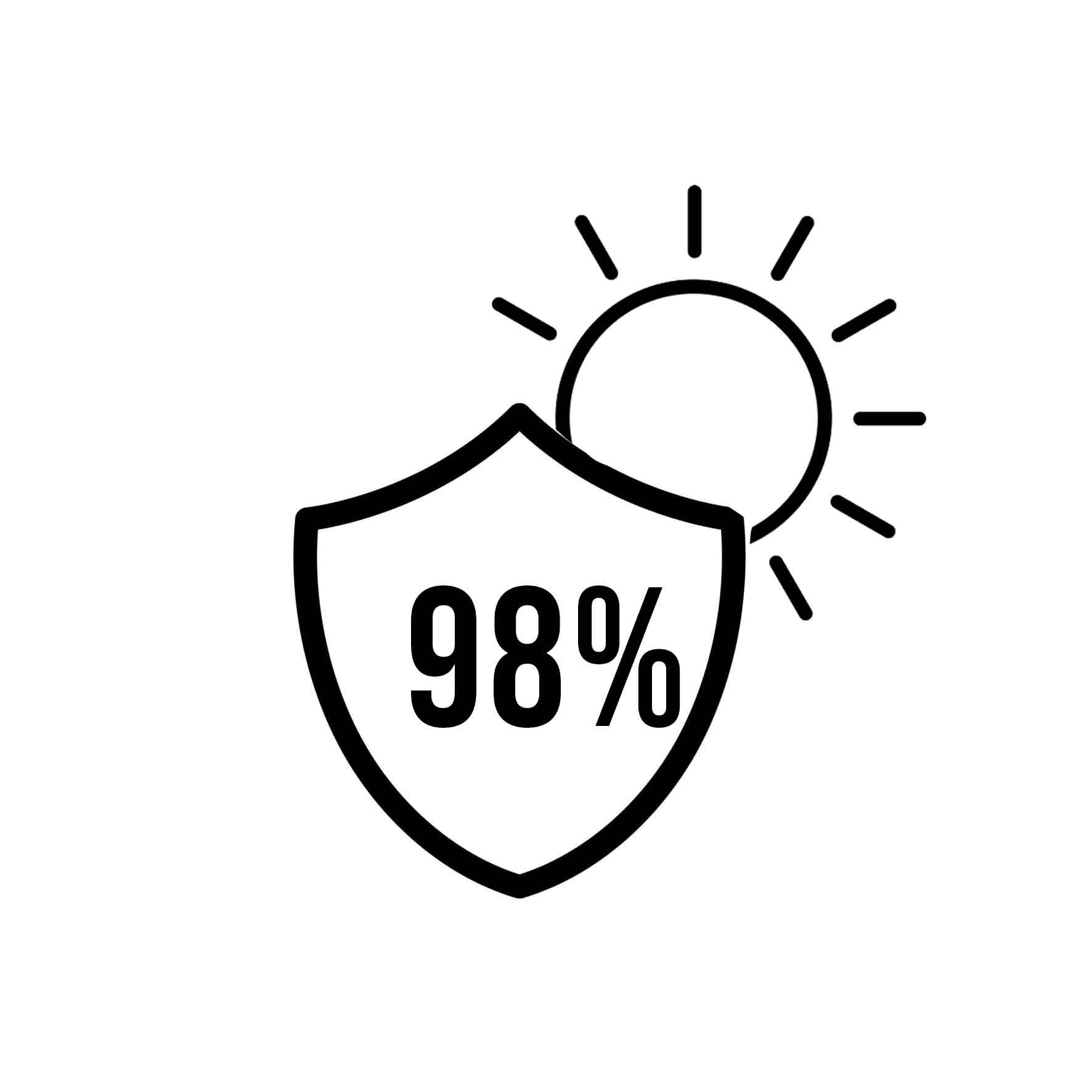

¿Qué causa el cáncer de piel?
La exposición a los rayos UV es un poderoso ataque a la piel. Crea daños que pueden ir desde arrugas prematuras hasta un peligroso cáncer de piel.
El daño de la exposición a los rayos UV es acumulativo y aumenta el riesgo de cáncer de piel con el tiempo. Si bien, el cuerpo puede reparar parte del daño del ADN en las células de la piel, pero no puede repararlo todo especialmente después de varios años siendo expuesto al sol.
El cáncer de piel ocurre cuando se producen mutaciones en el ADN de las células de la piel. Las mutaciones ocasionan un crecimiento fuera de control de las células y la formación de una masa de células cancerosas.
Factores que pueden aumentar el riesgo de sufrir cáncer de piel:
- Exposición a la luz ultravioleta(UV).
Cualquier persona que pase un tiempo considerable expuesto al sol puede desarrollar cáncer de piel, especialmente si la piel no está protegida con protección solar o cubierta.
- Piel clara o sensible.
Tener menos melanina en la piel proporciona menos protección contra la radiación UV perjudicial. Si tienes cabello rubio o pelirrojo, ojos claros y pecas o te quemas fácilmente con el sol, es más probable que desarrolles cáncer de piel, que una persona con piel más oscura.
- Lunares y manchas en la piel.
Lunares atípicos, que parecen irregulares y generalmente son más grandes que los lunares normales, tienen más probabilidad de convertirse en cancerígenas. Si tienes antecedentes de lunares atípicos, monitoréalos regularmente para ver si presentan cambios.
Se estima que 7,990 personas morirán de melanoma en 2023. De ellas, 5,420 serán hombres y 2,570 serán mujeres.
